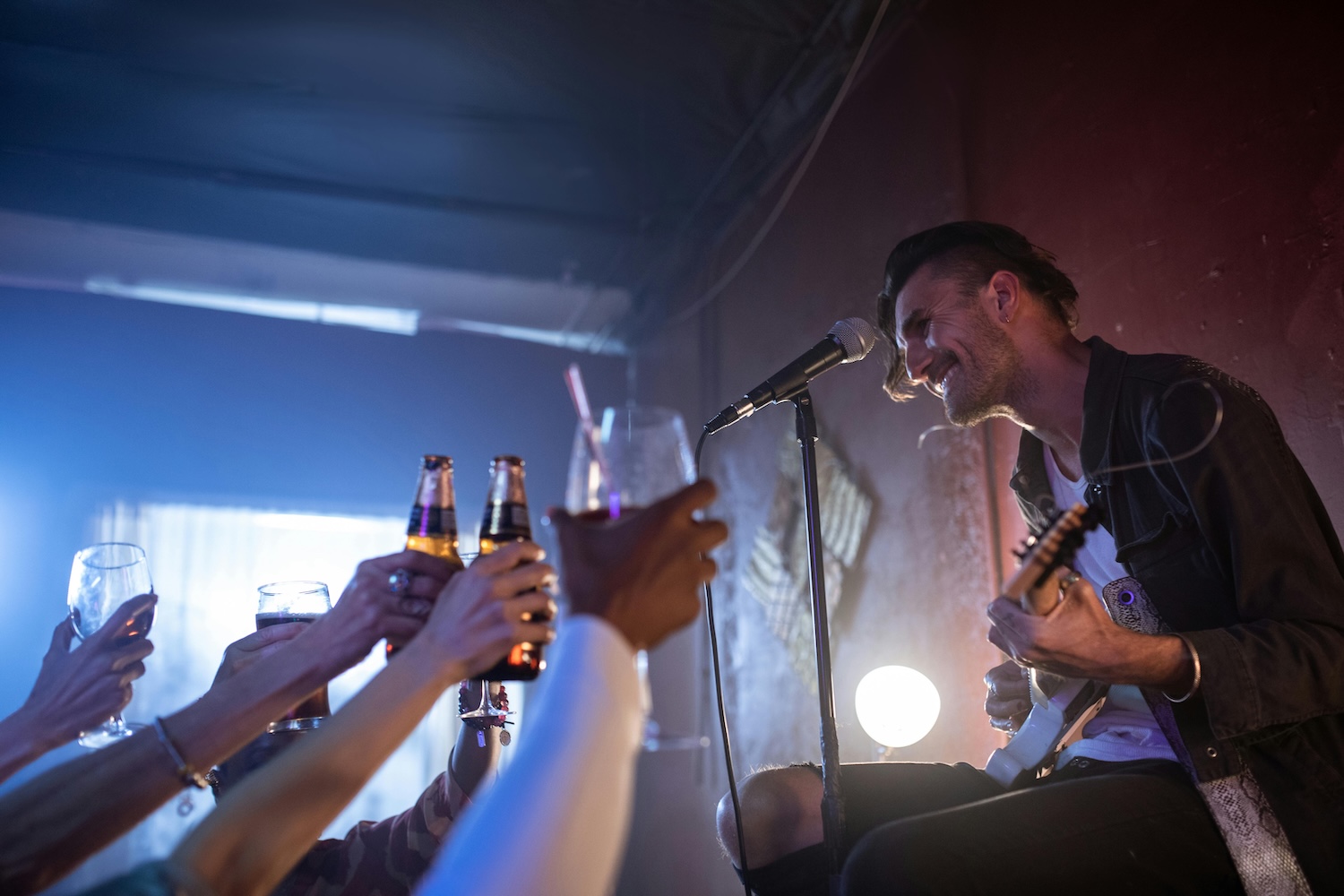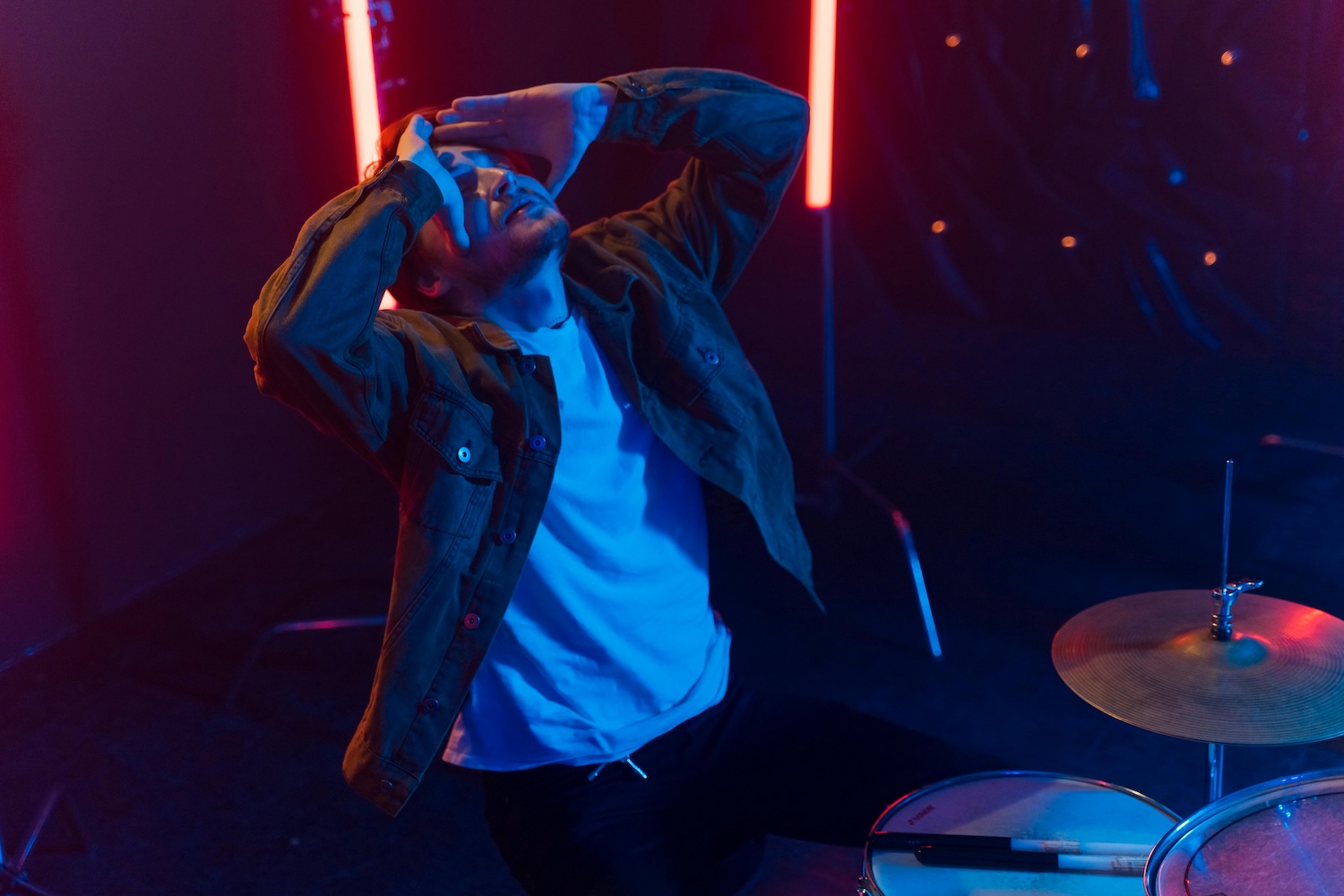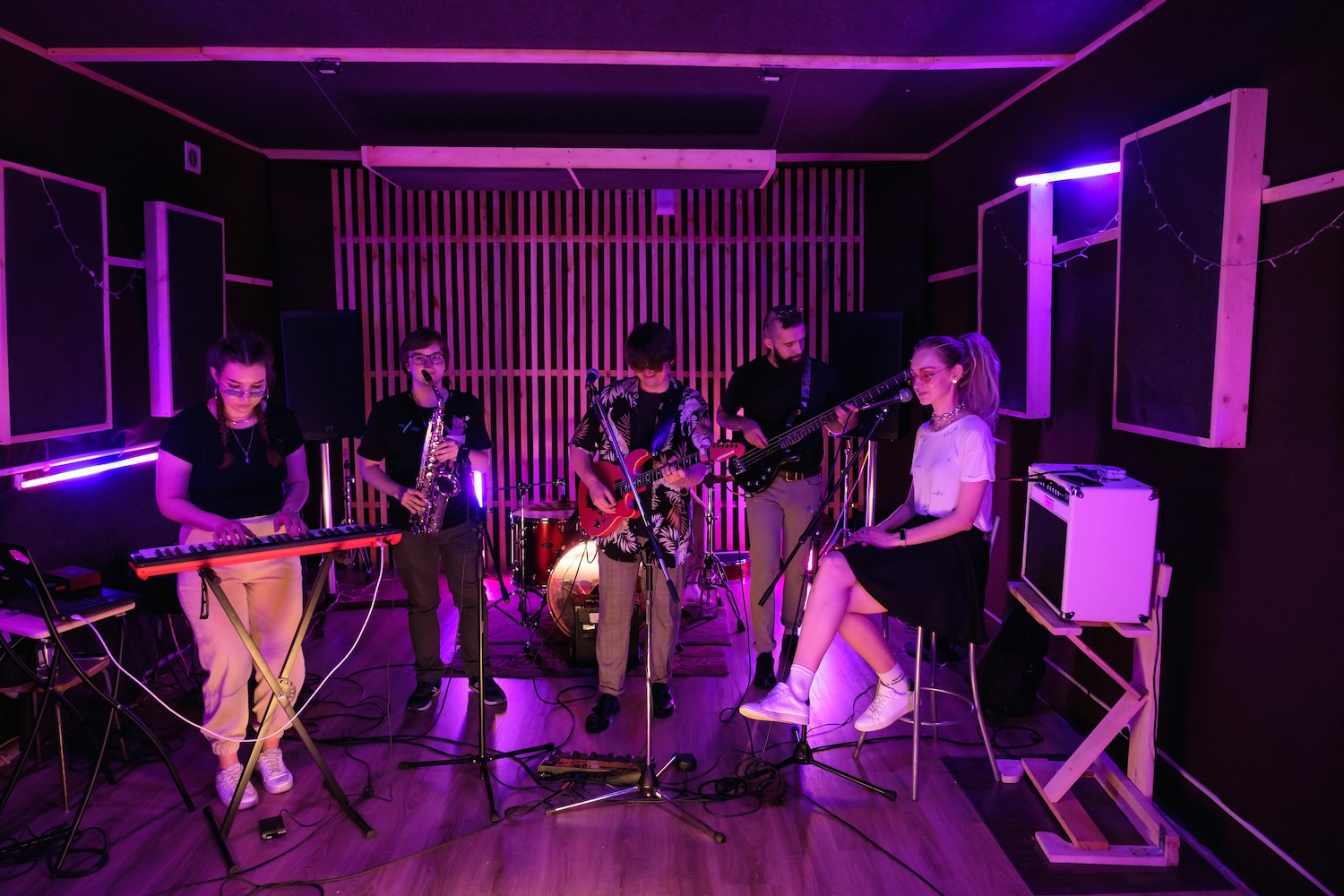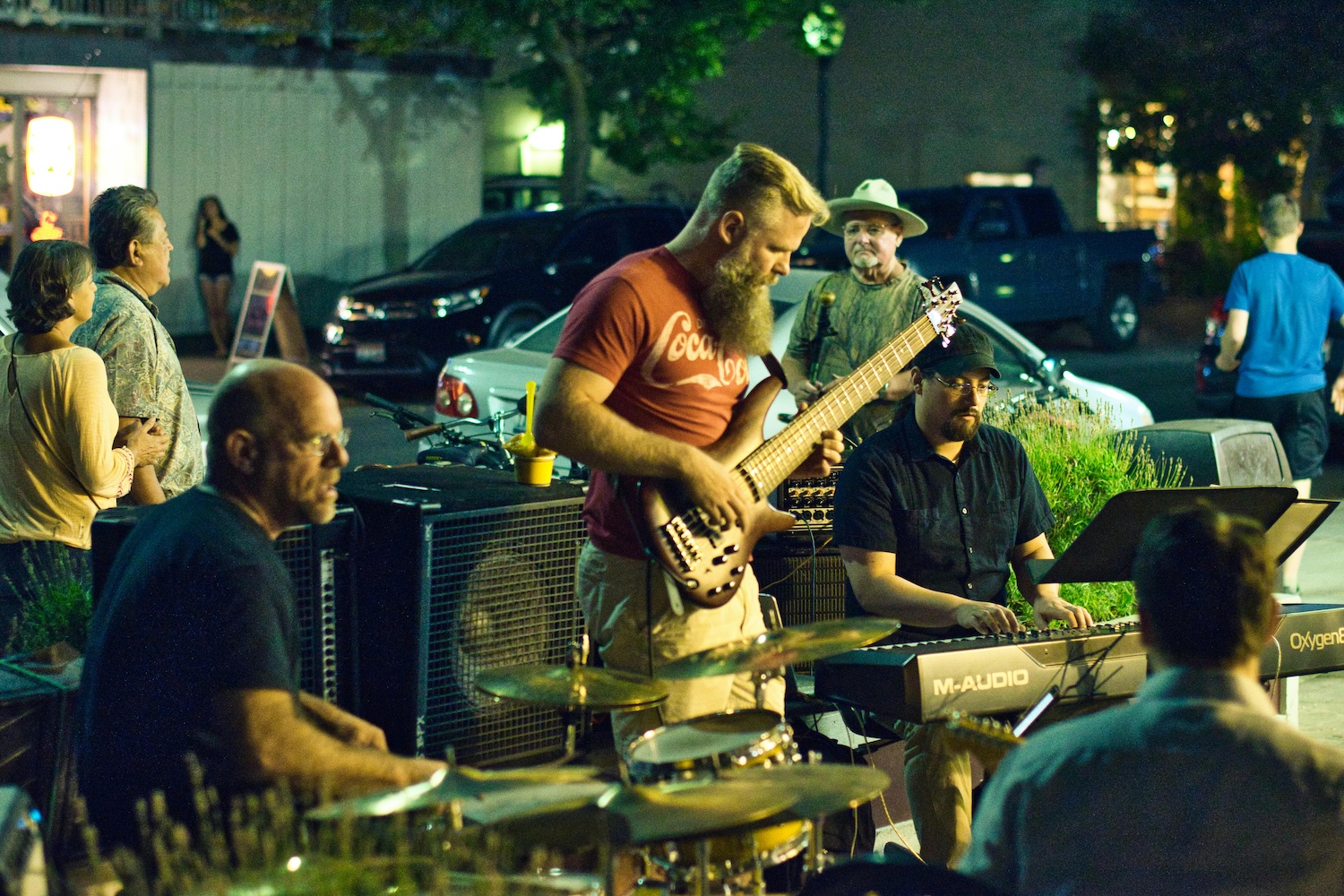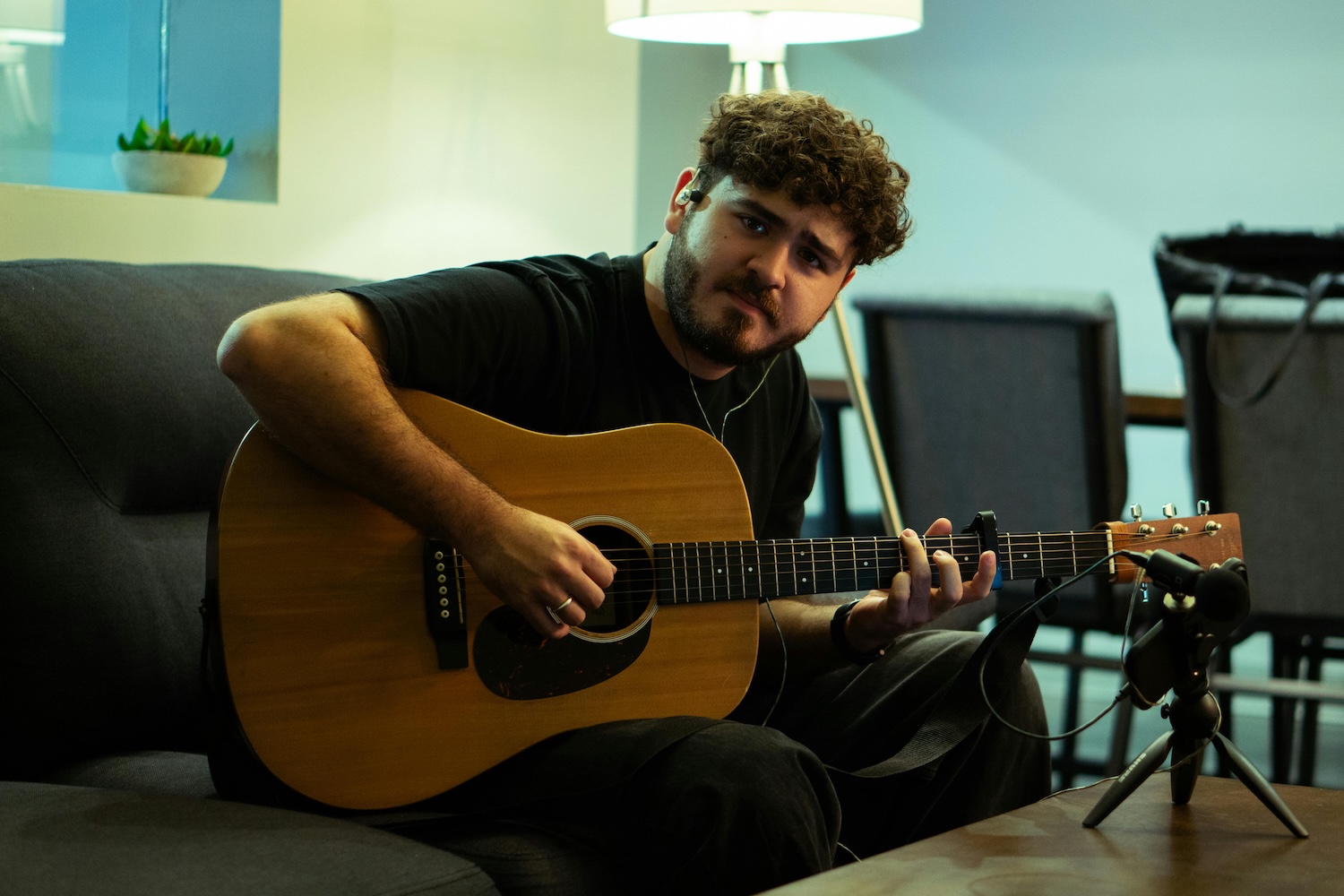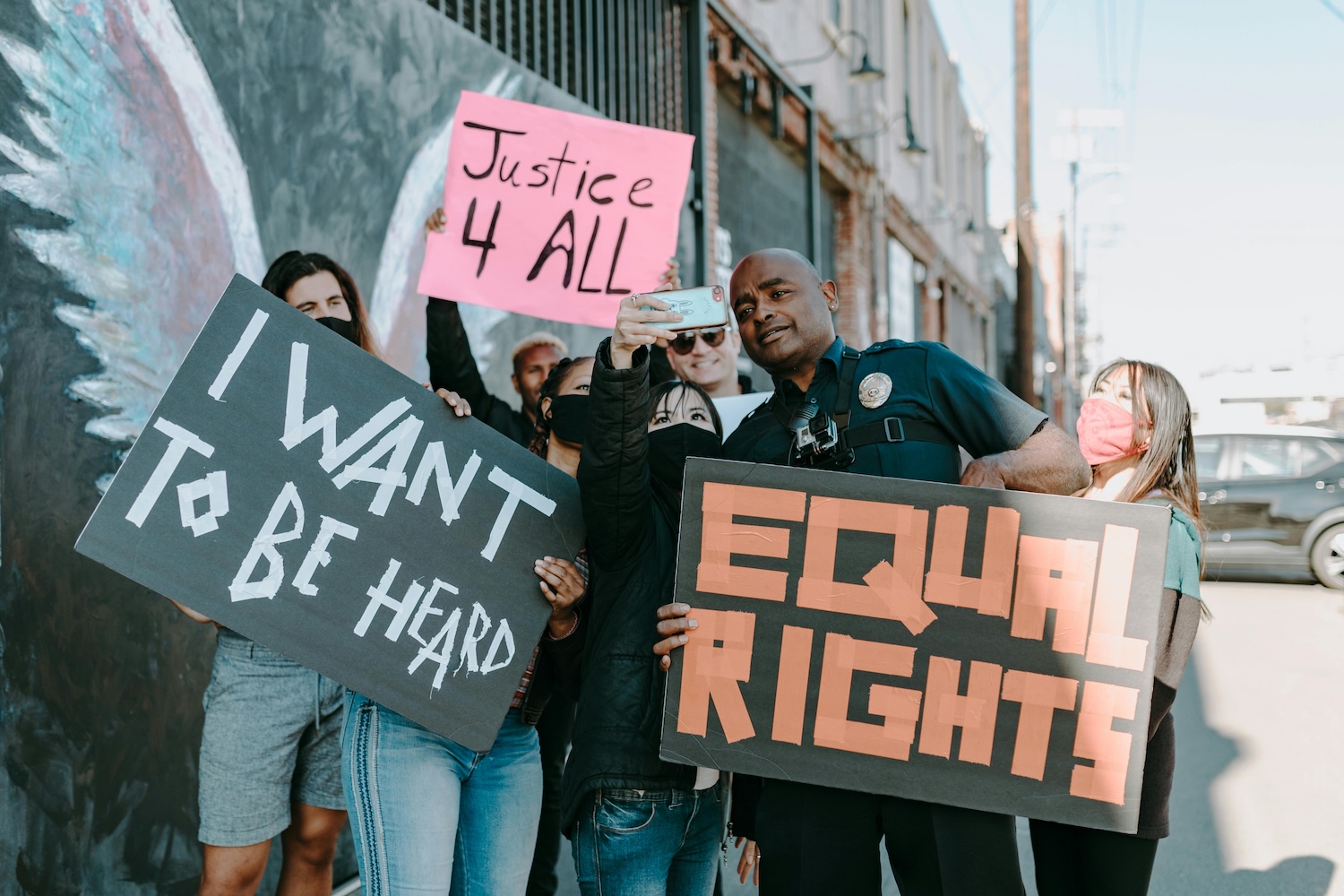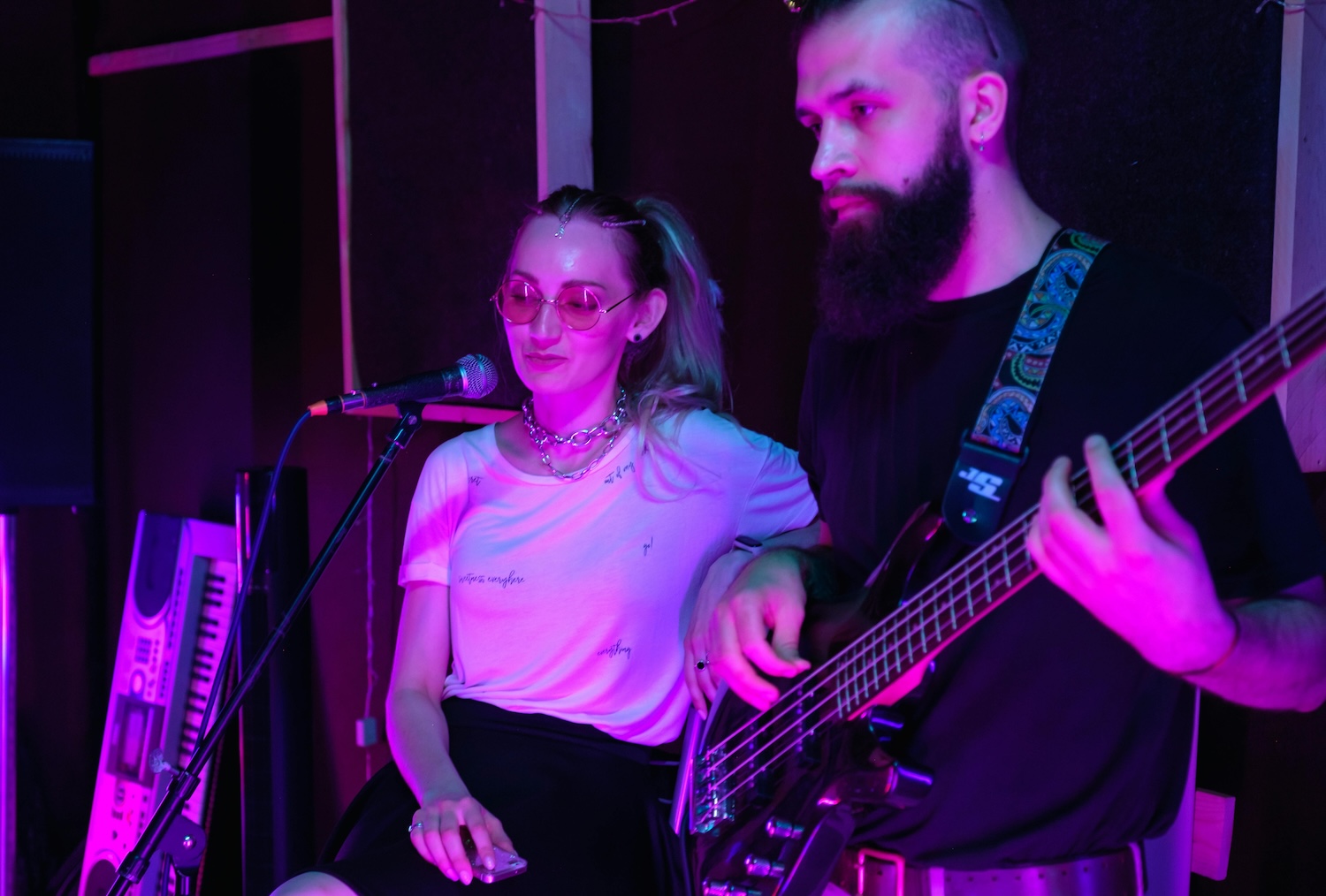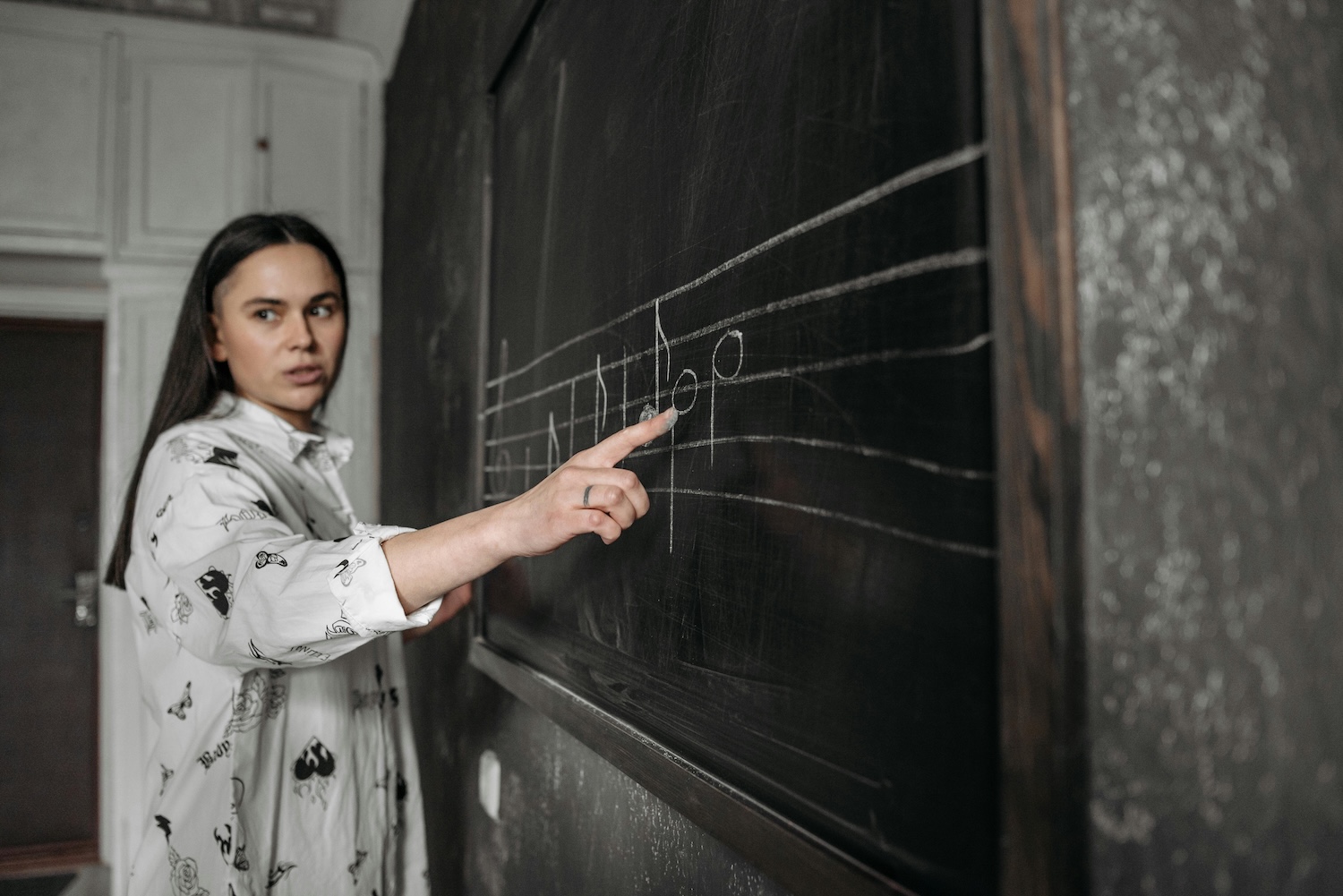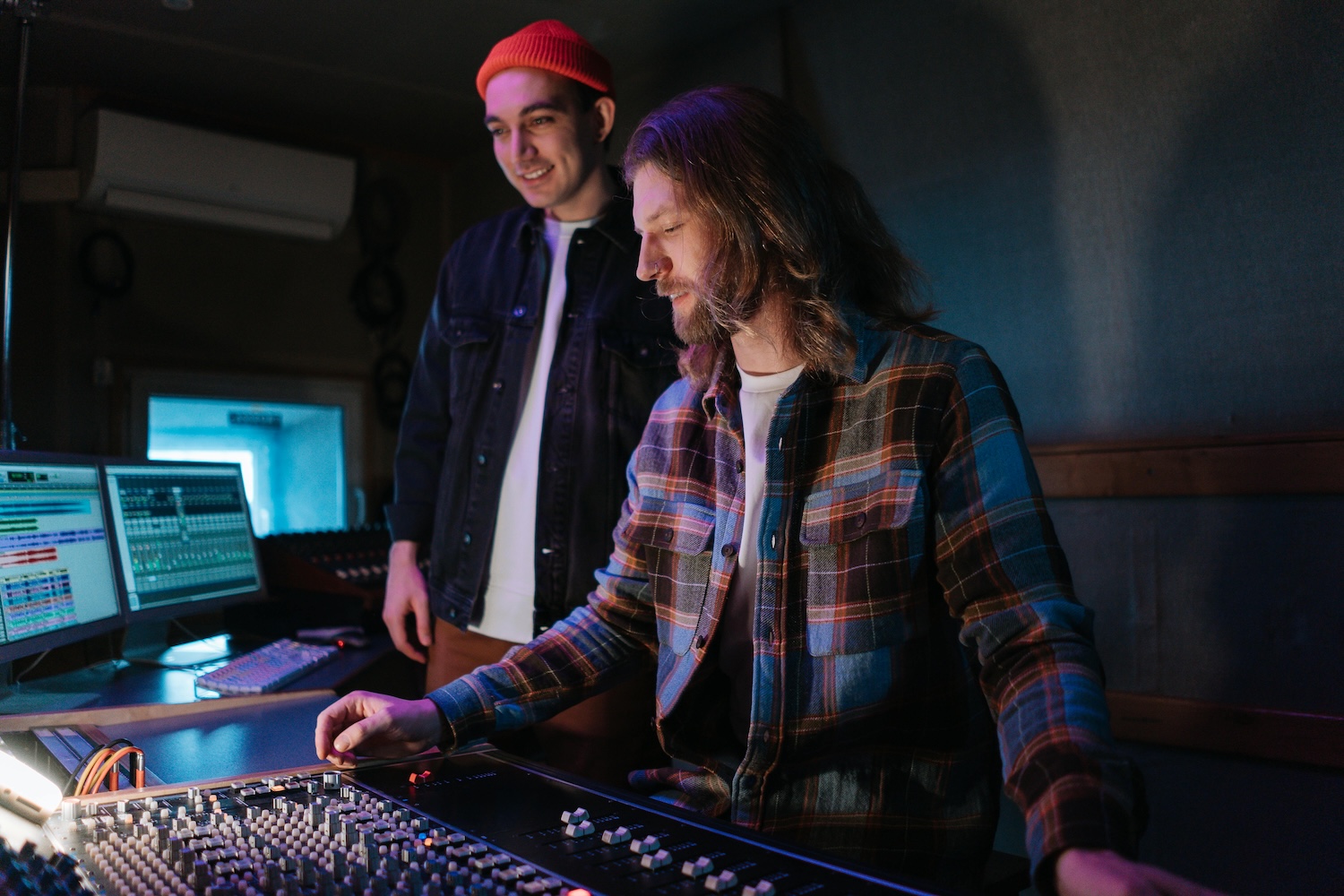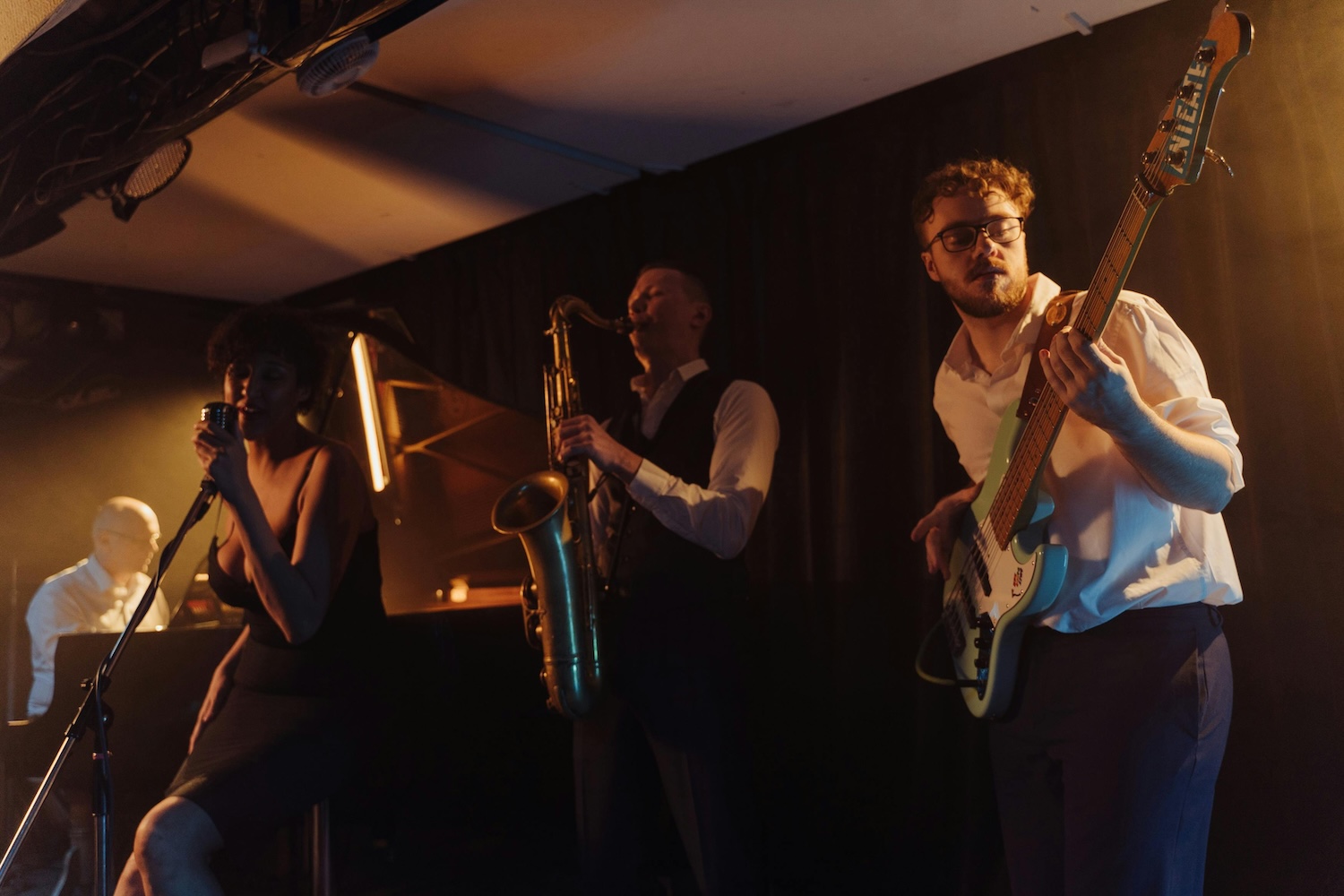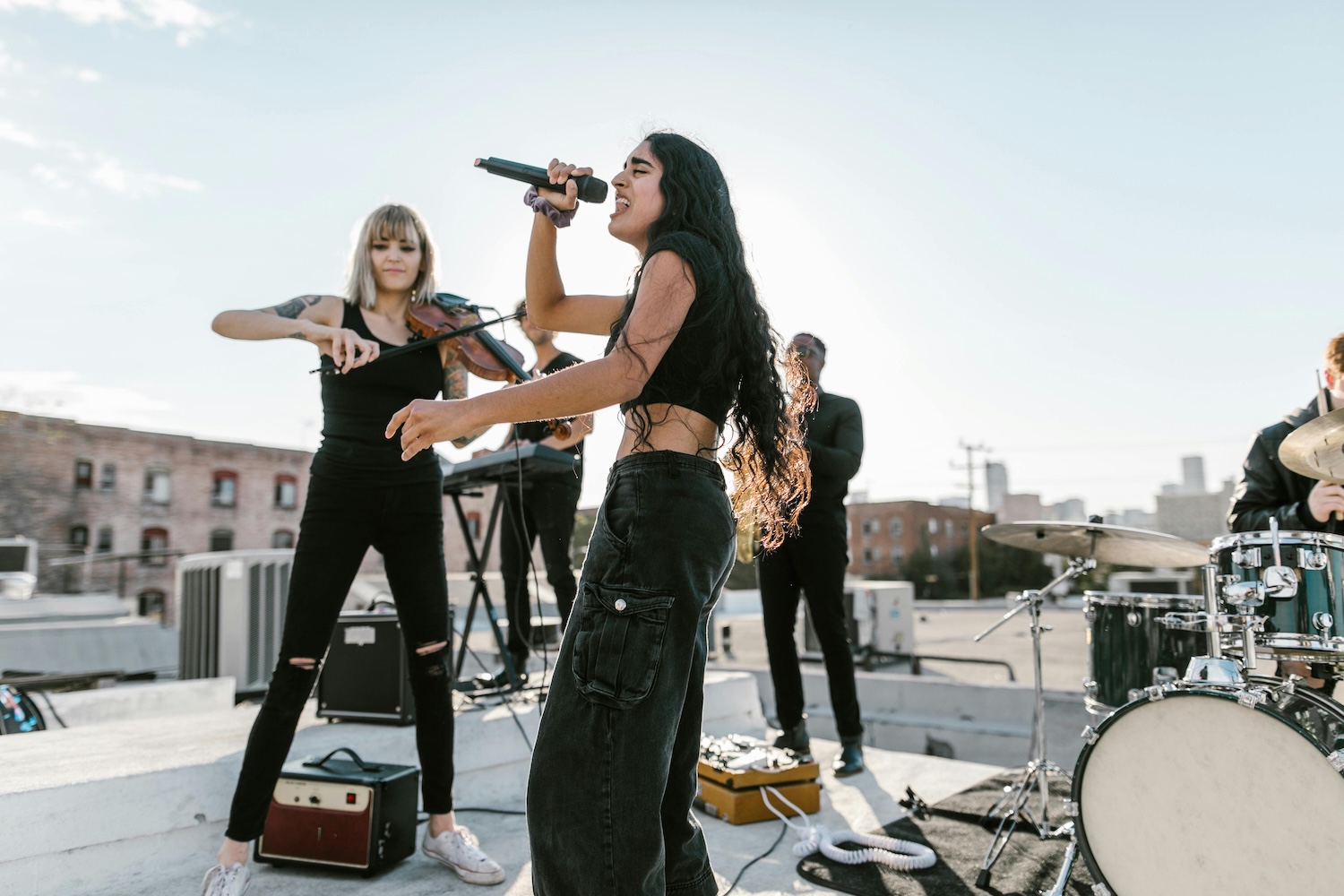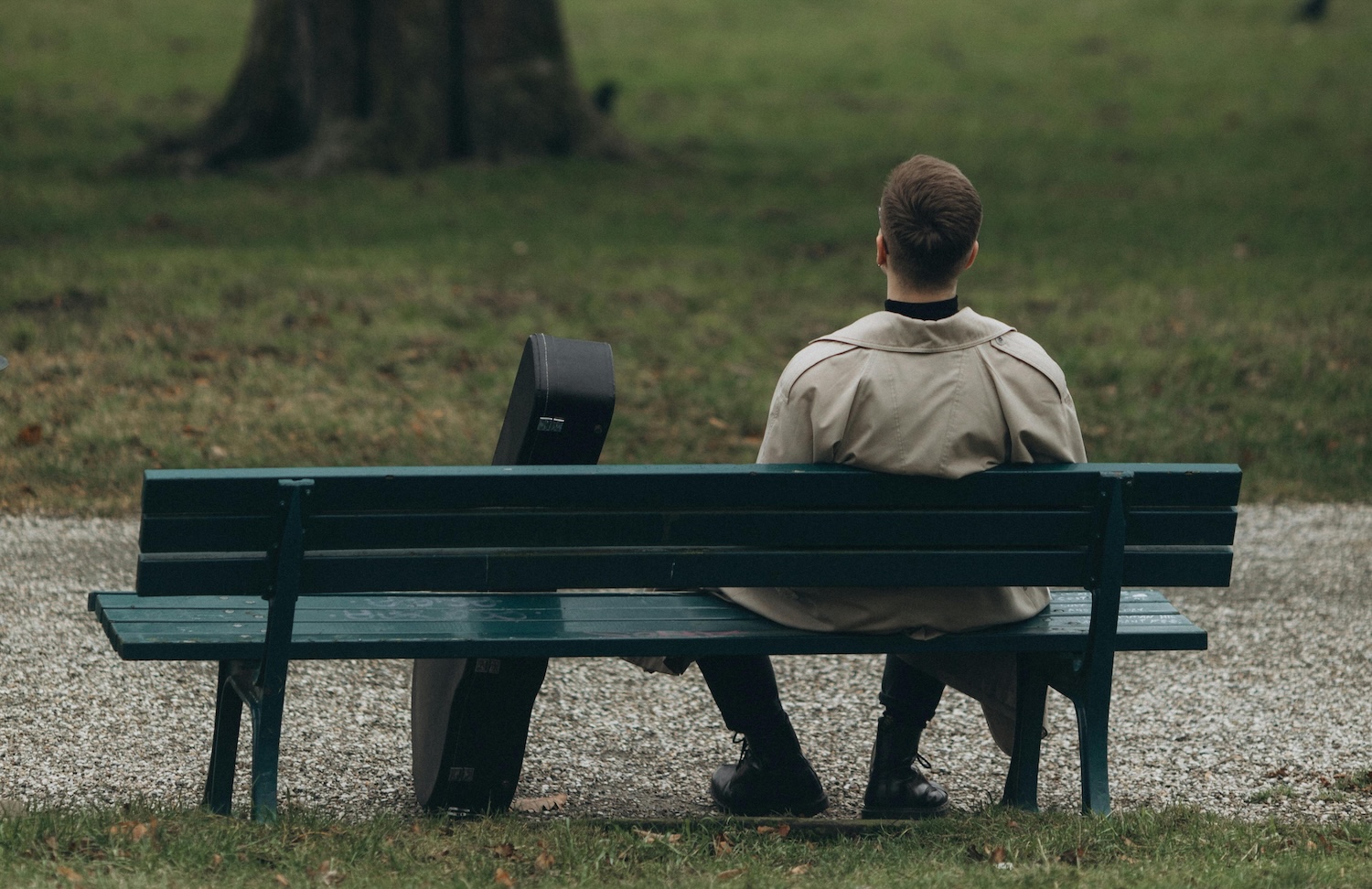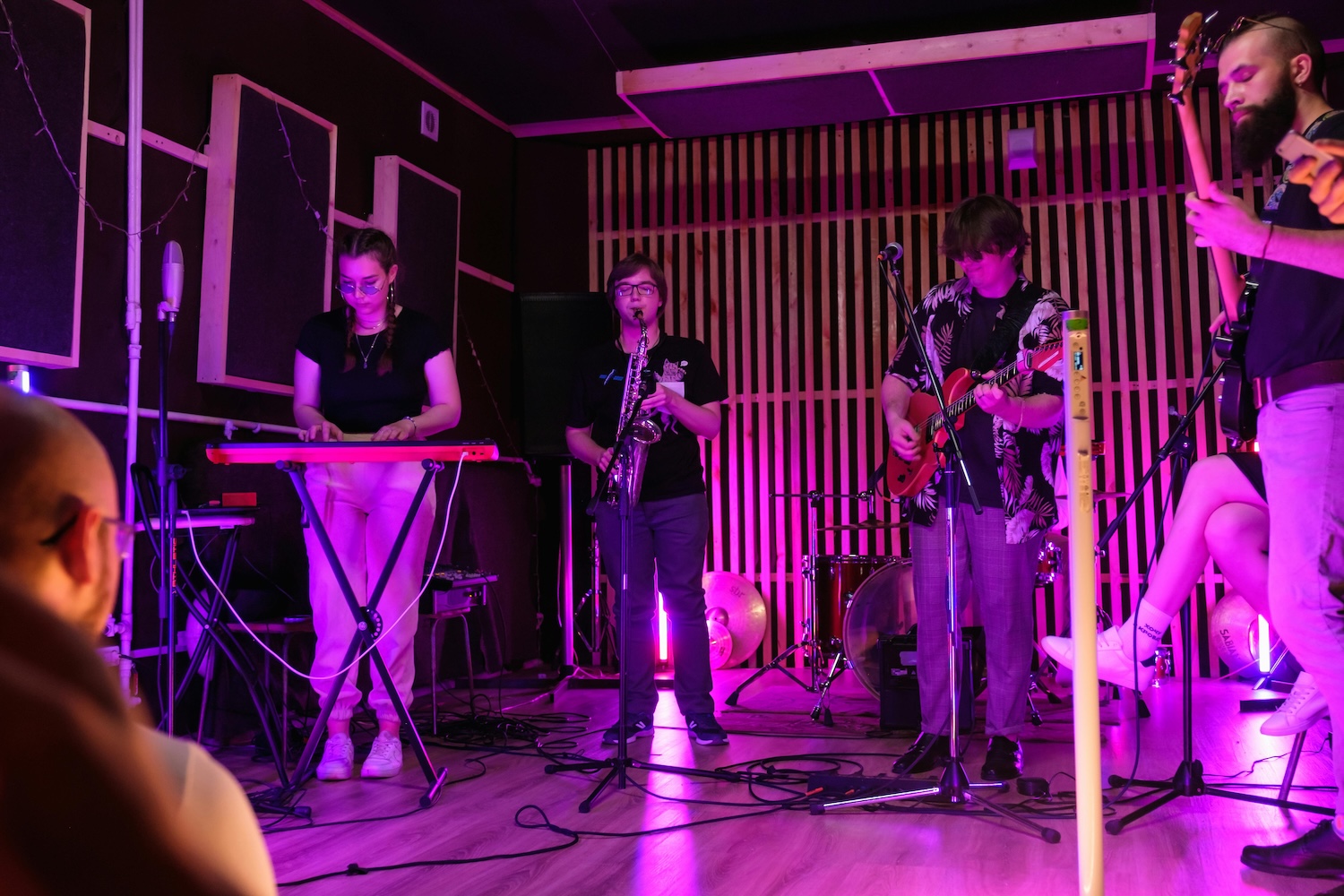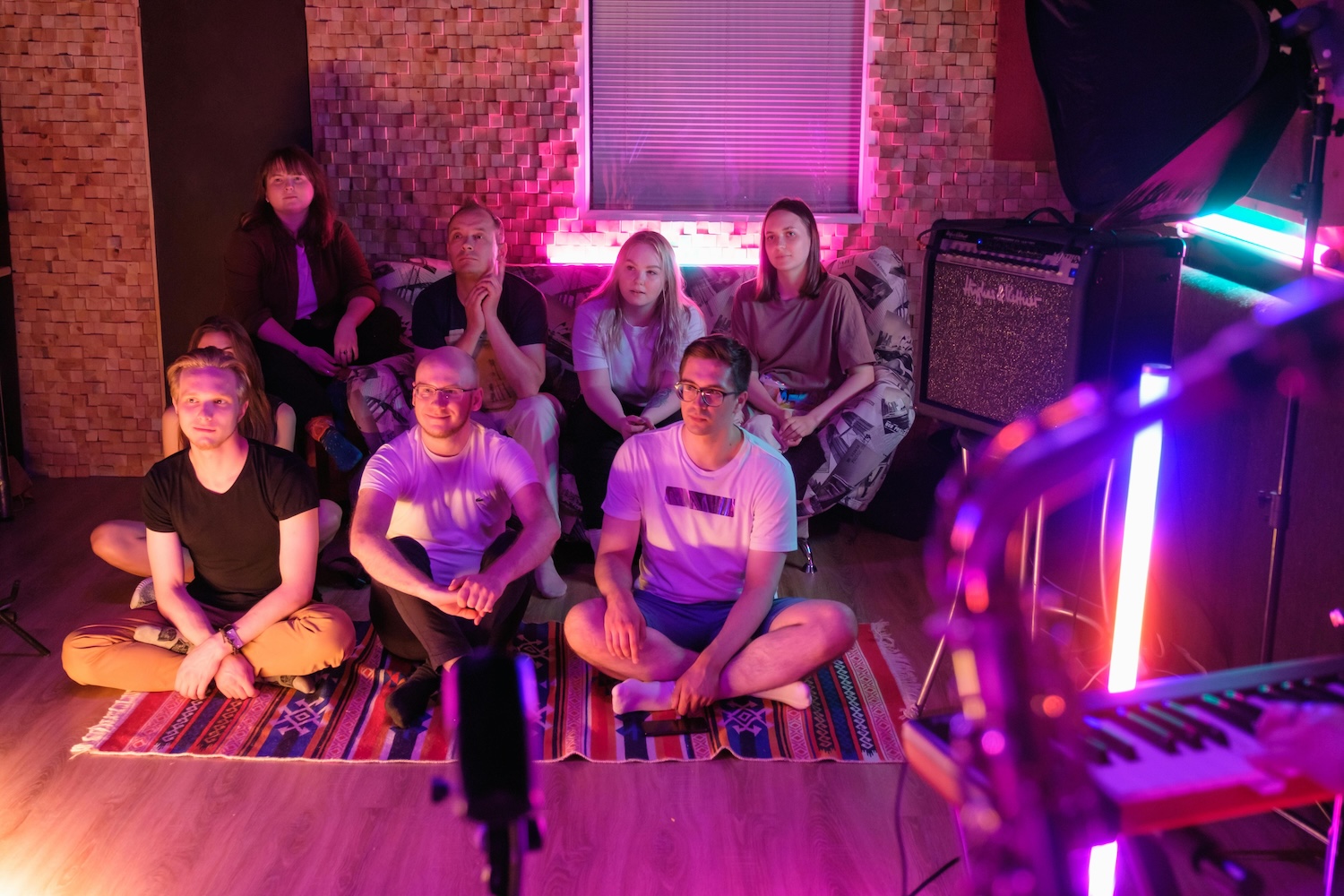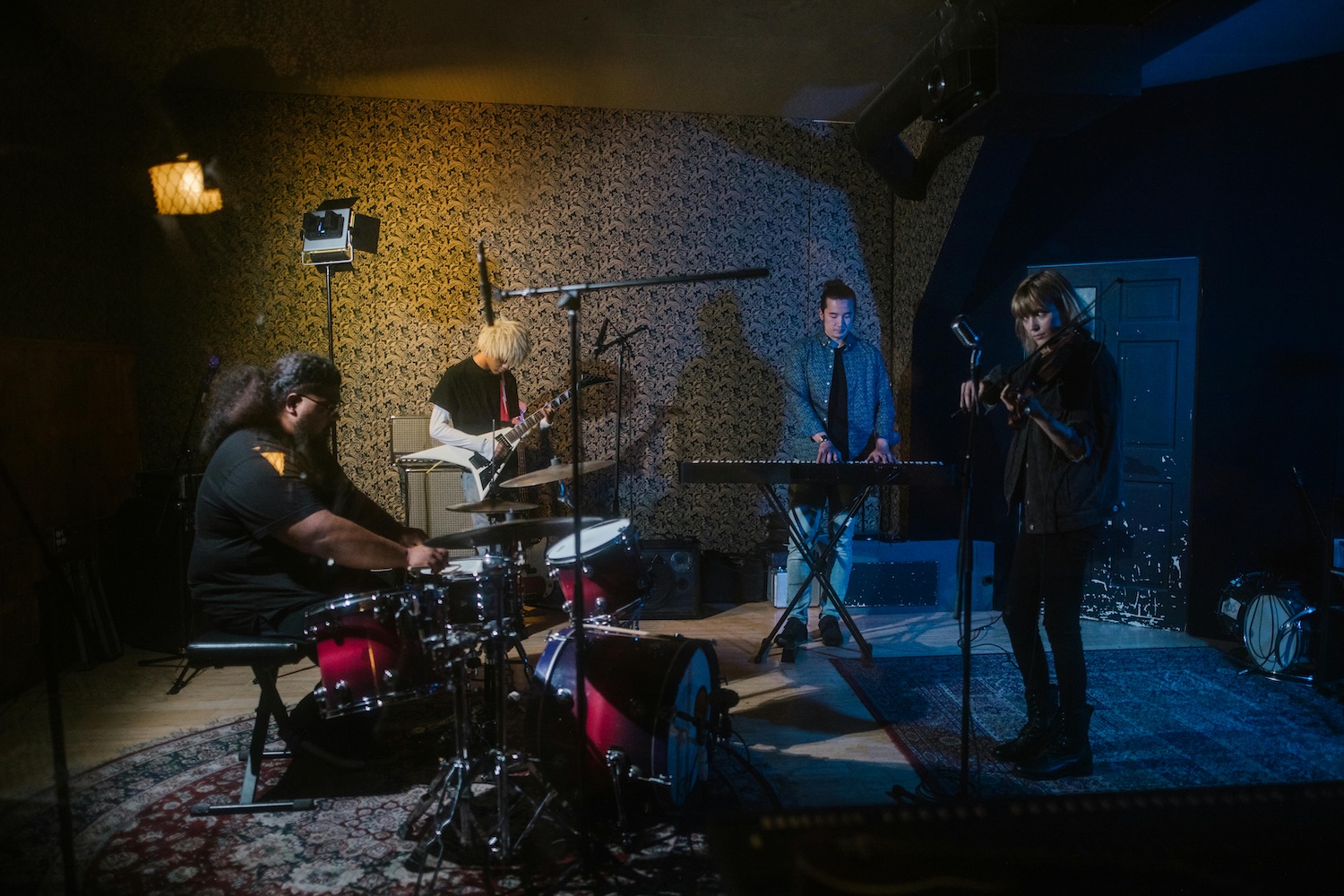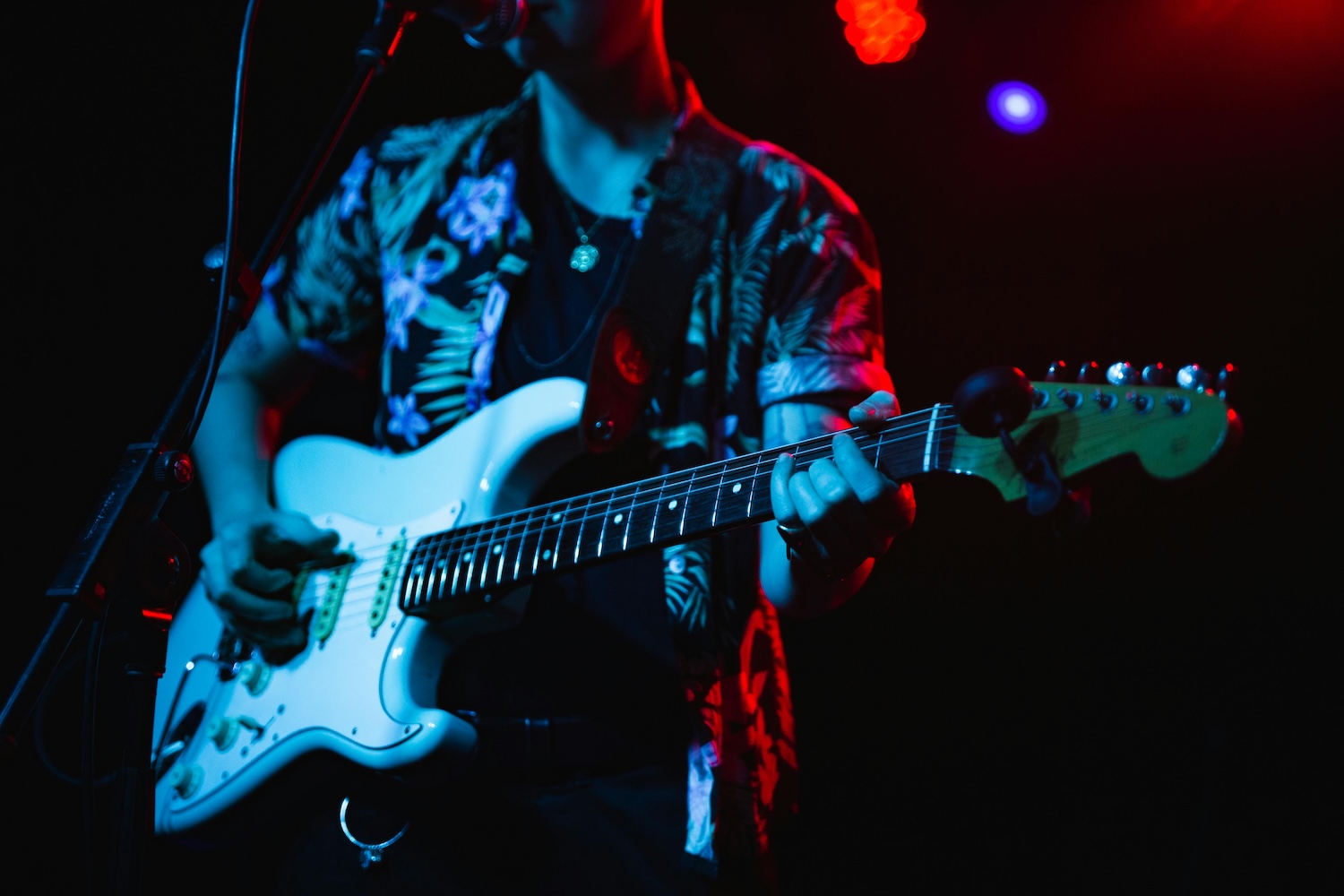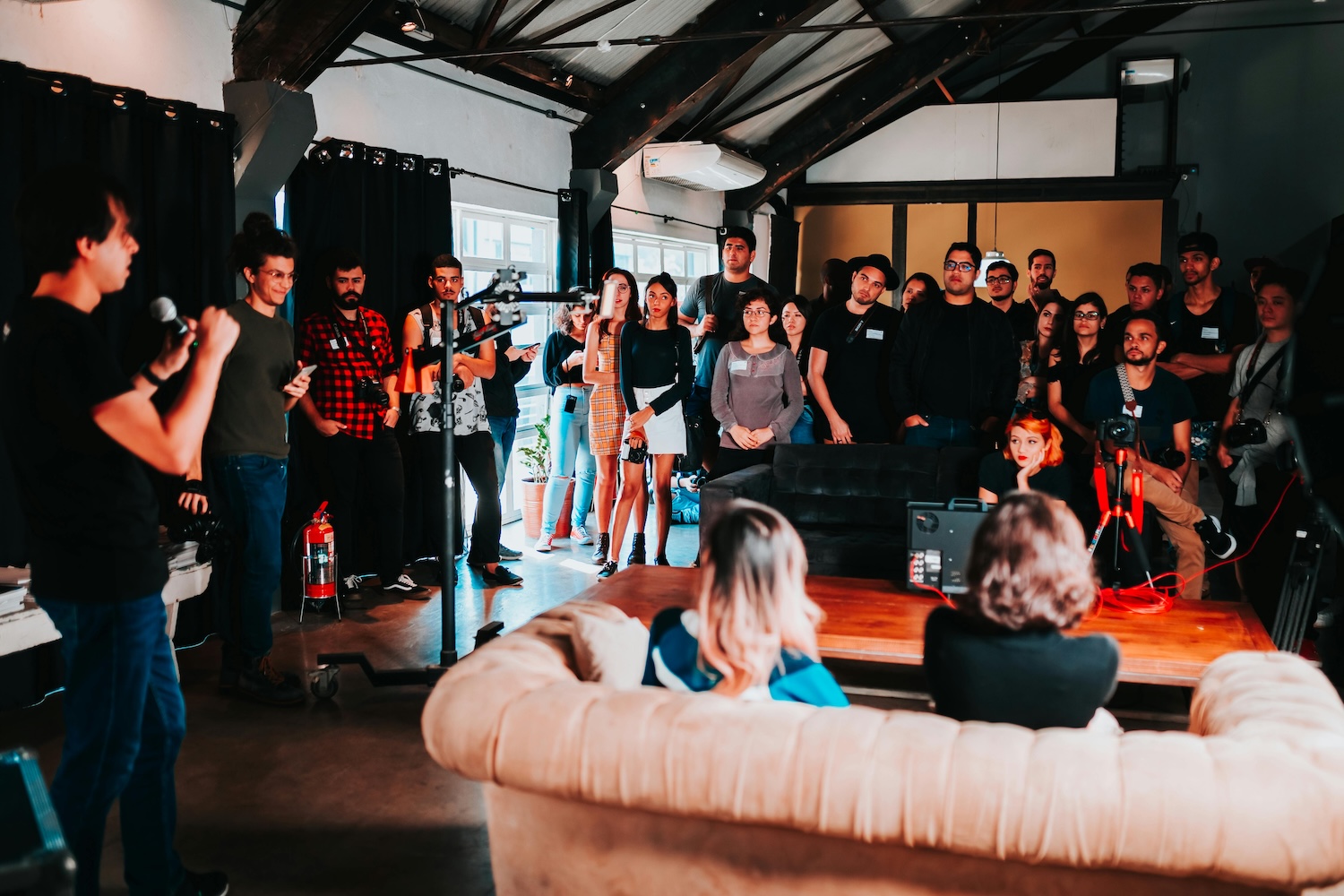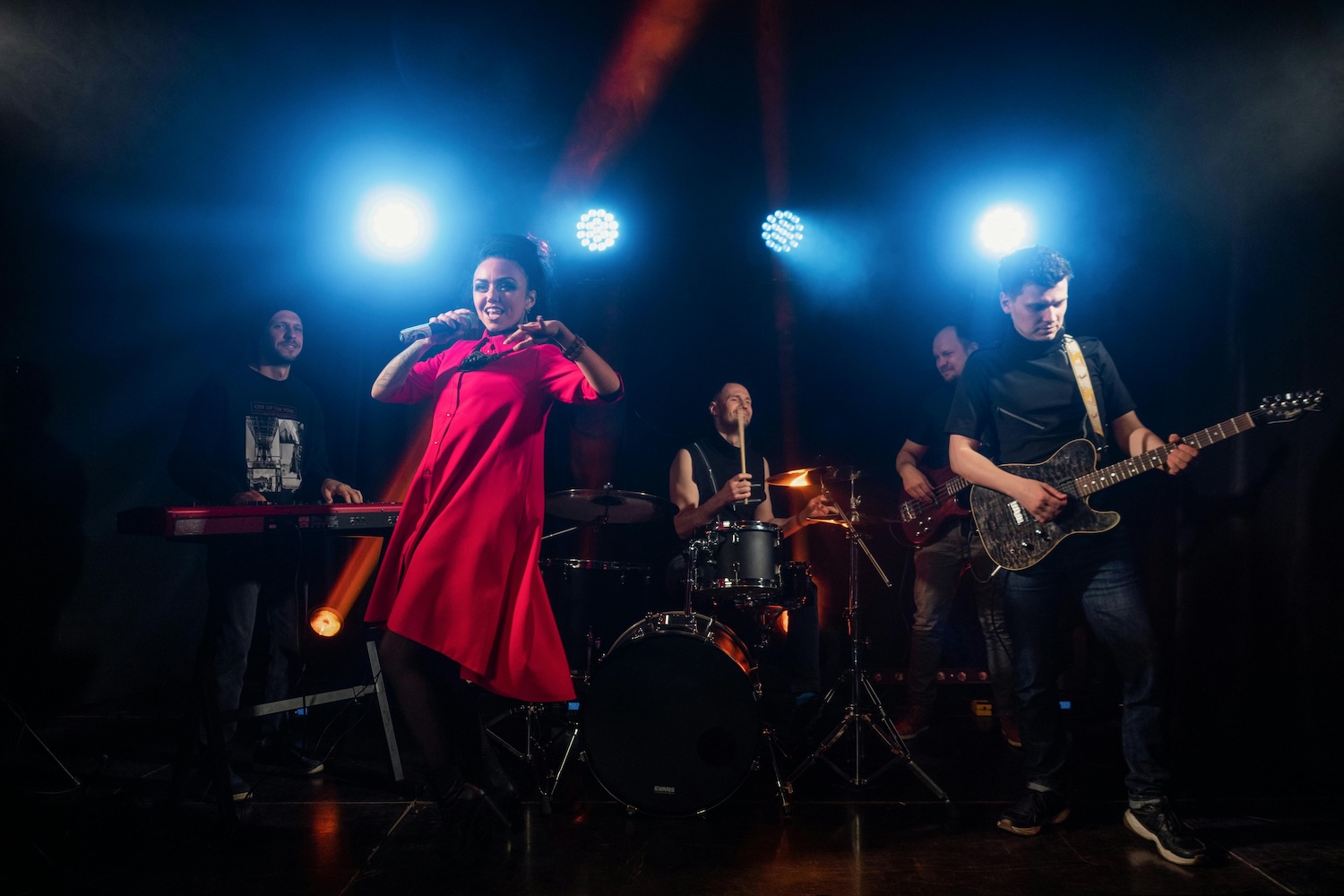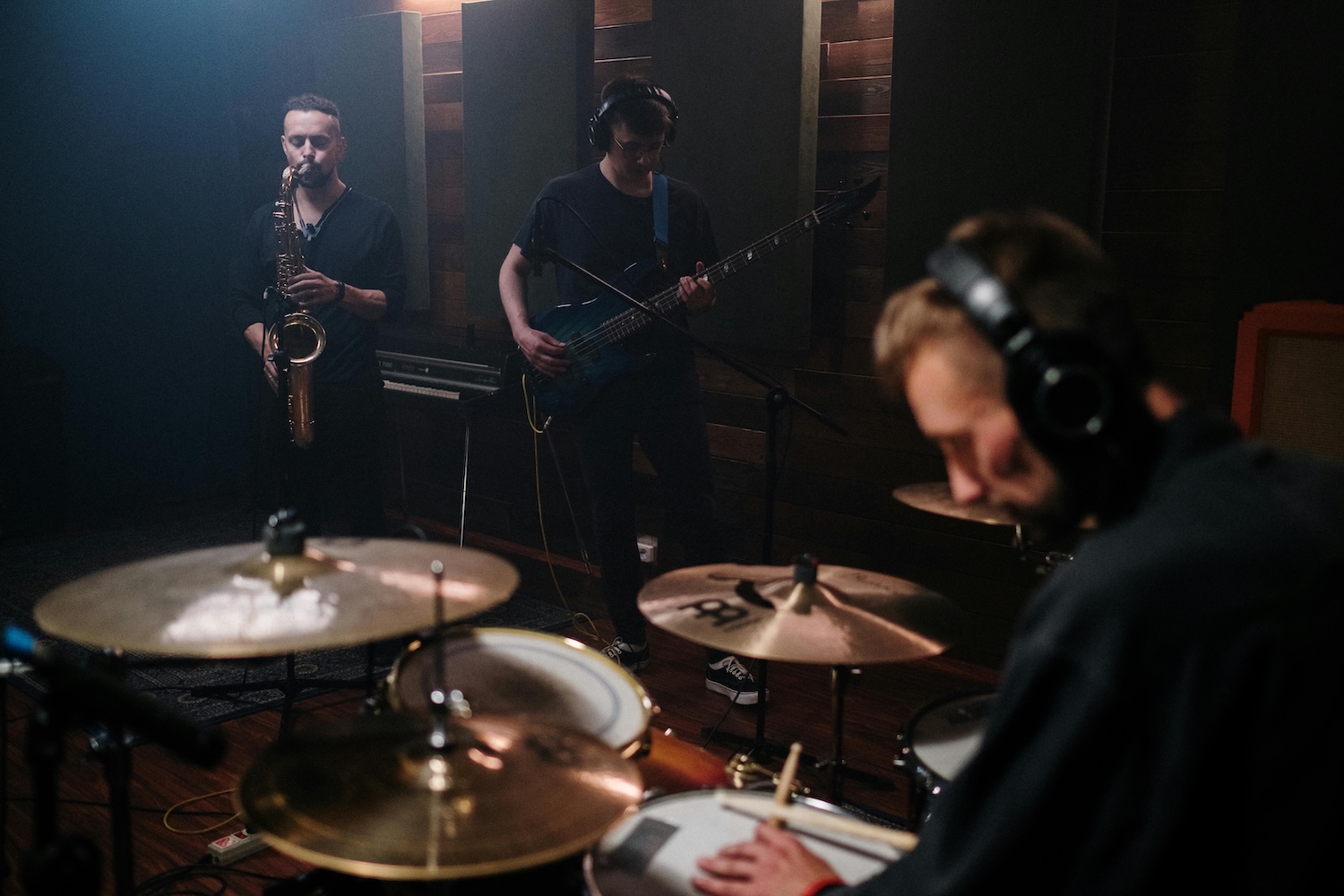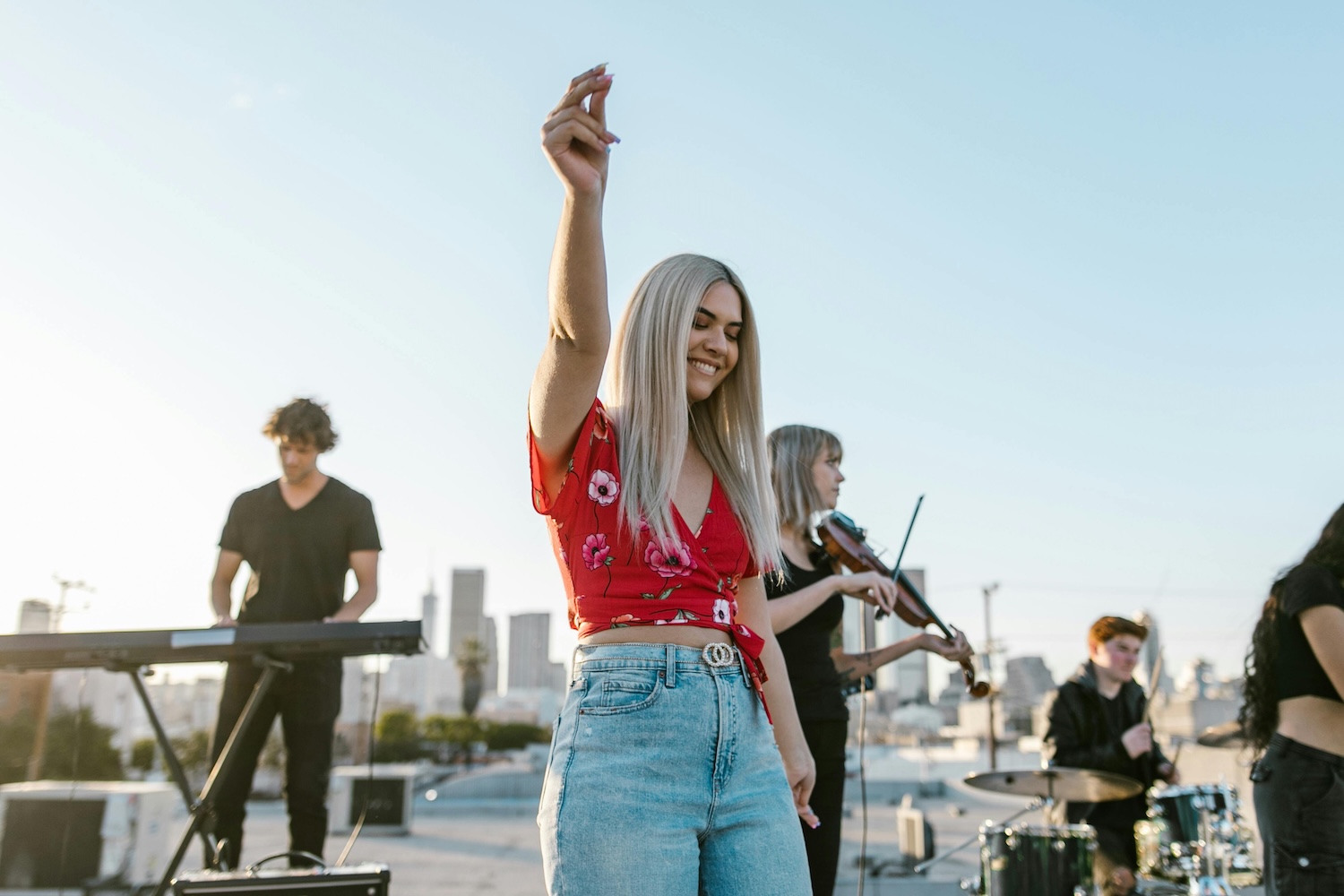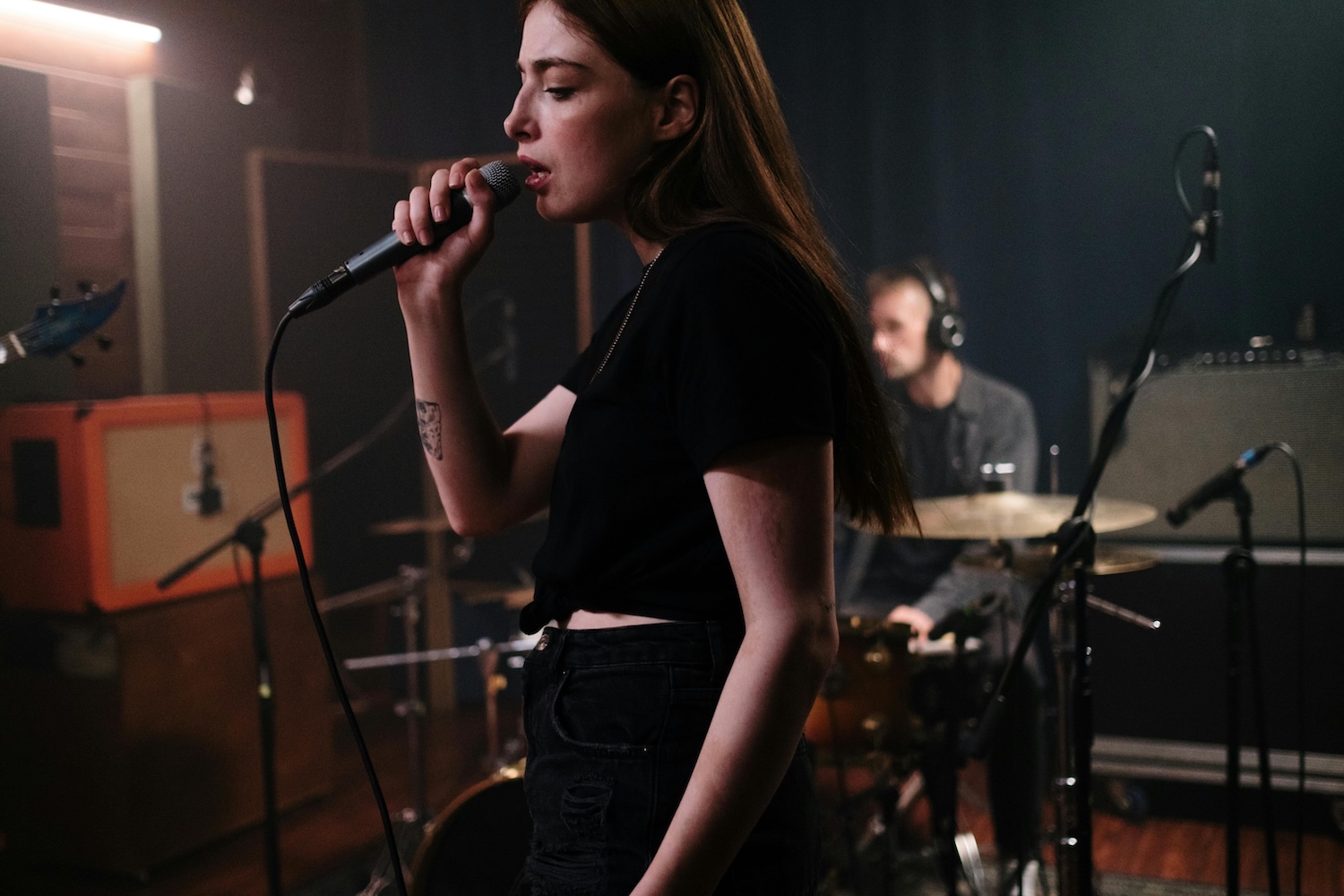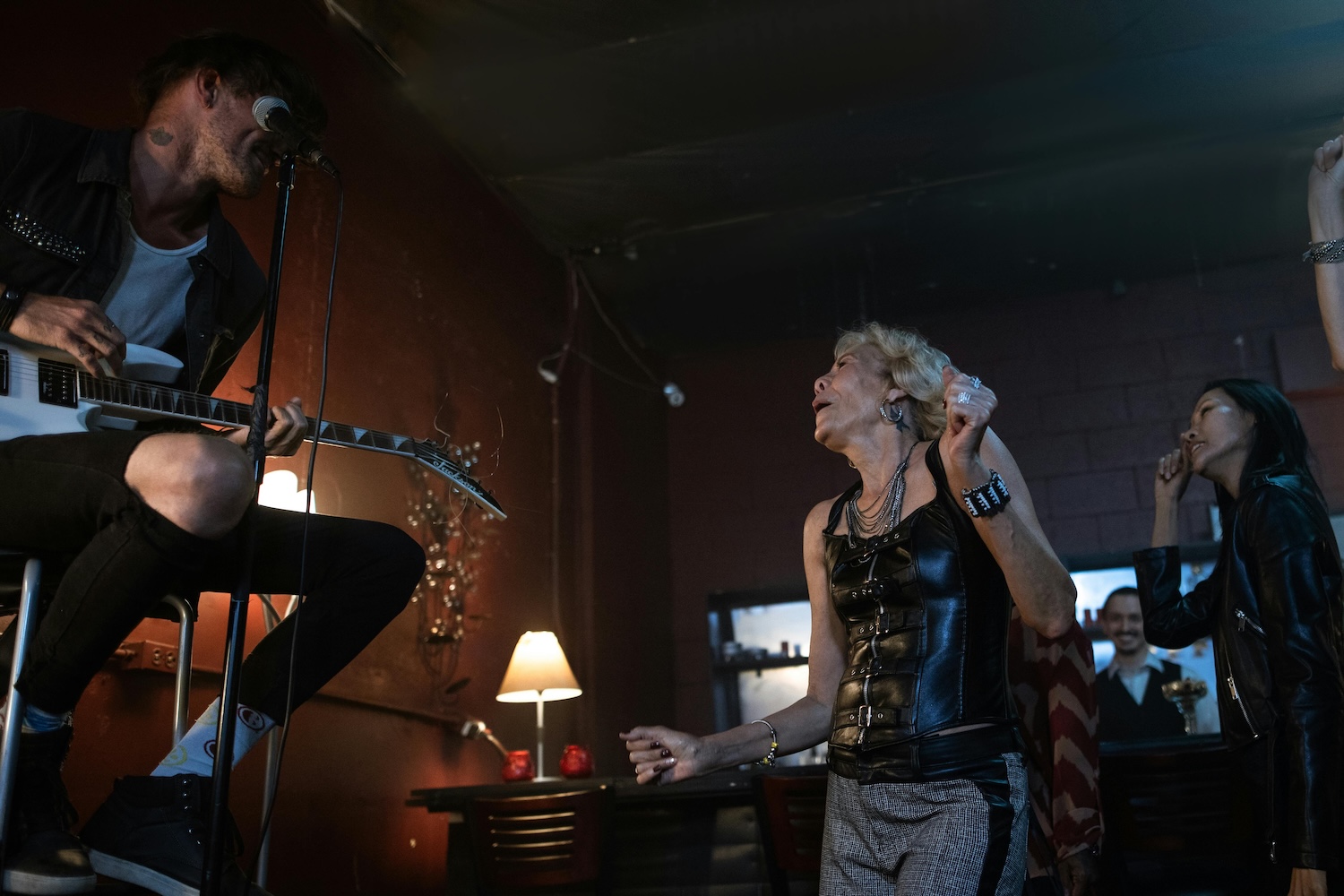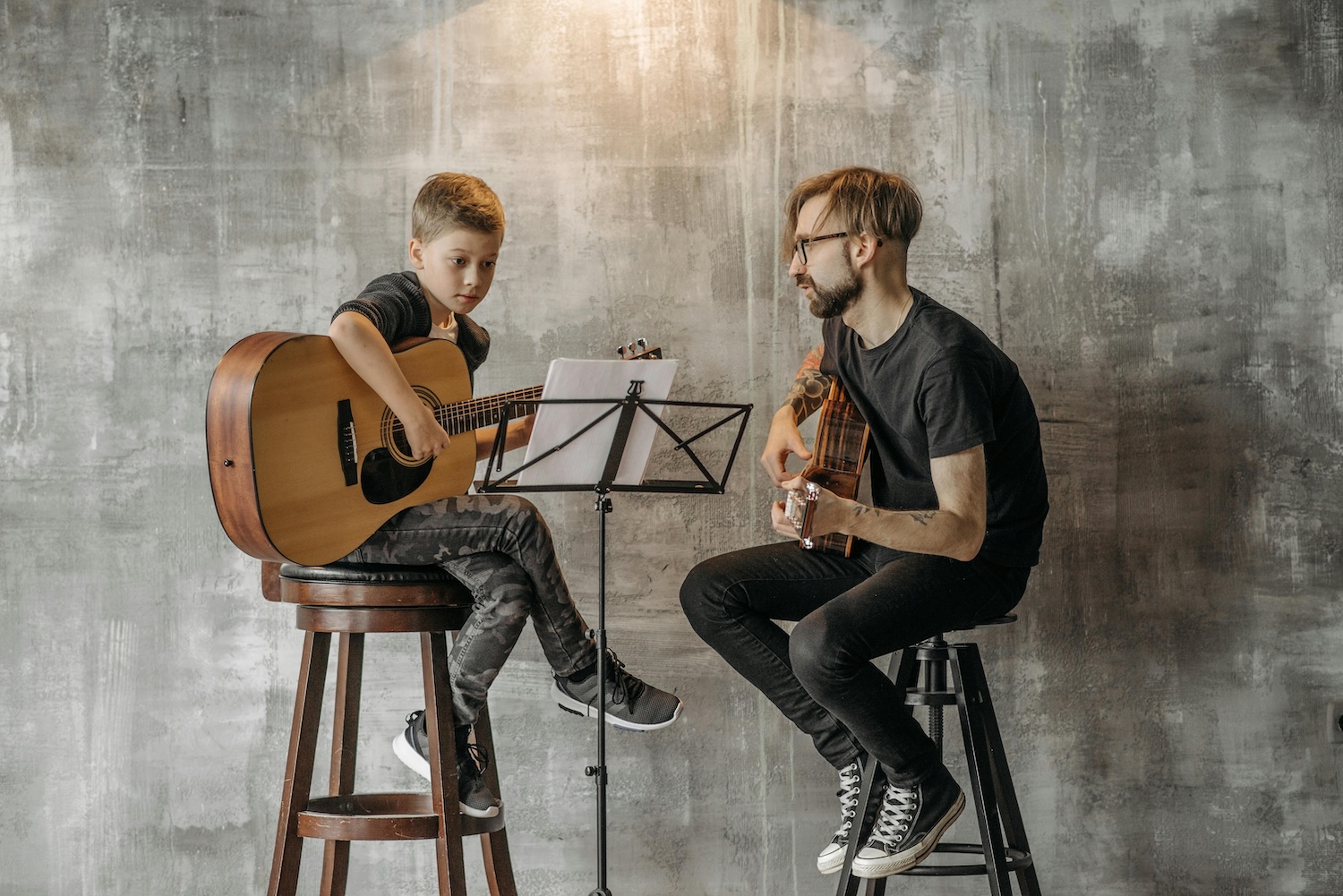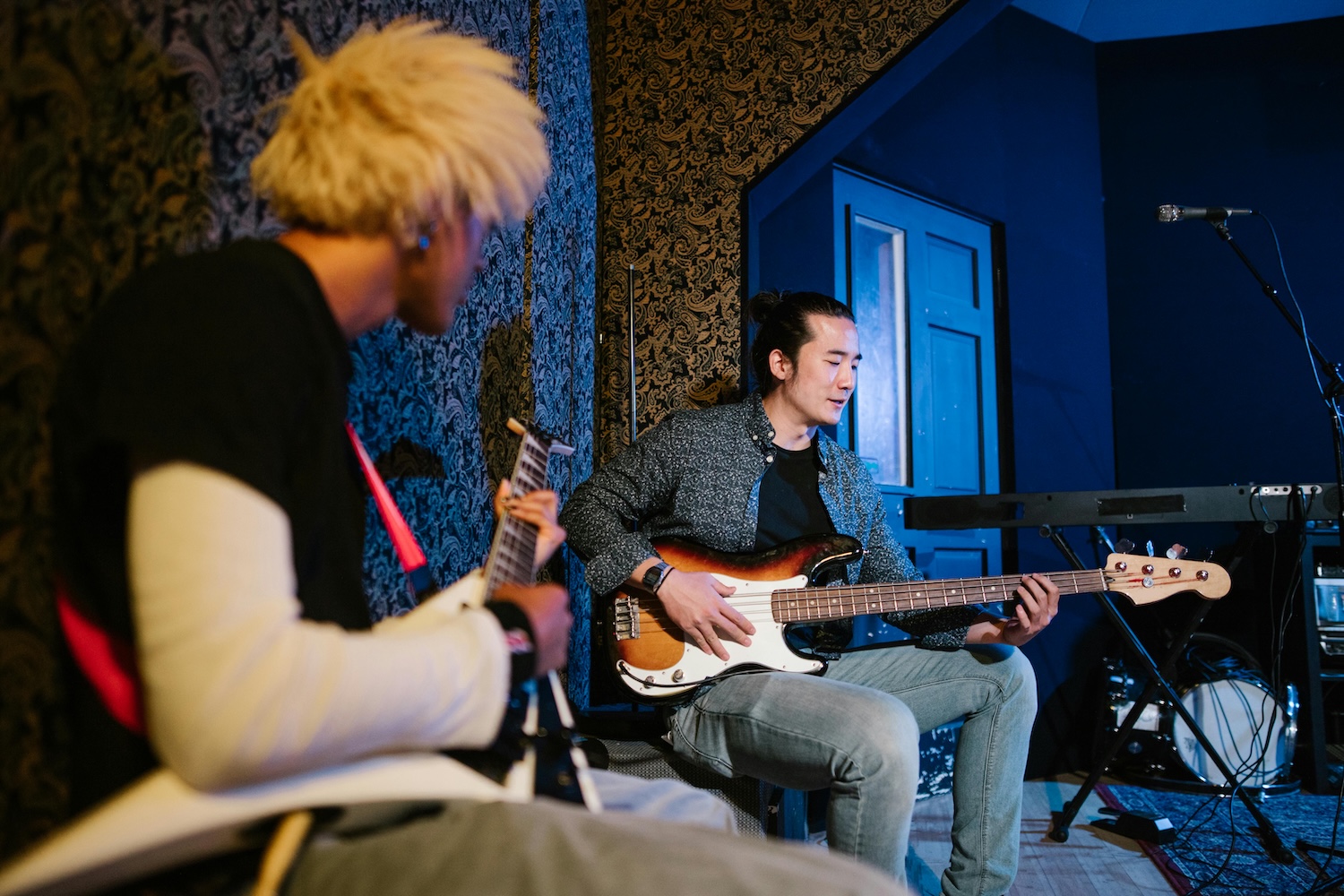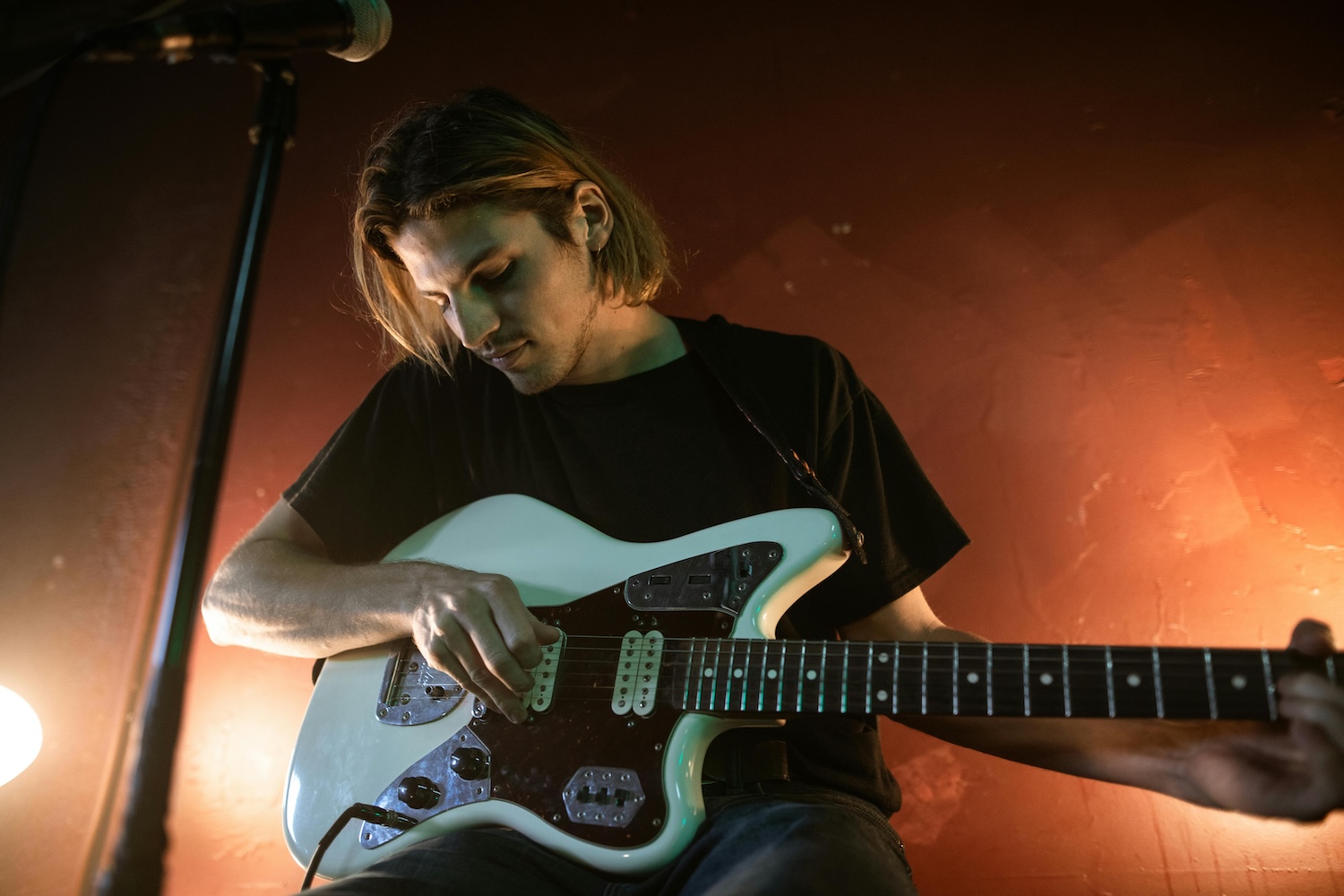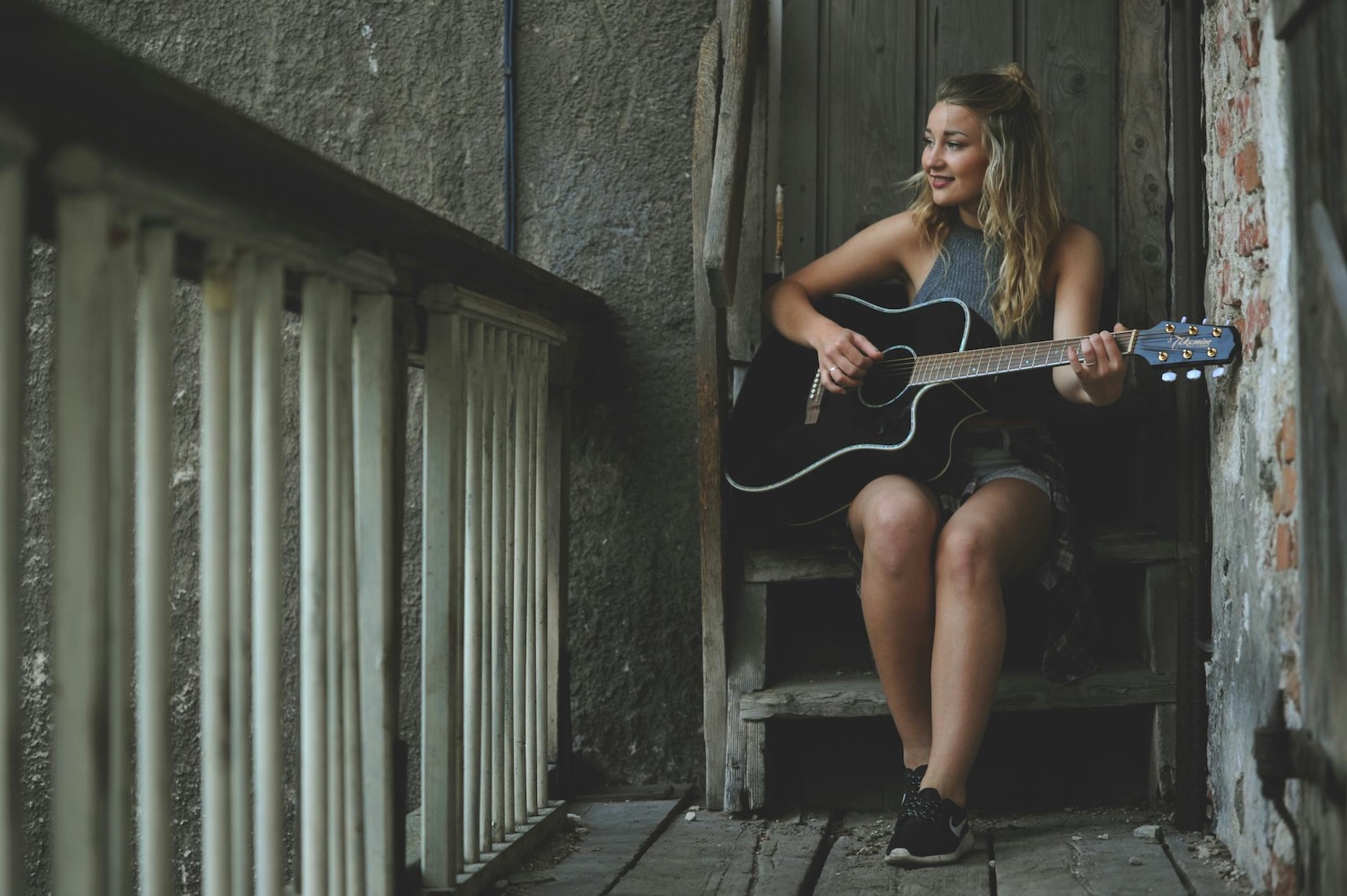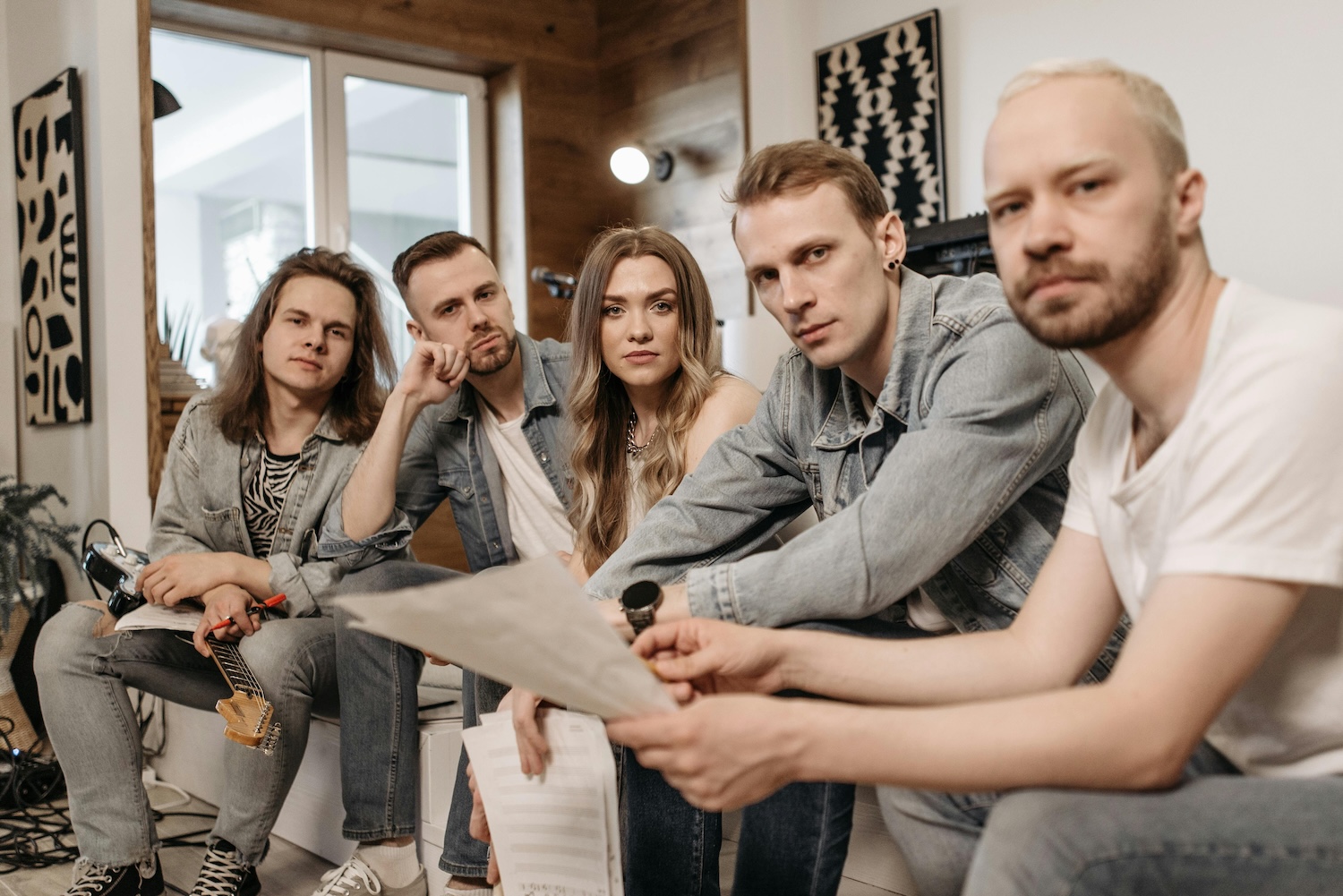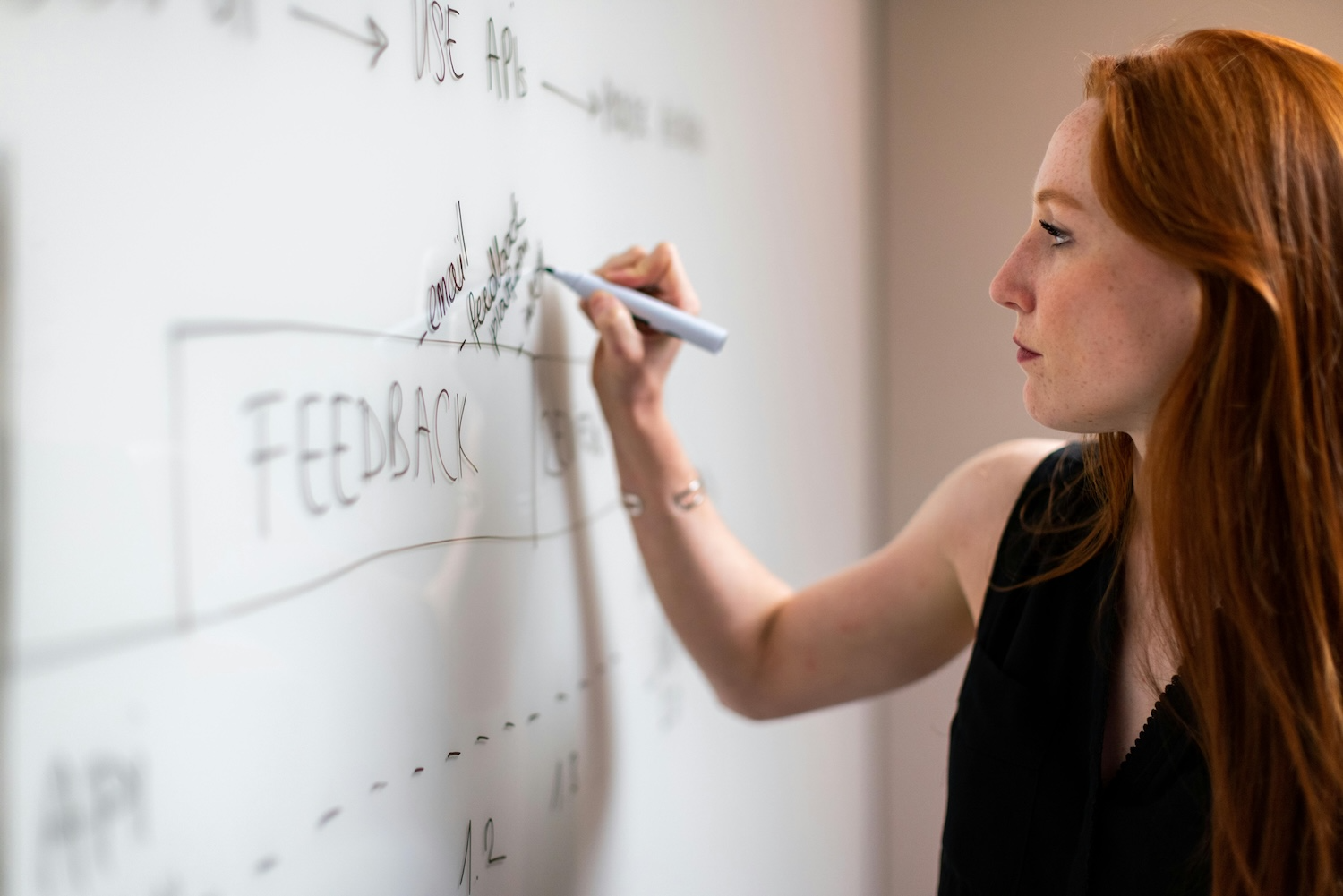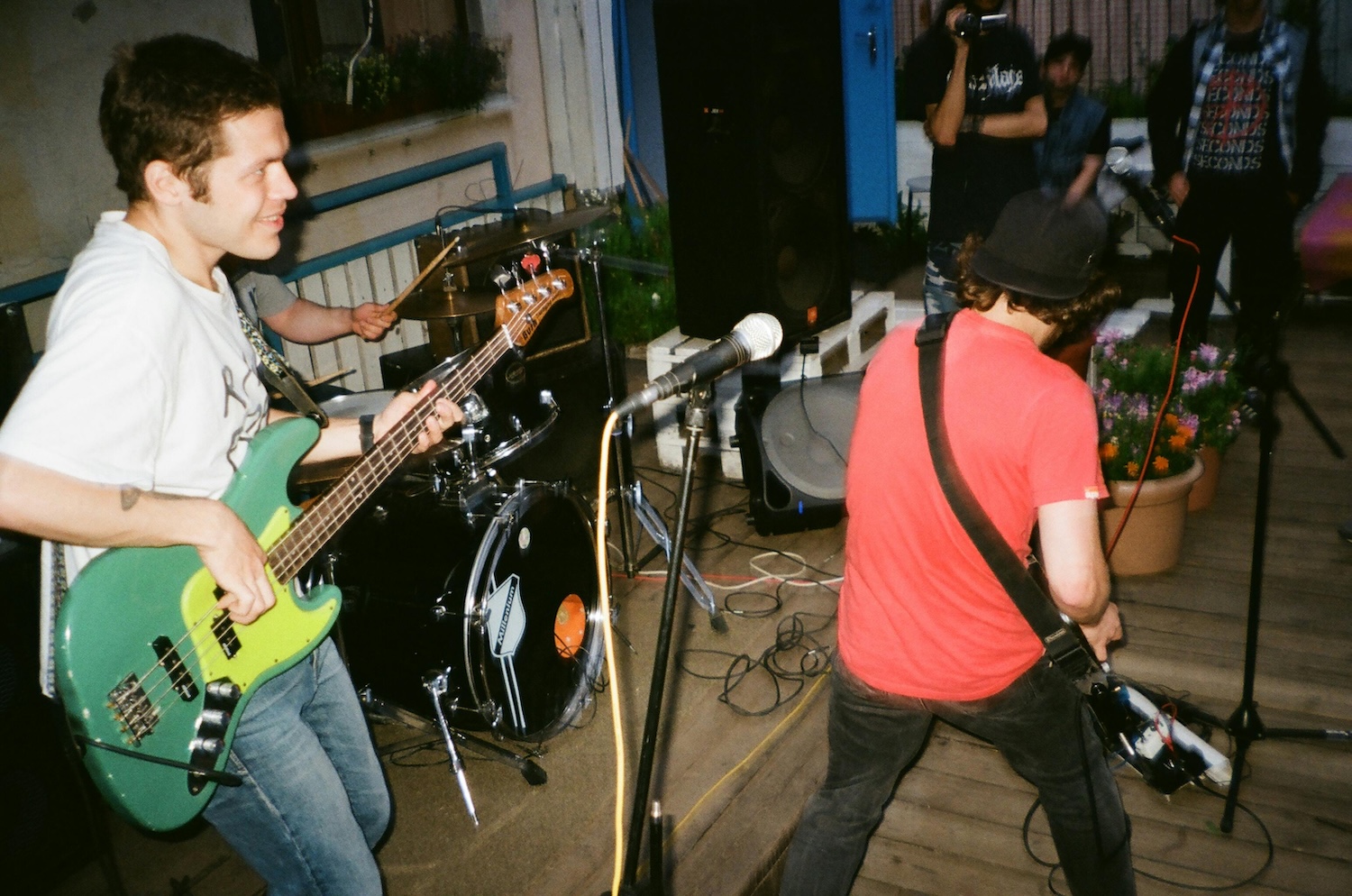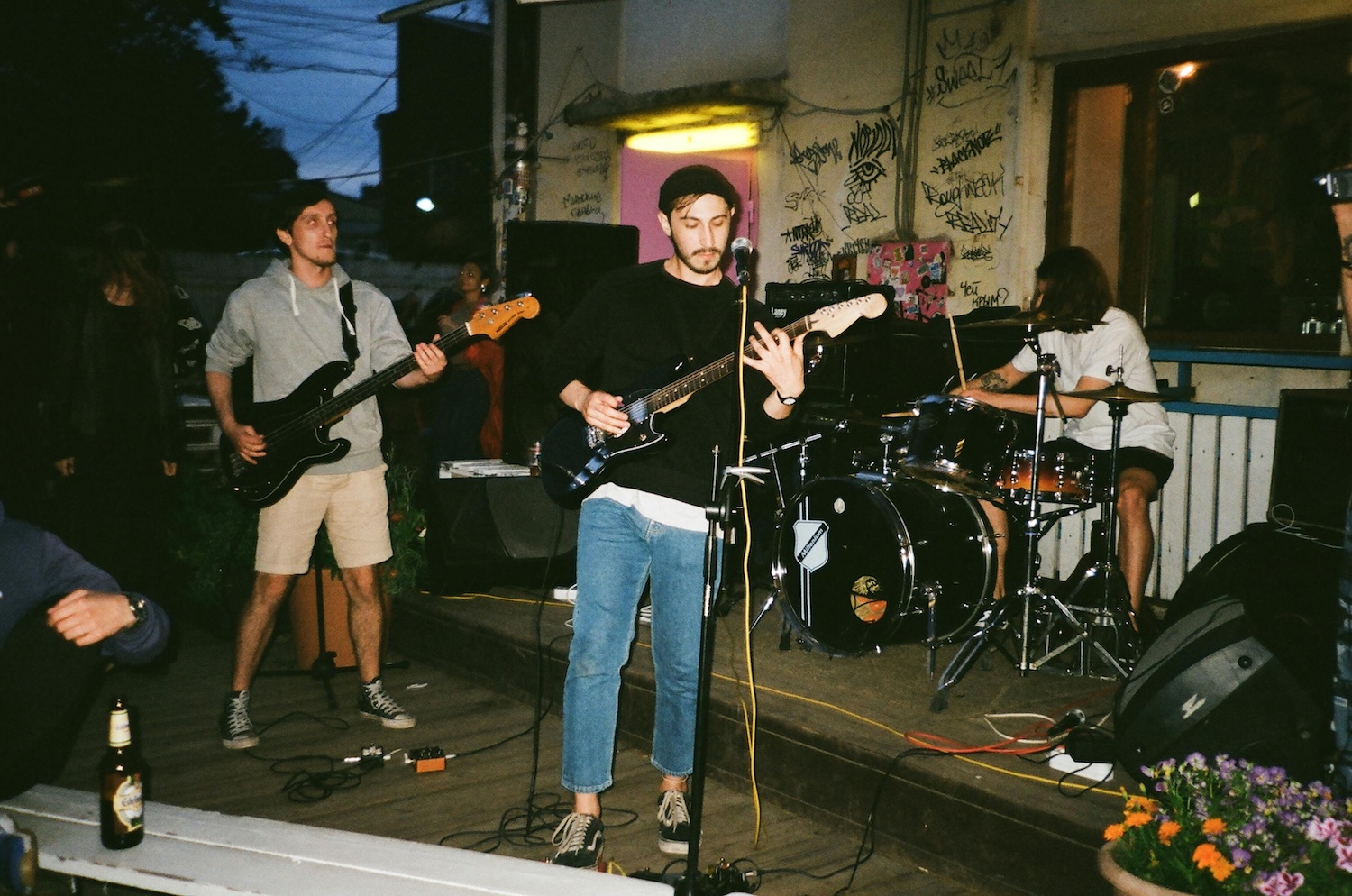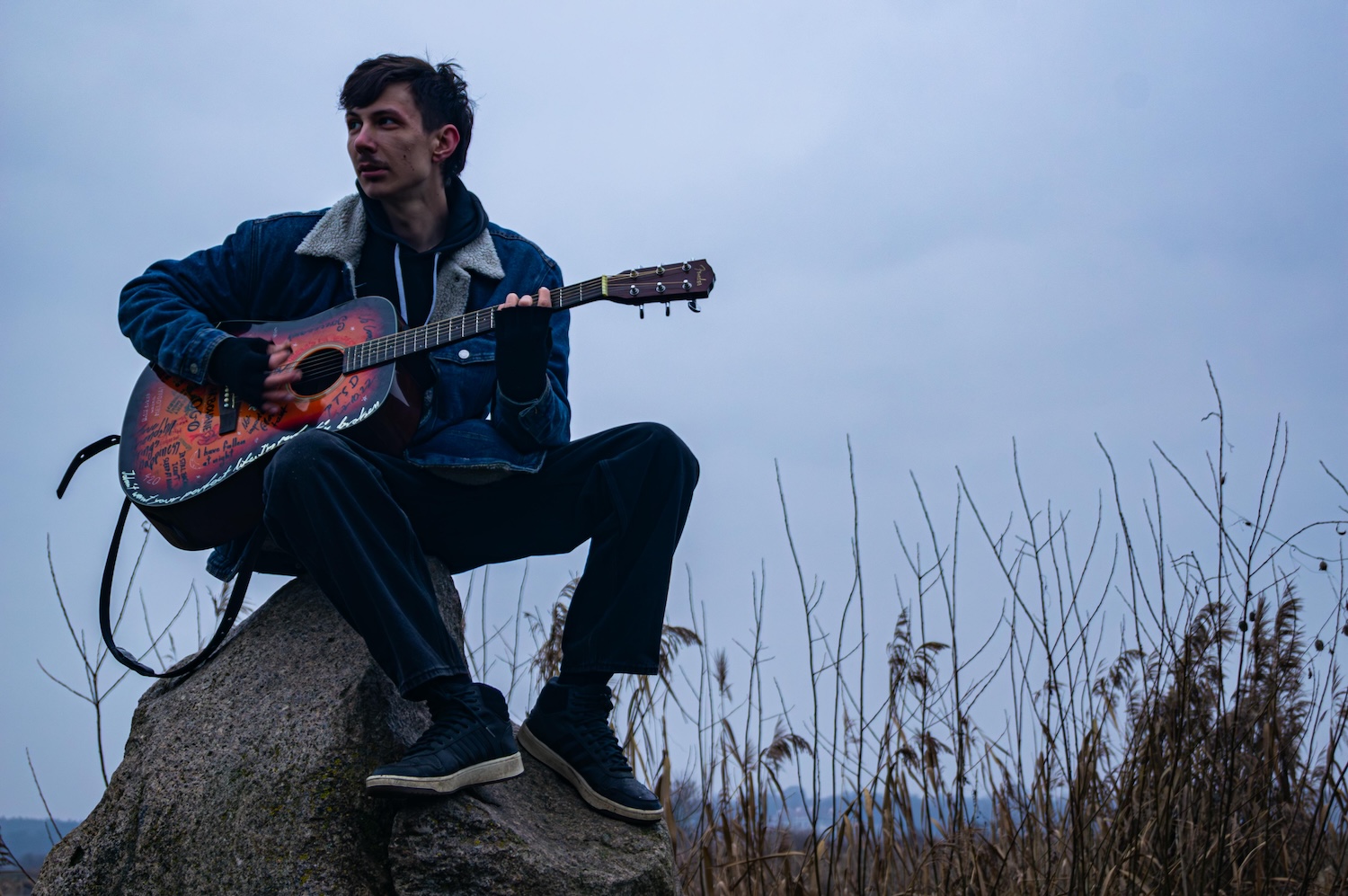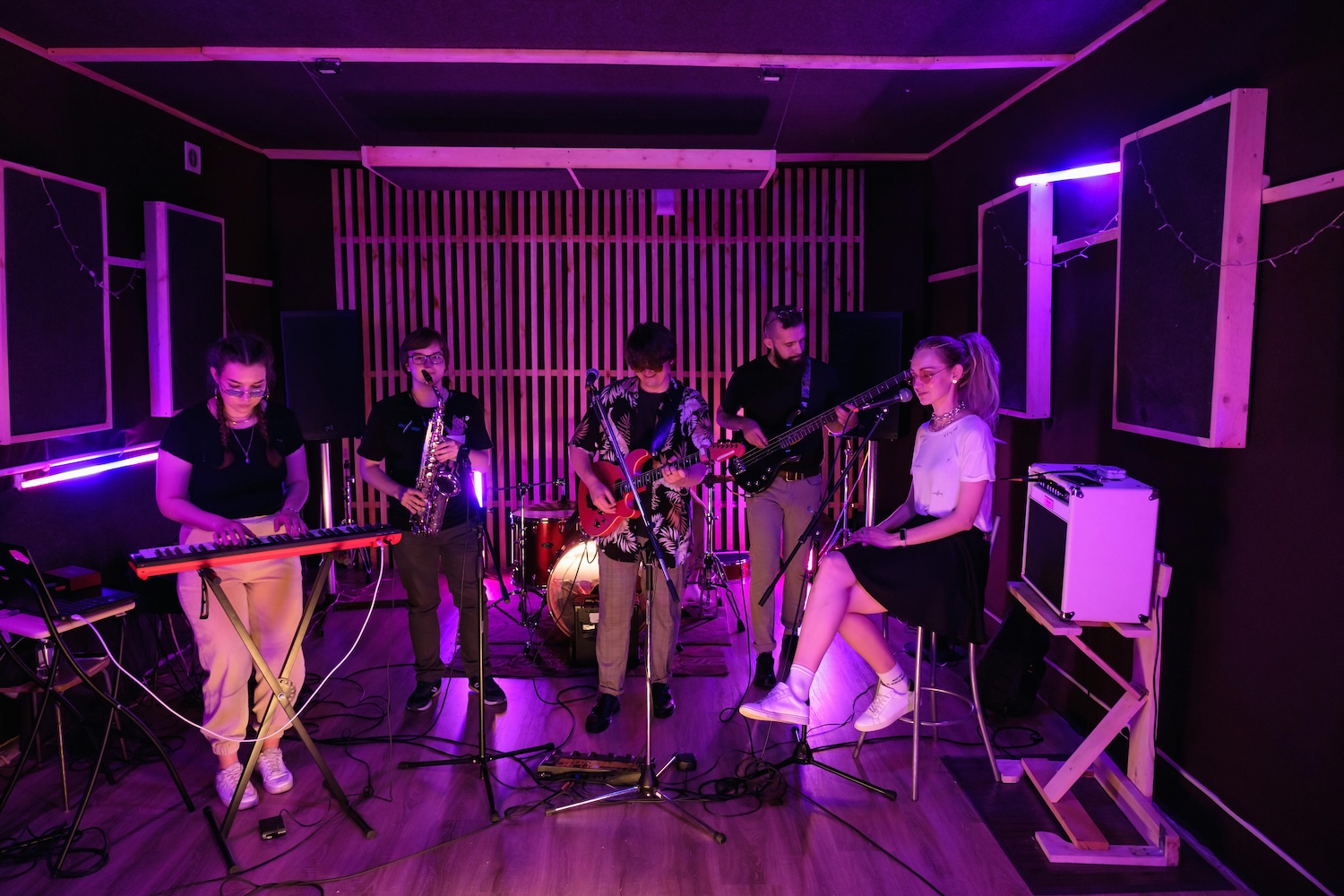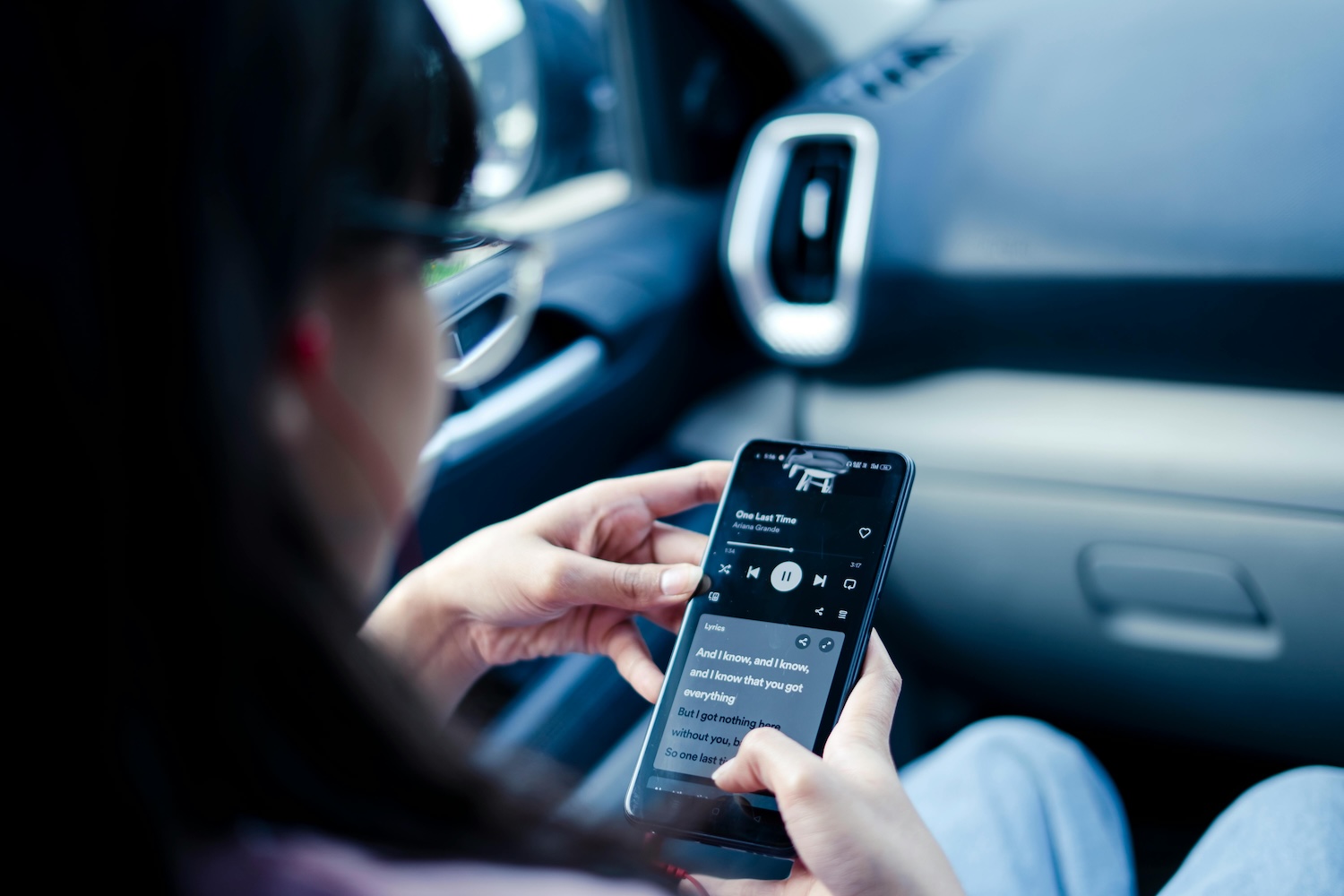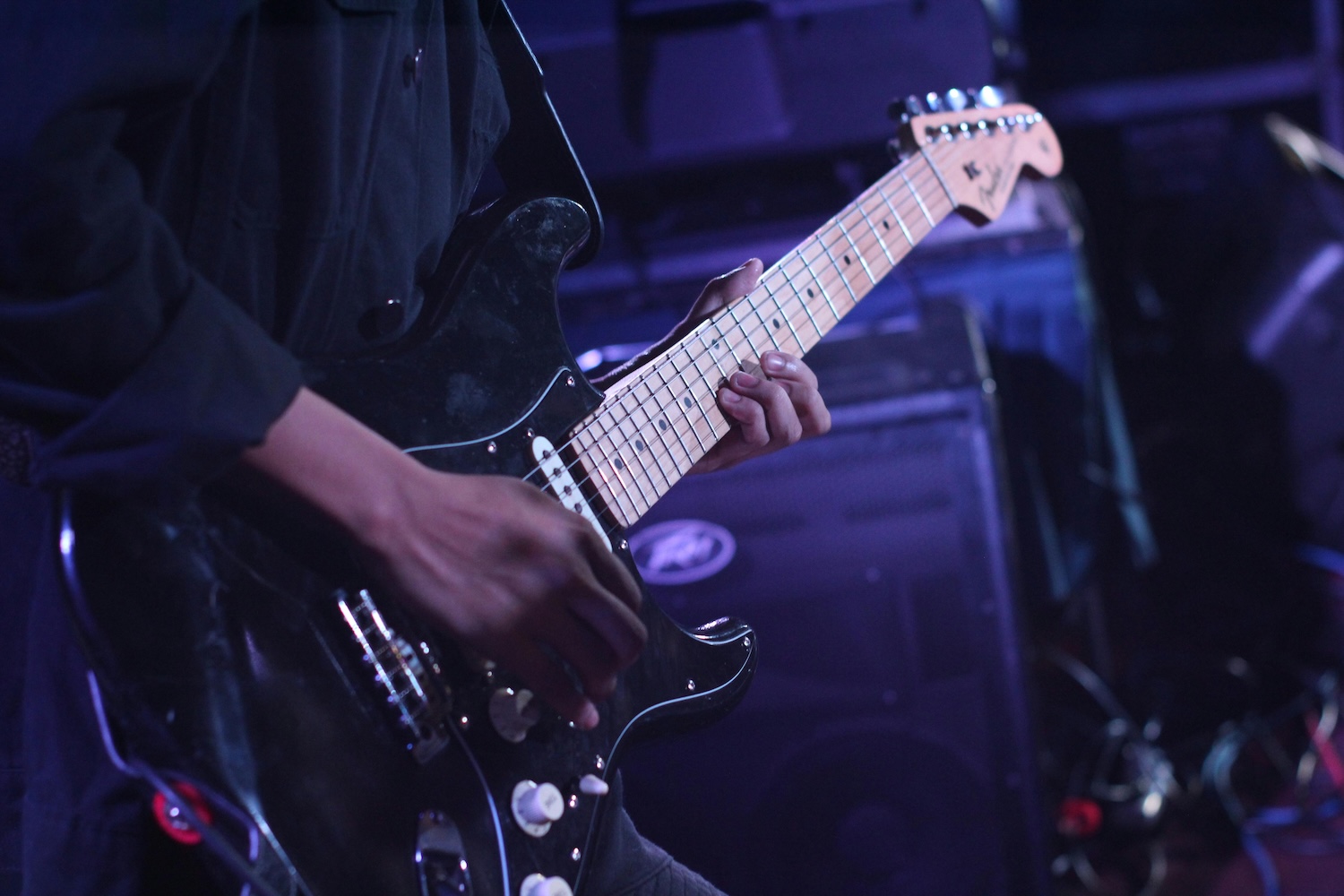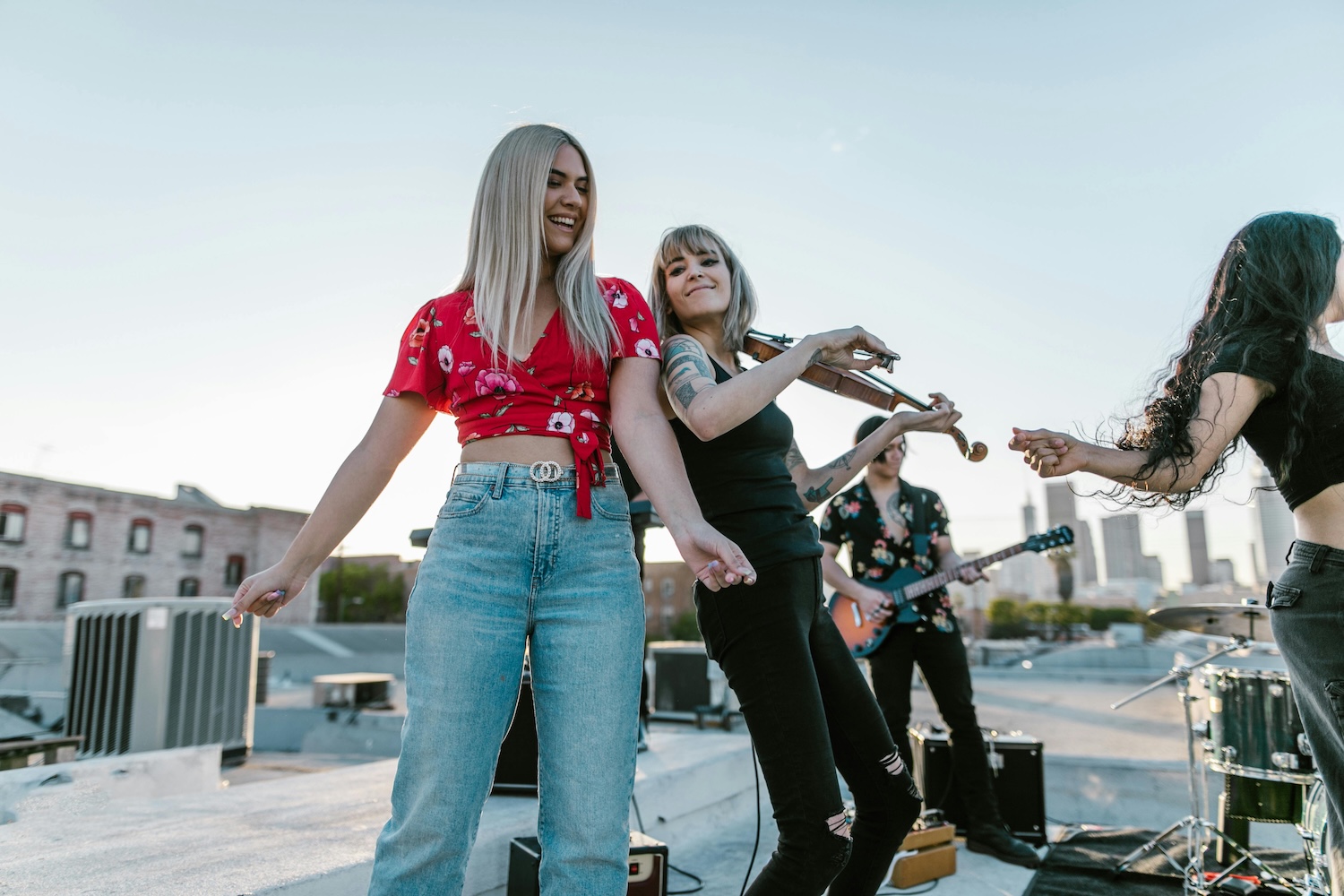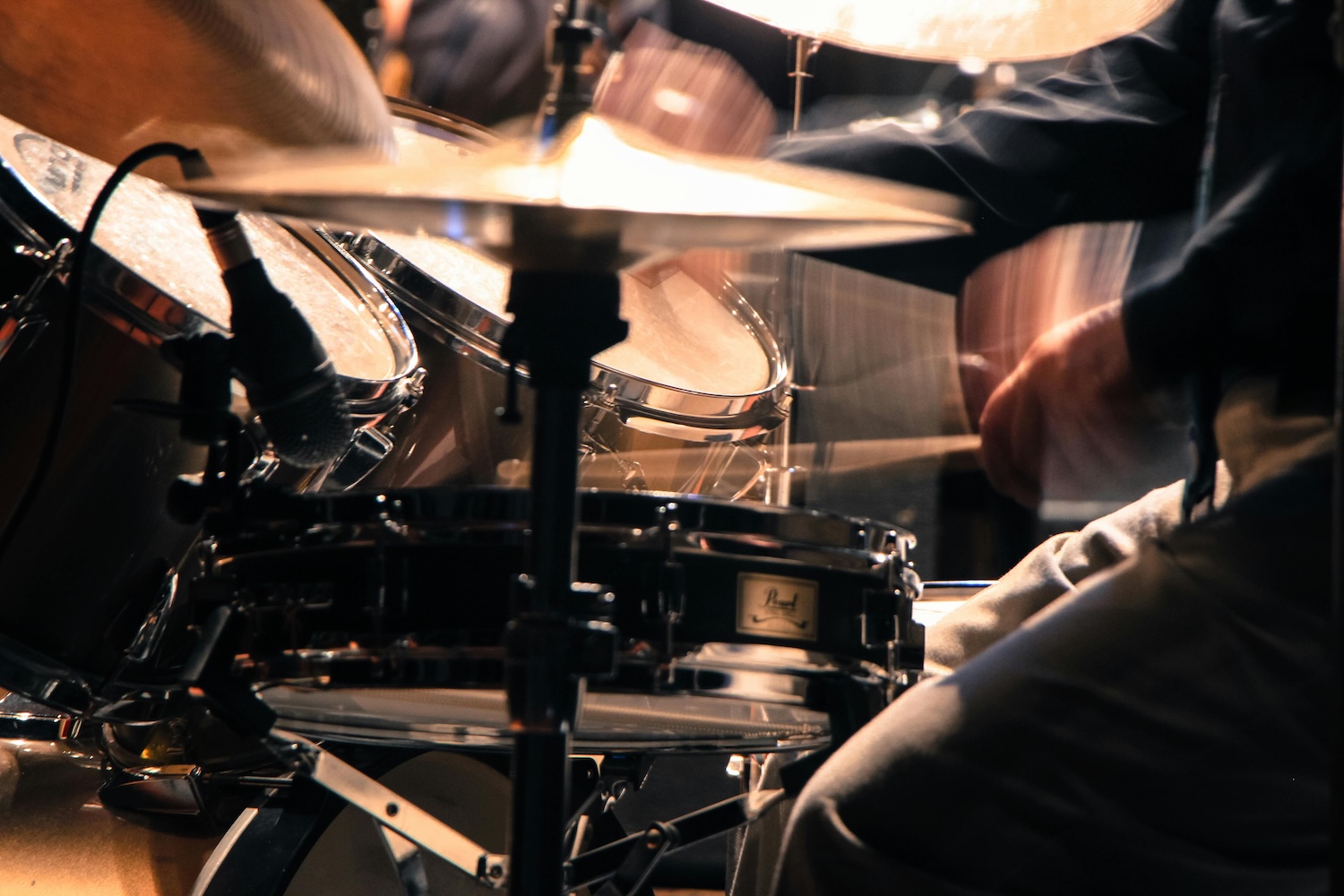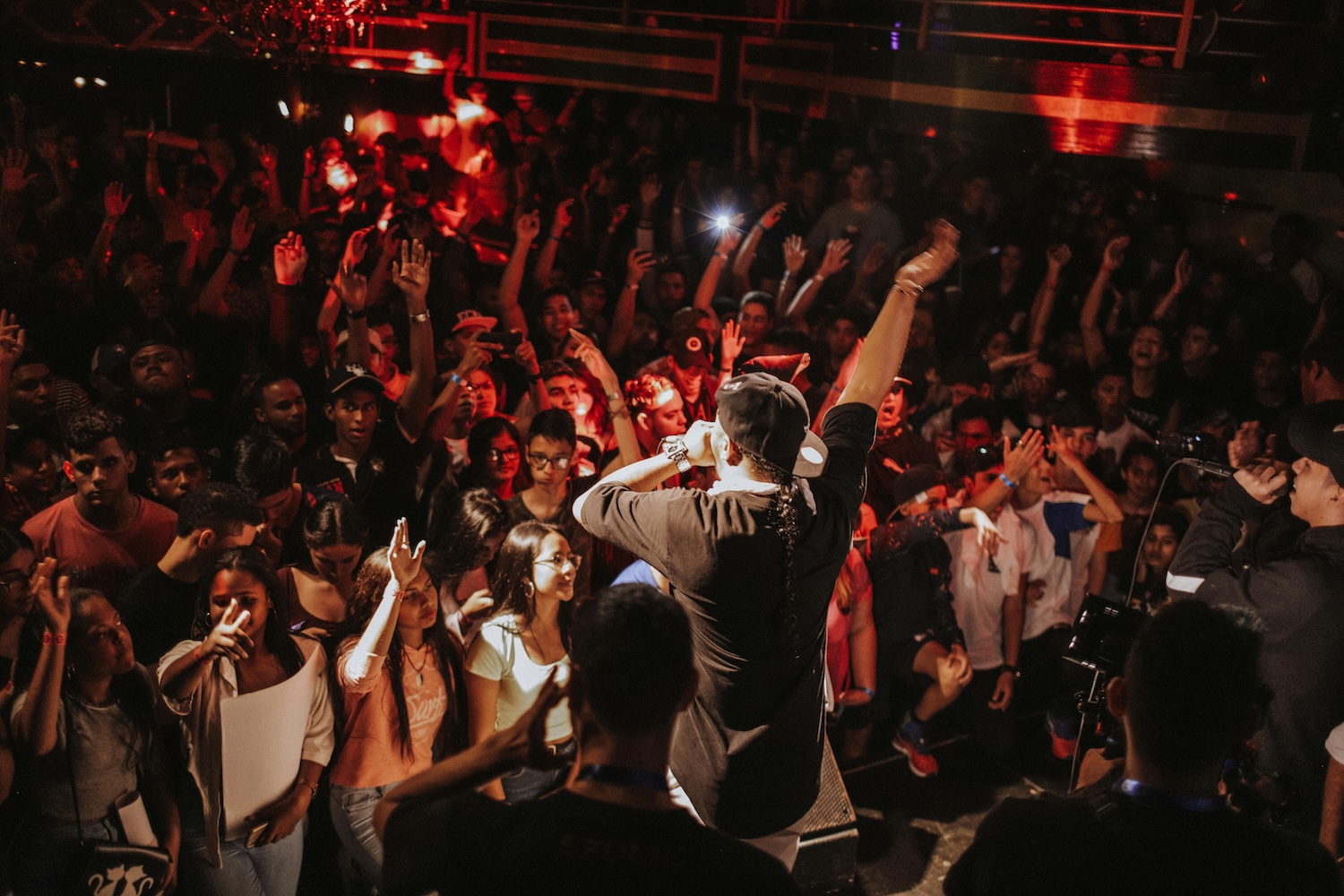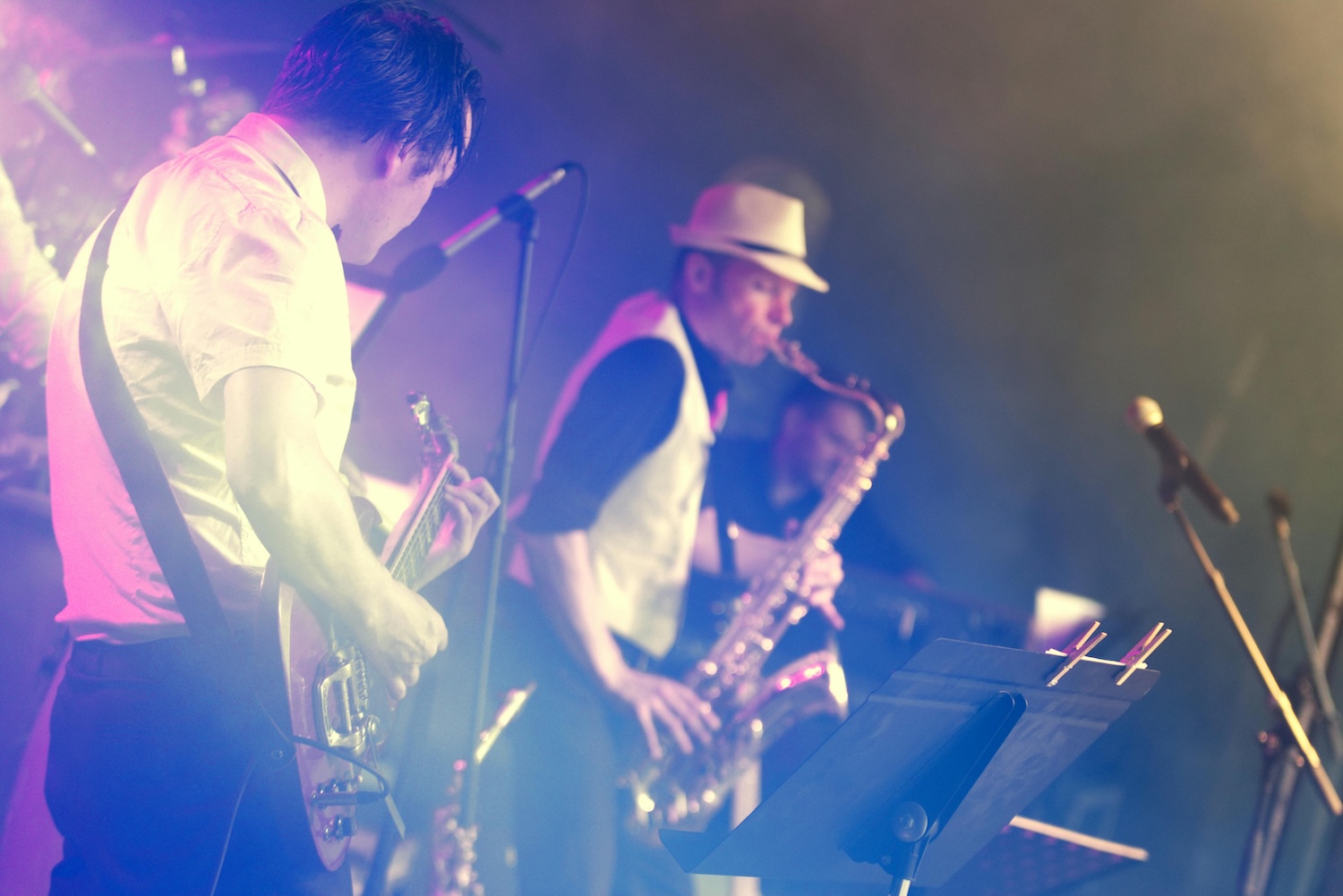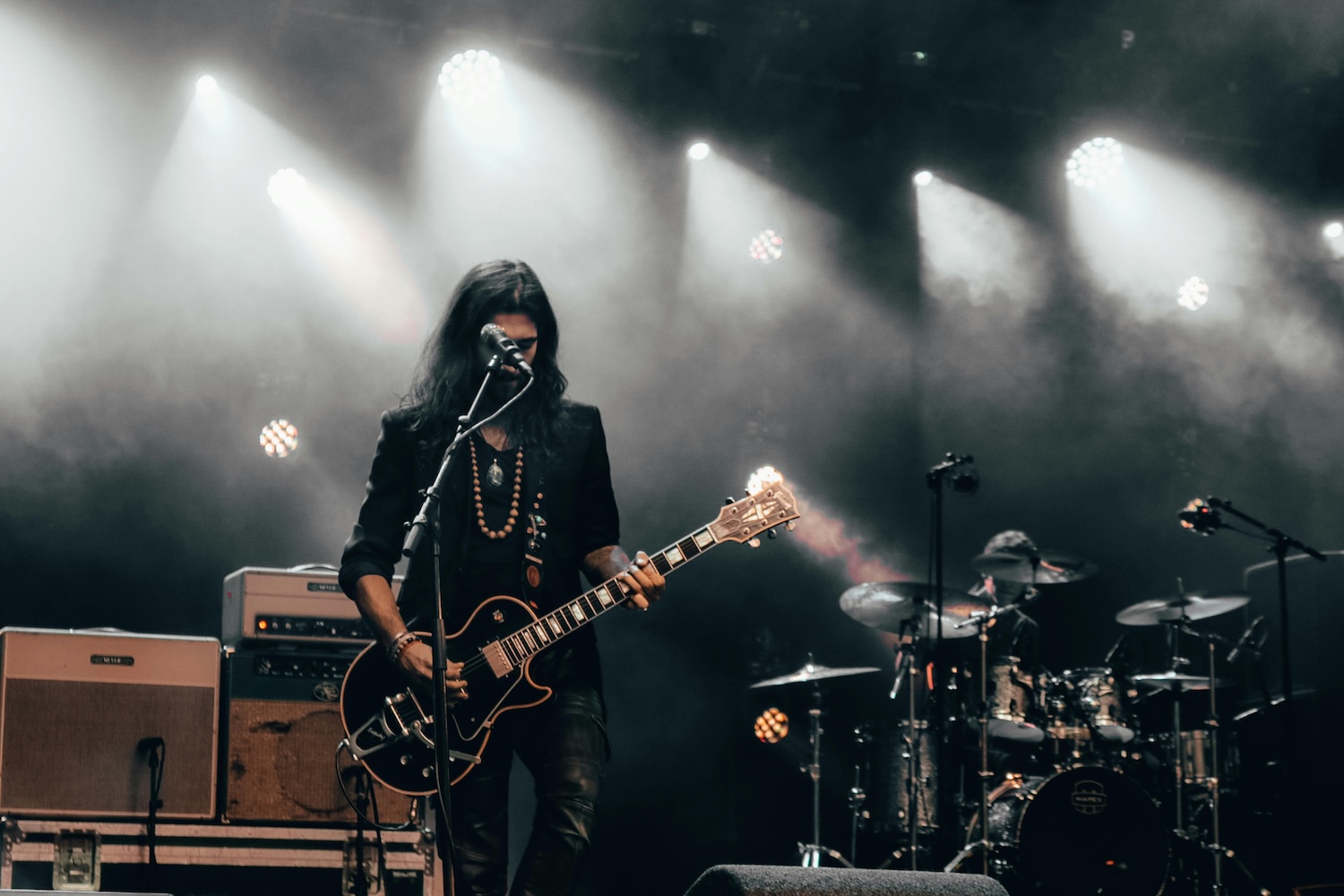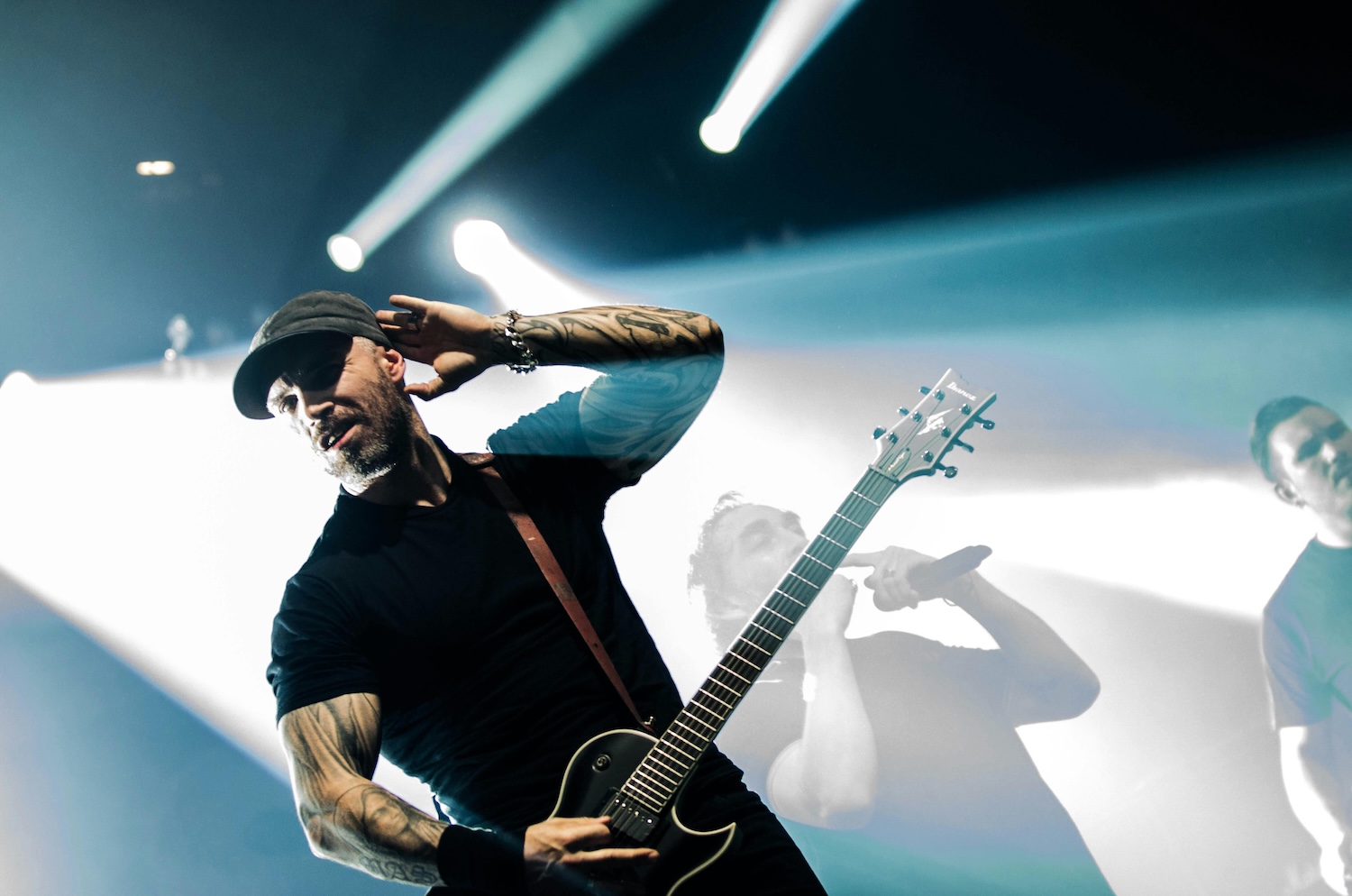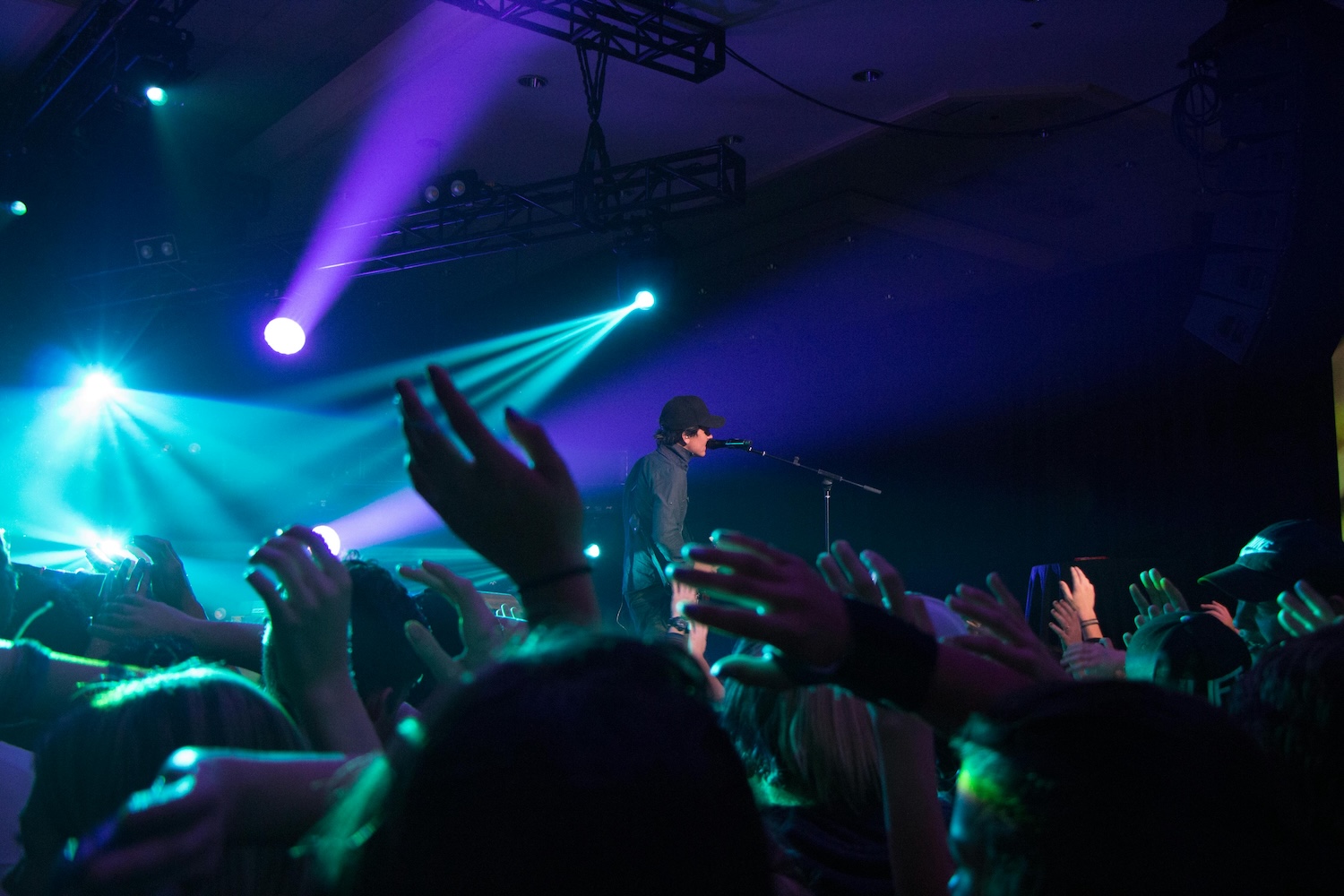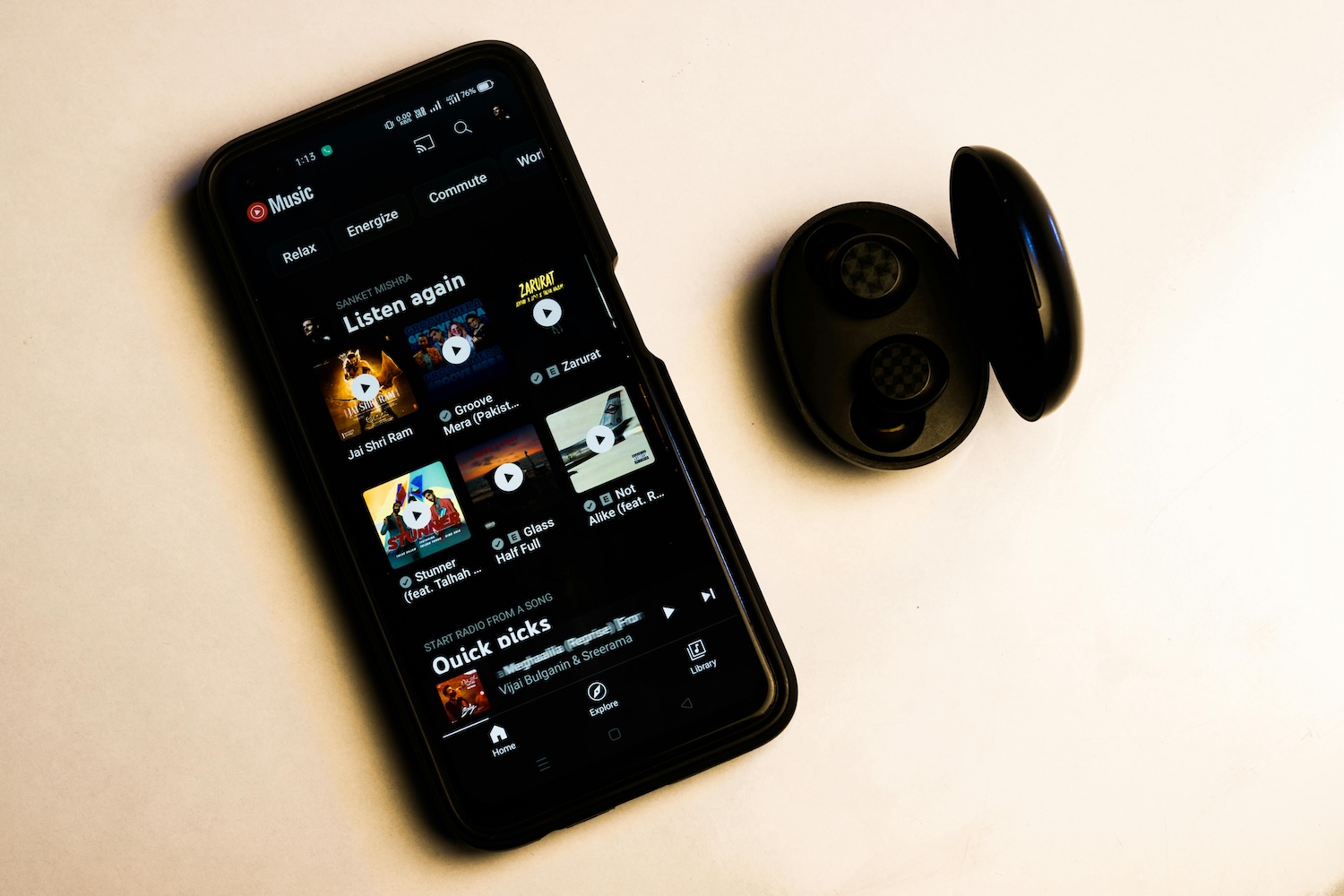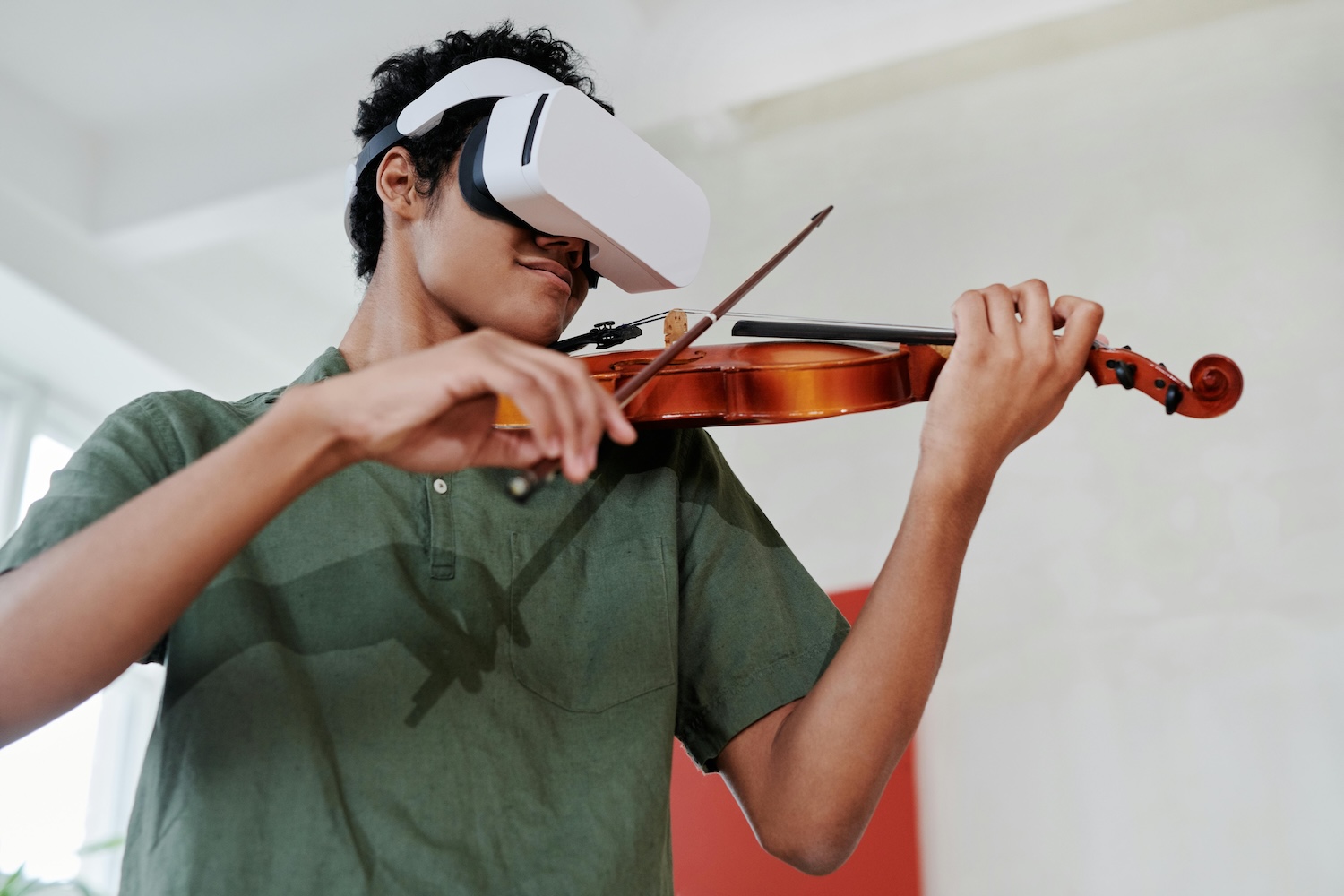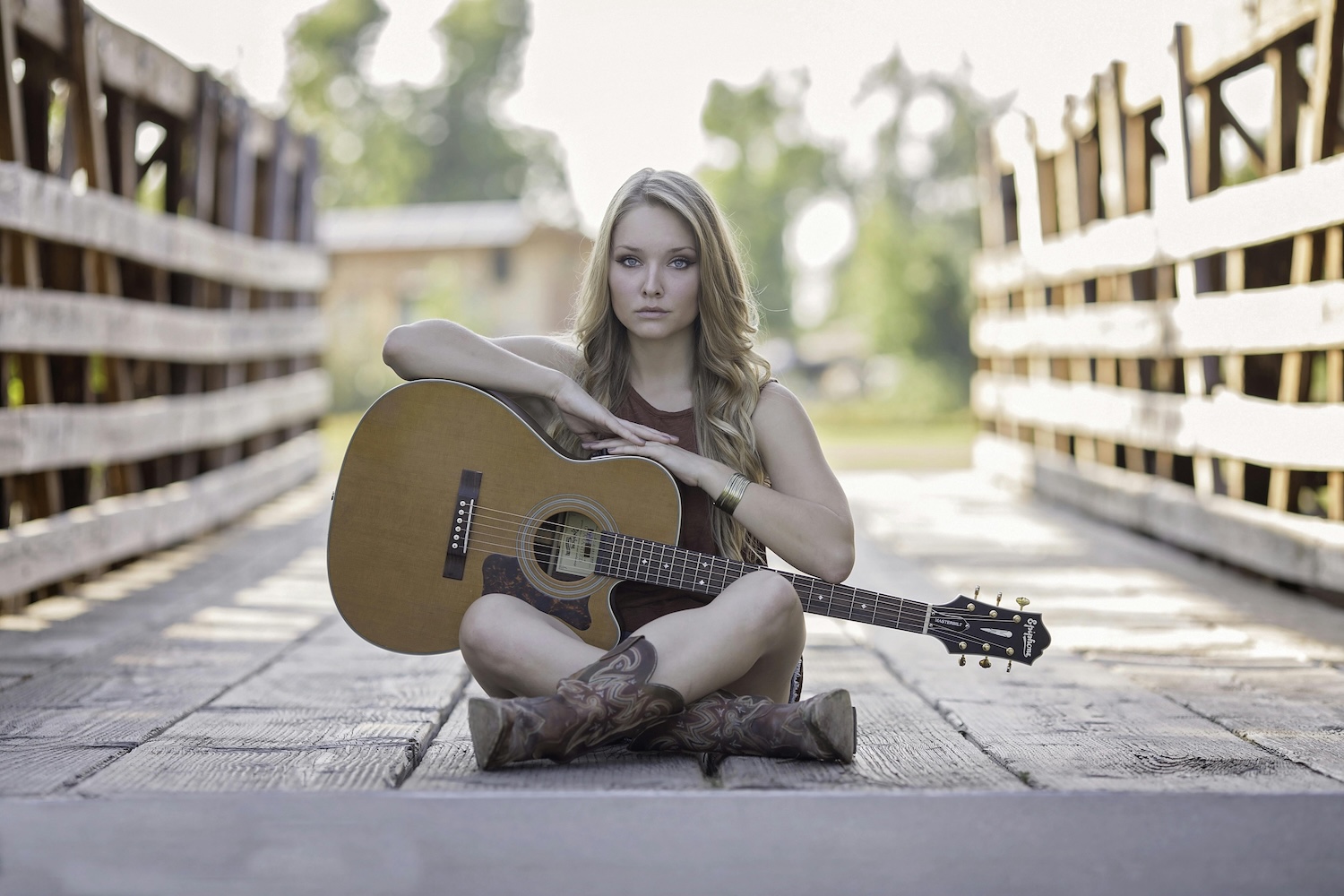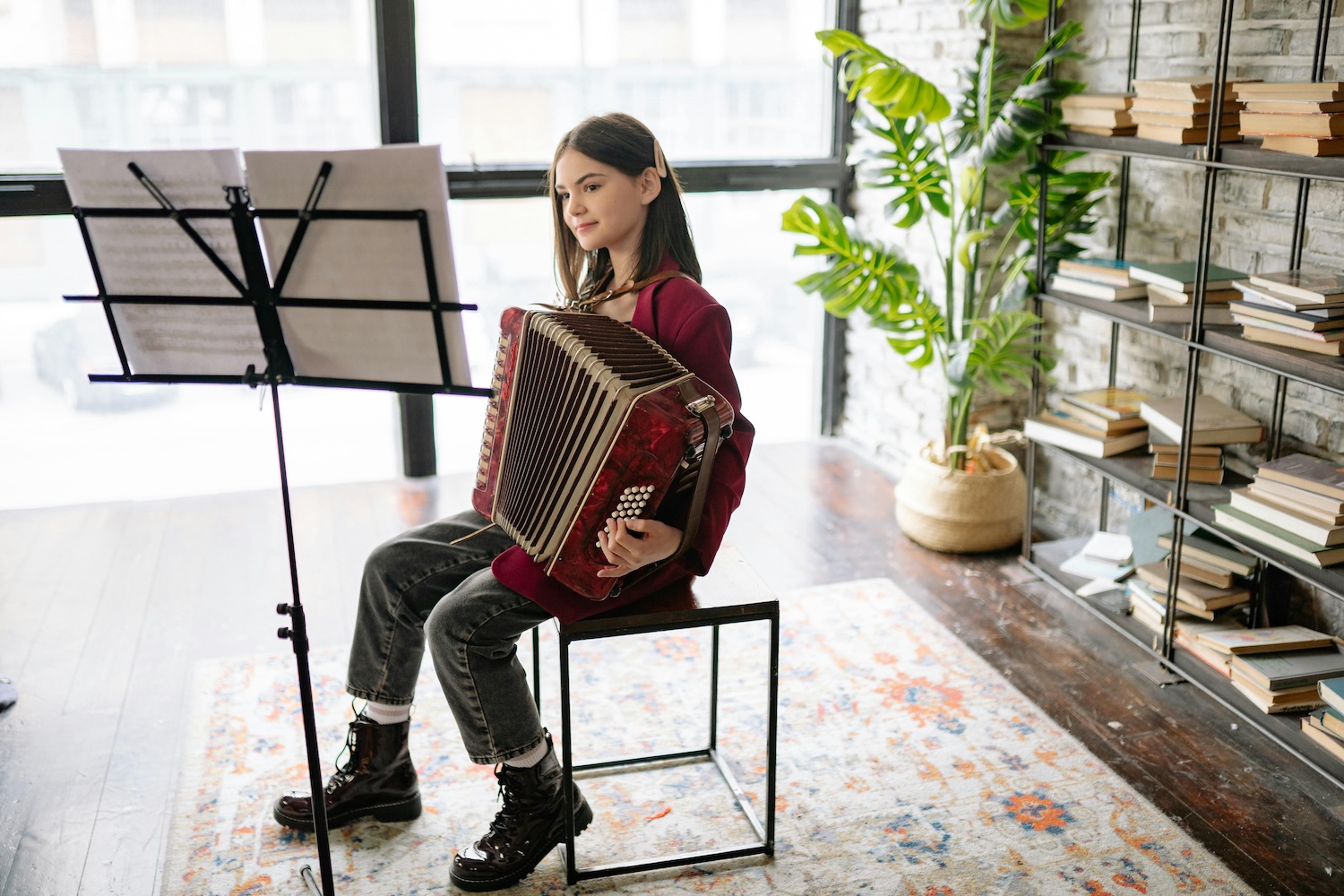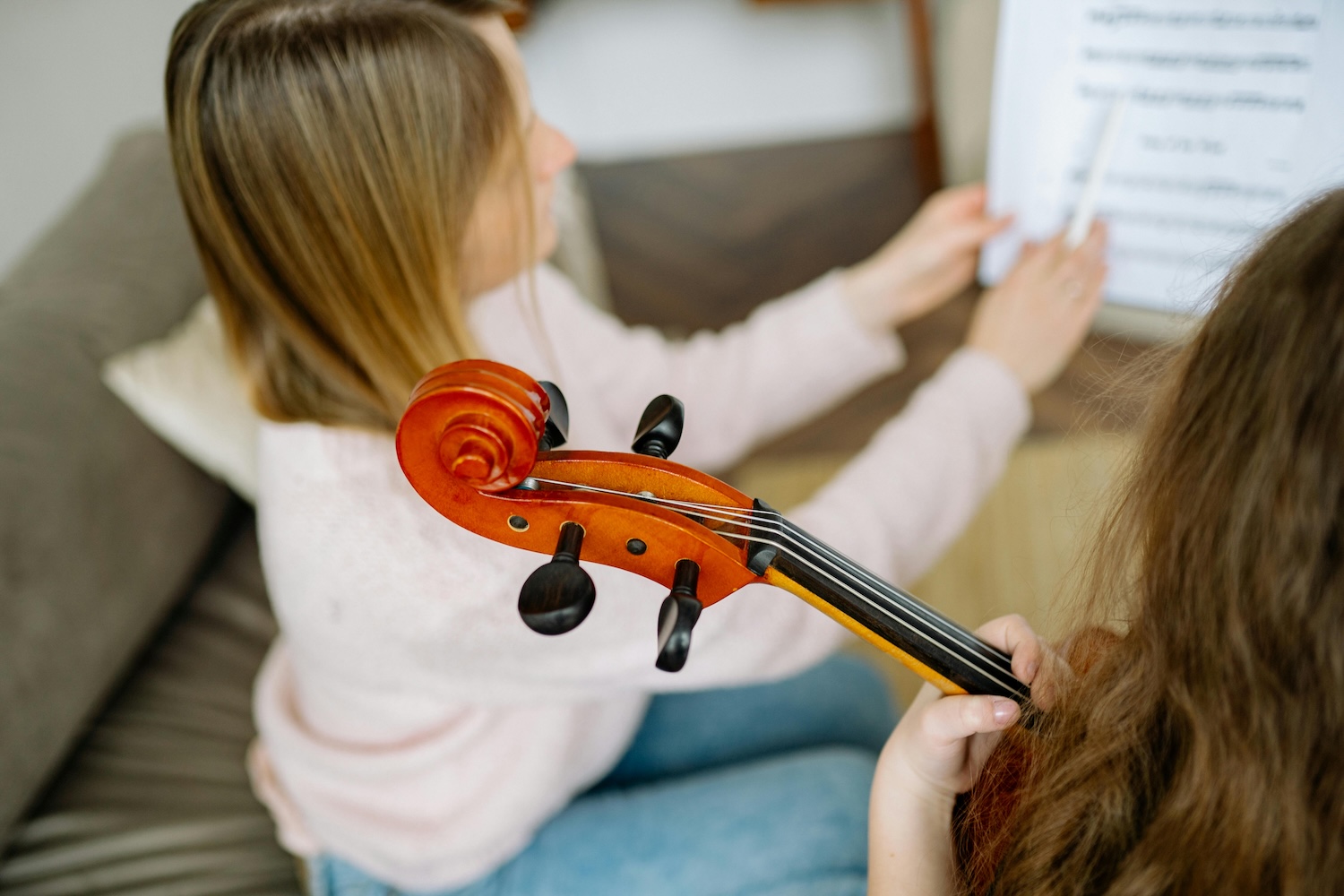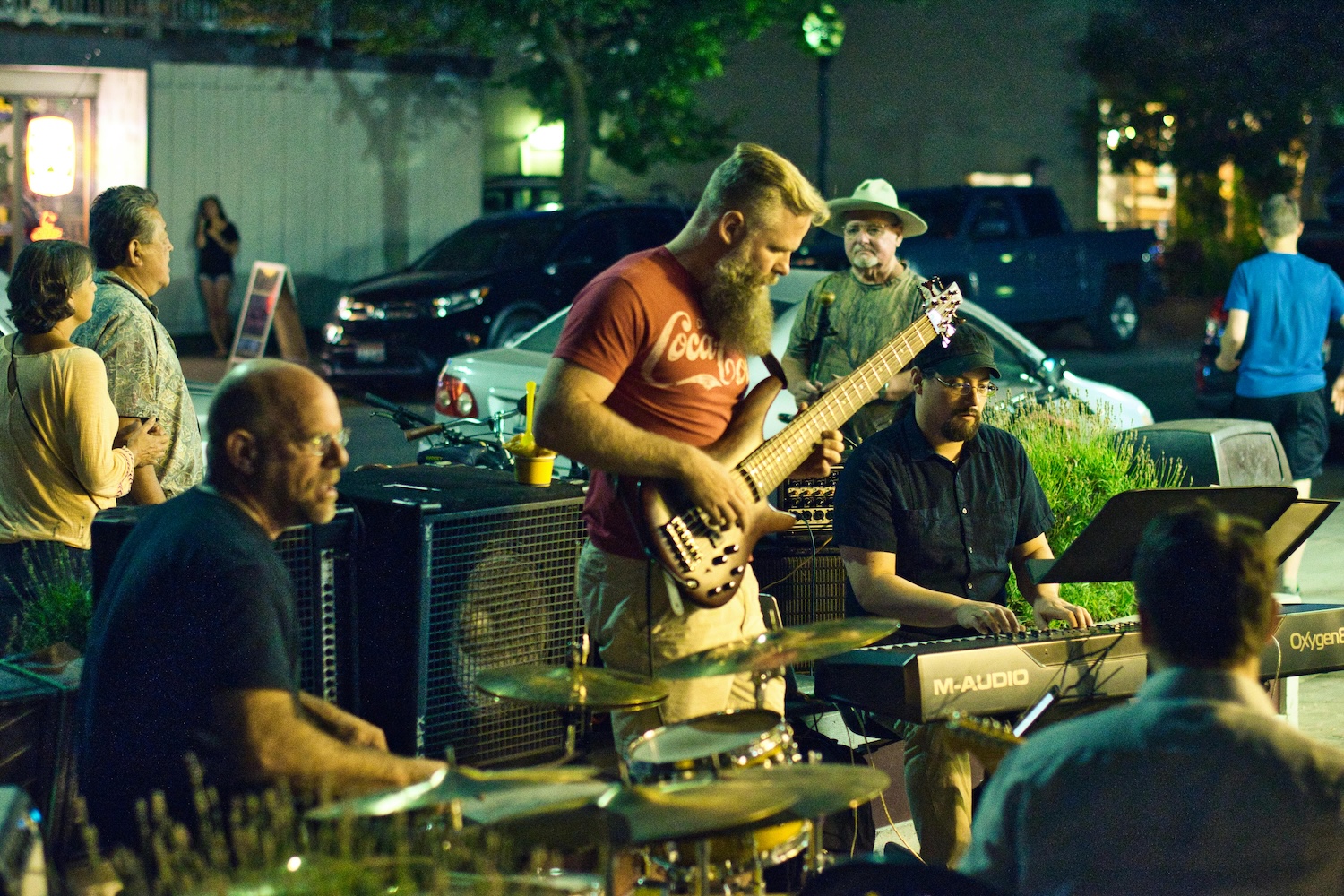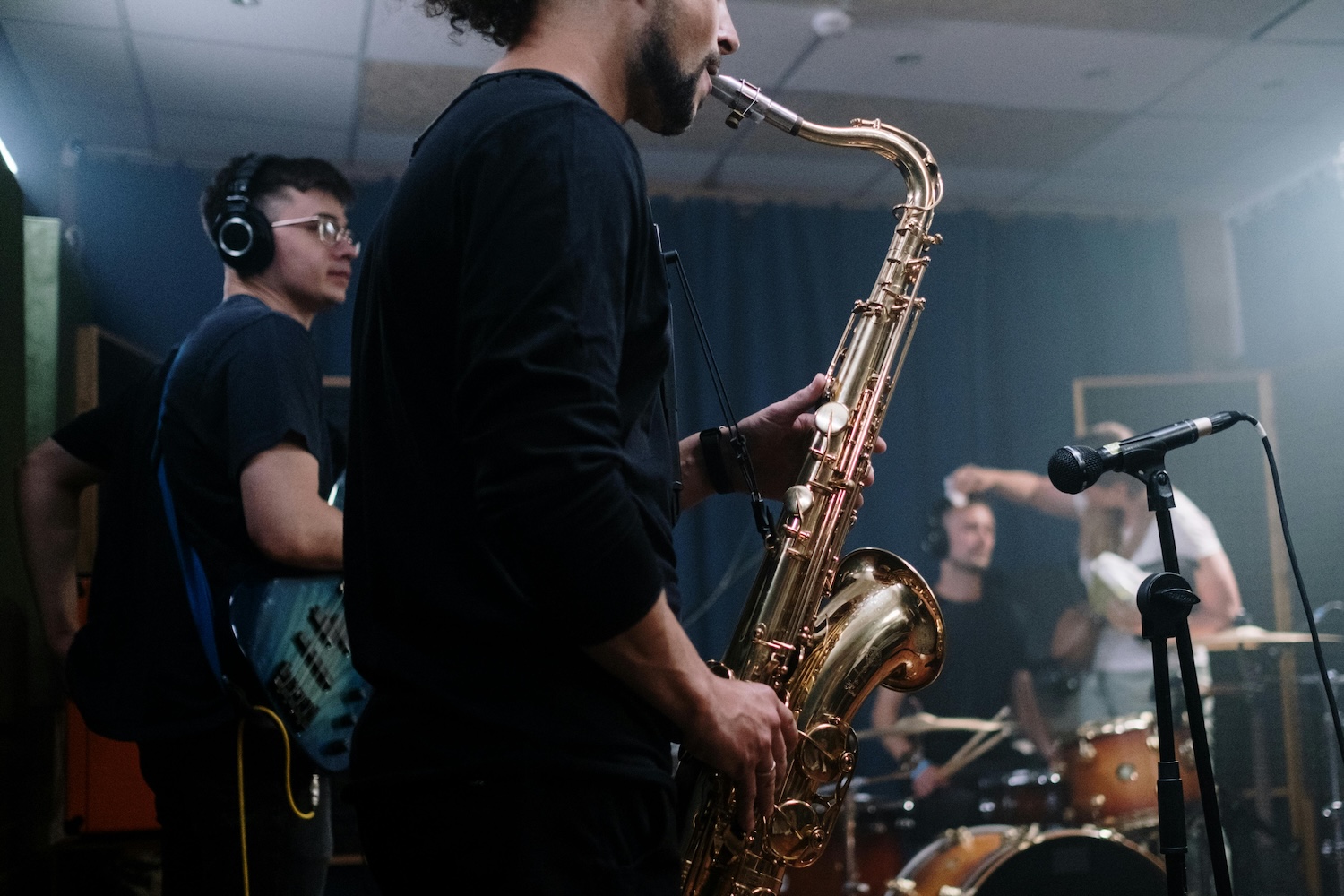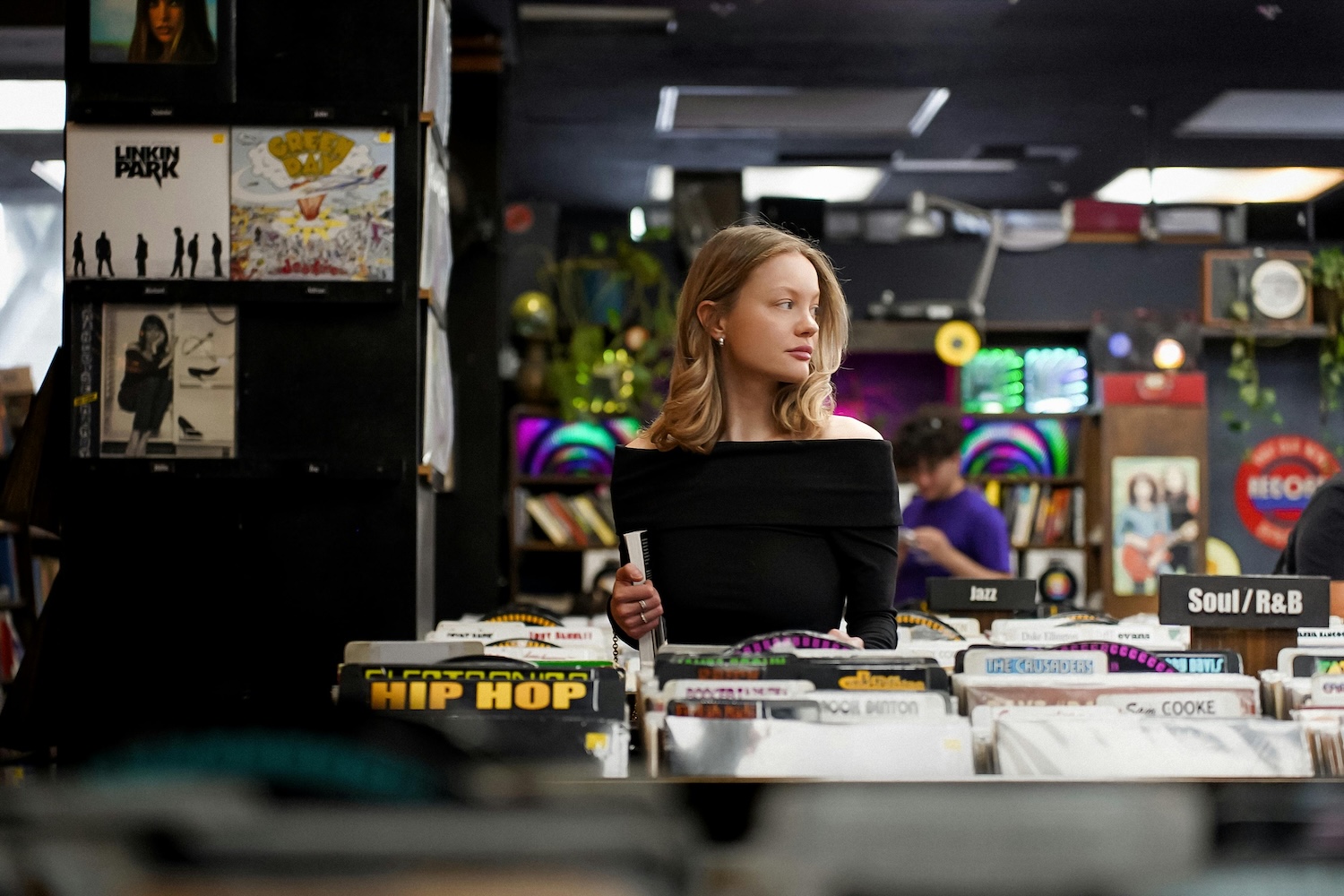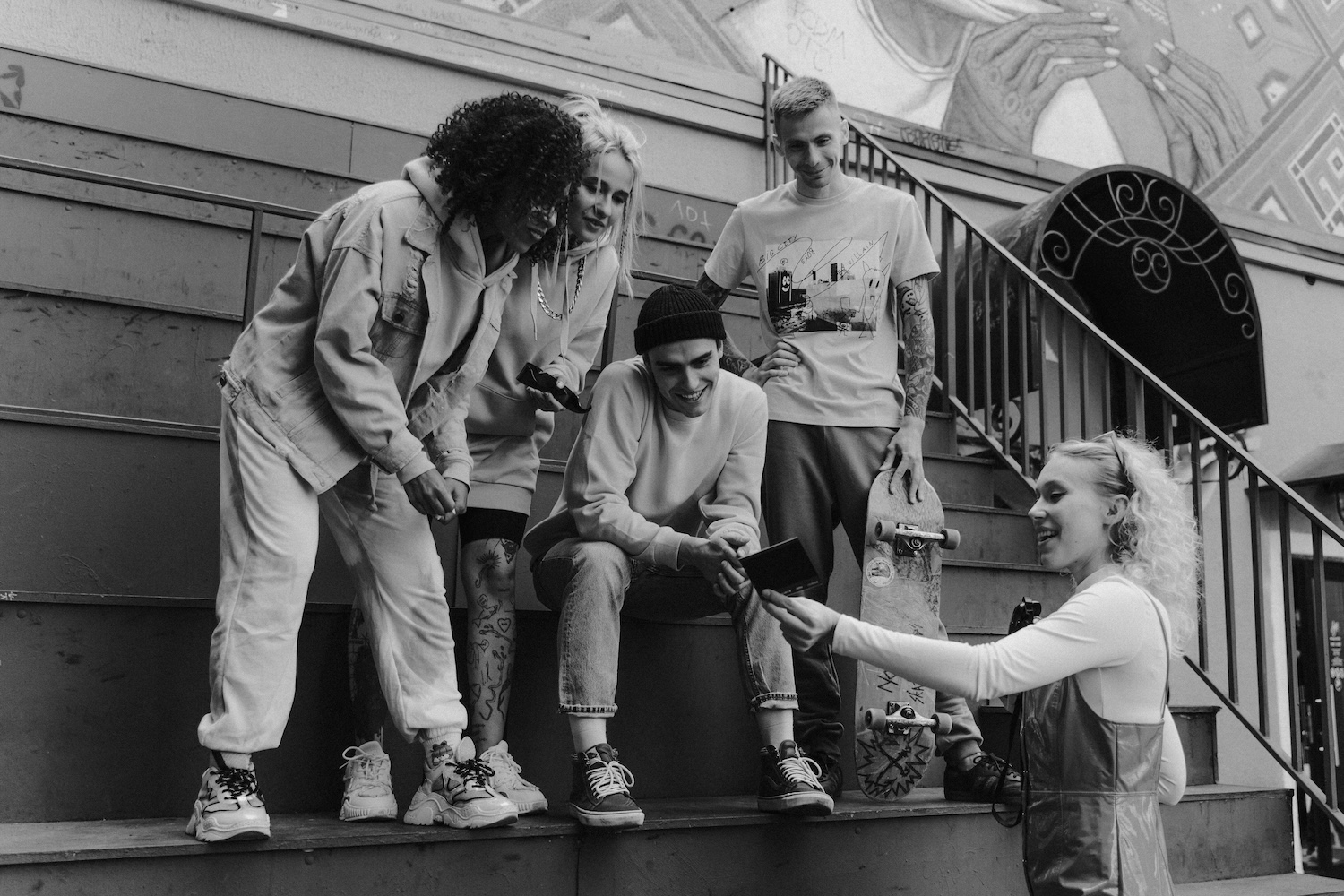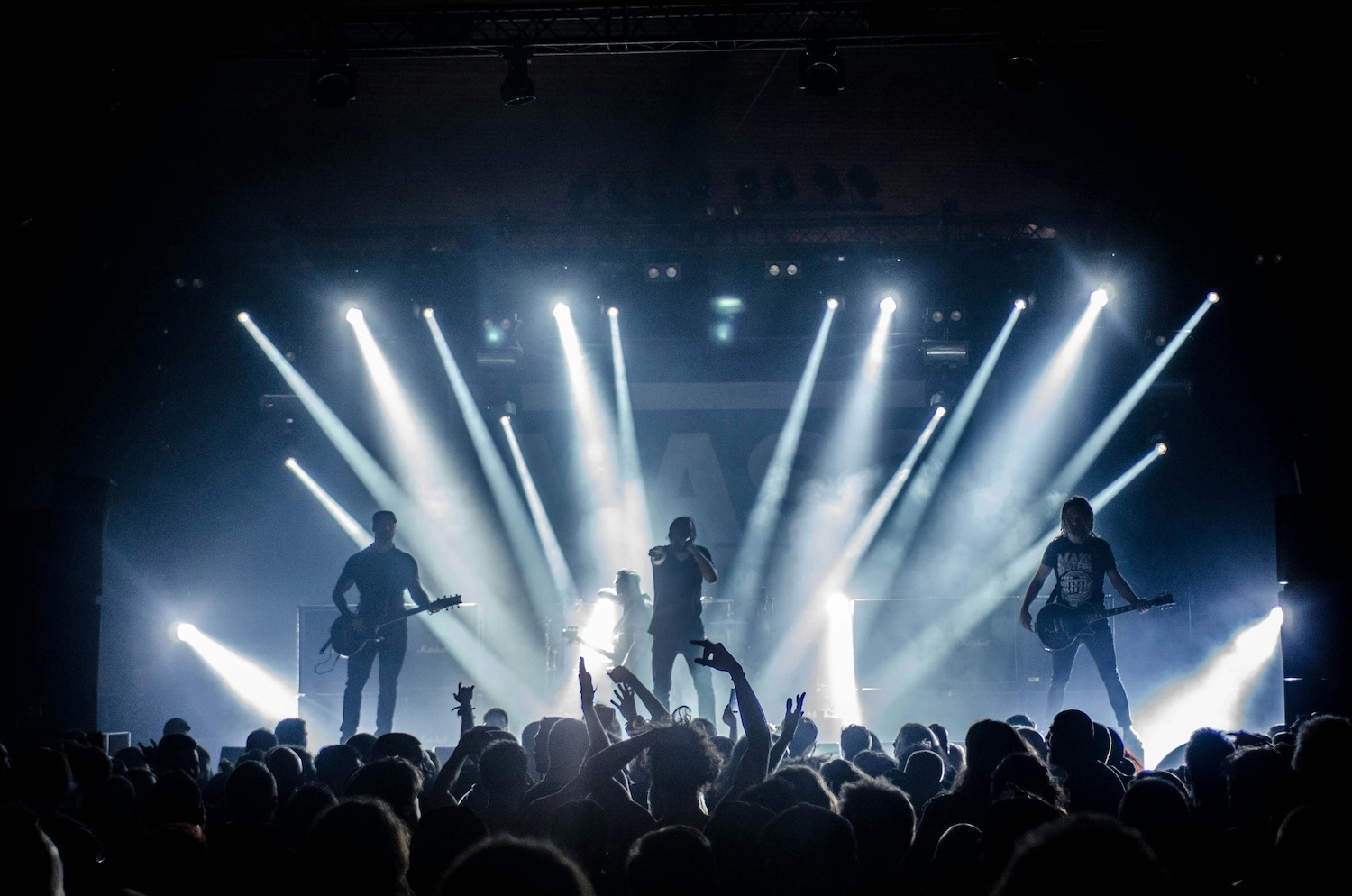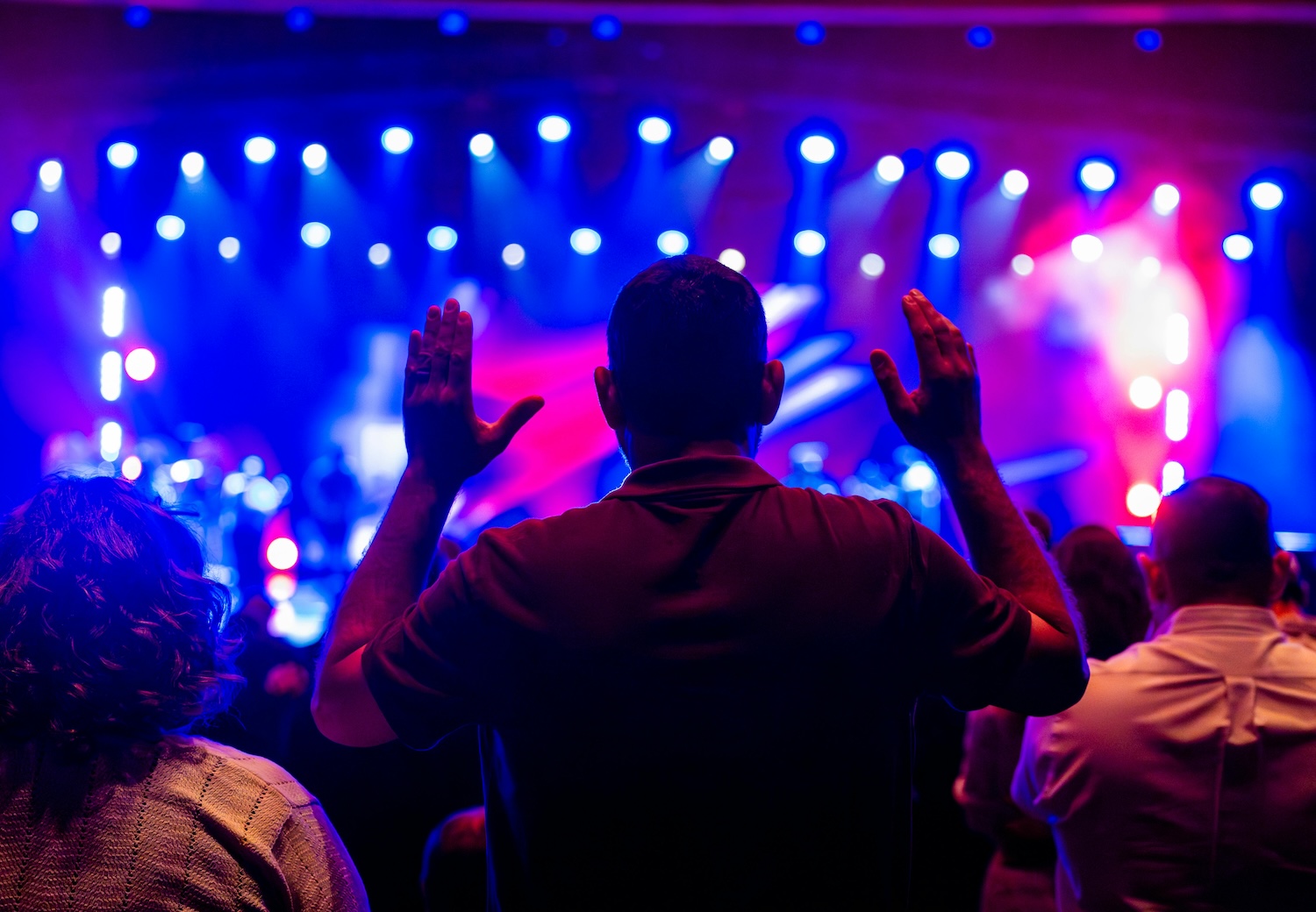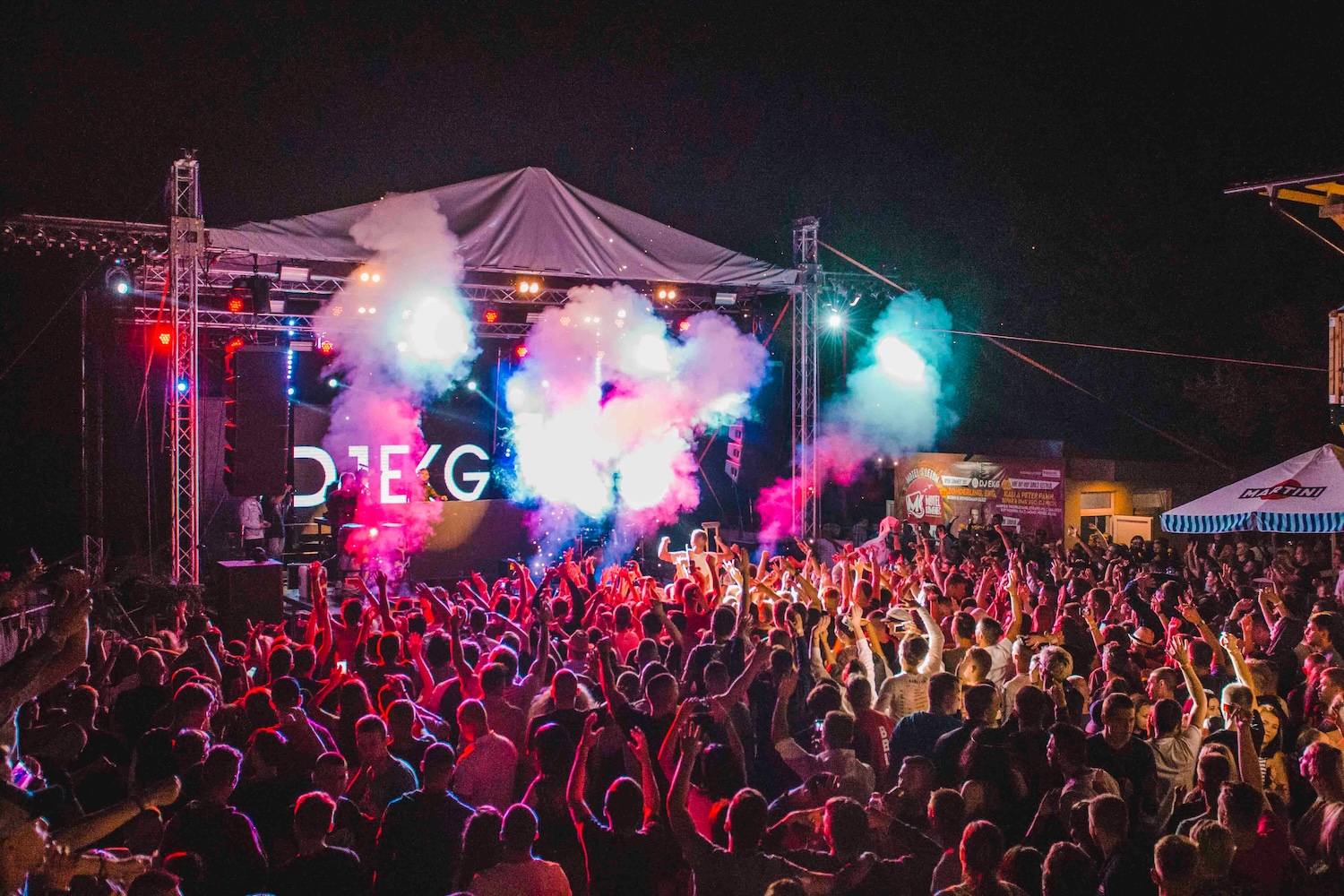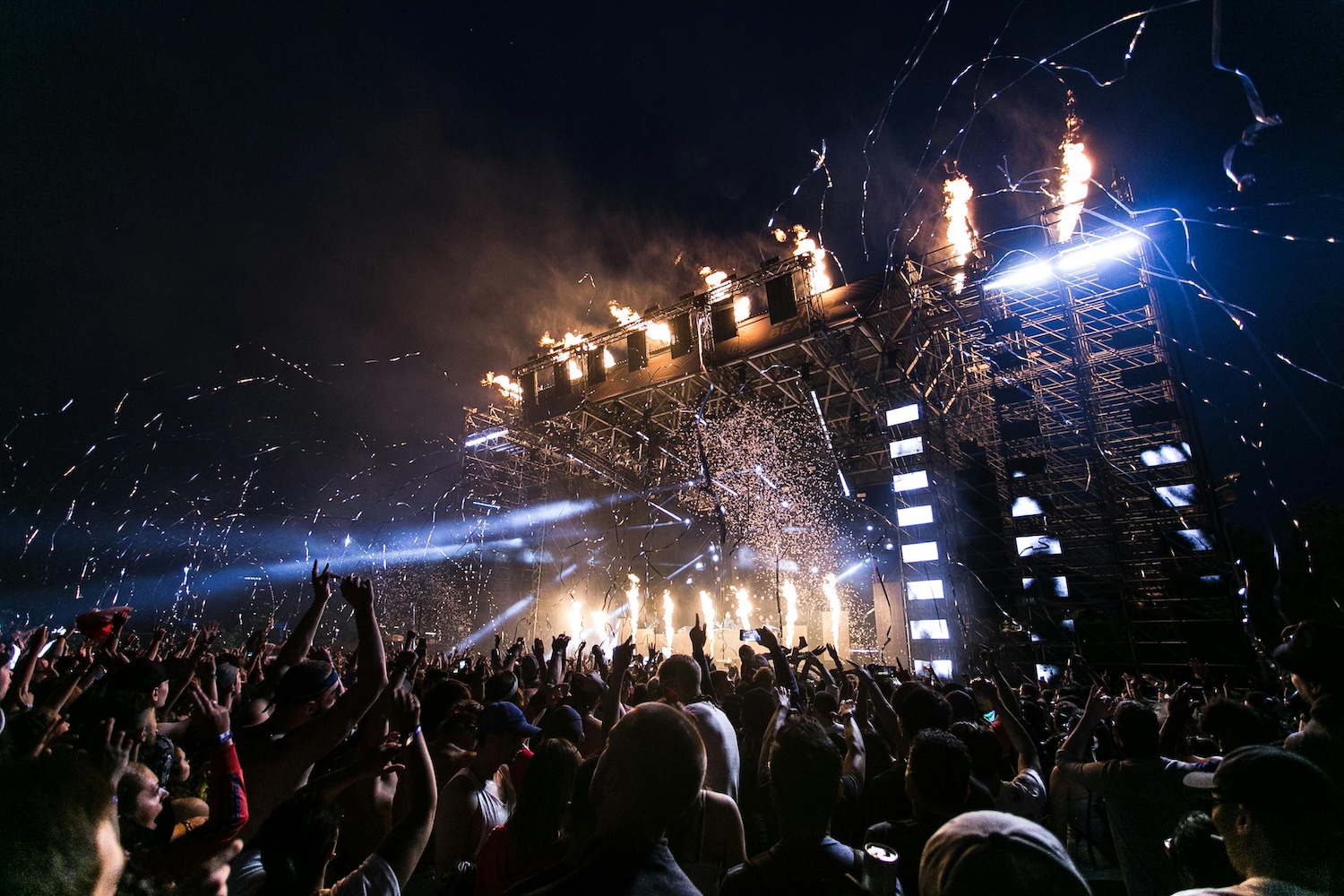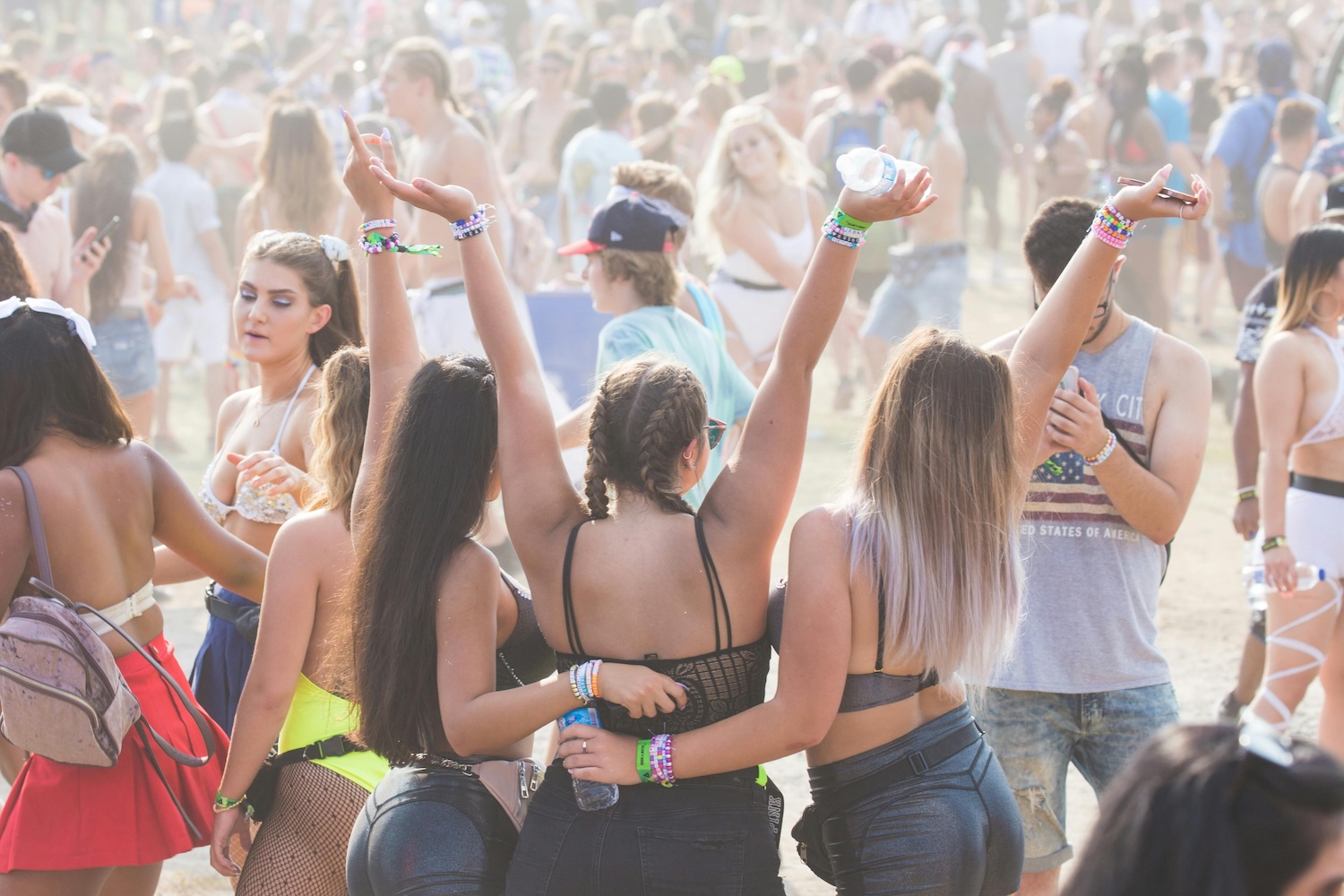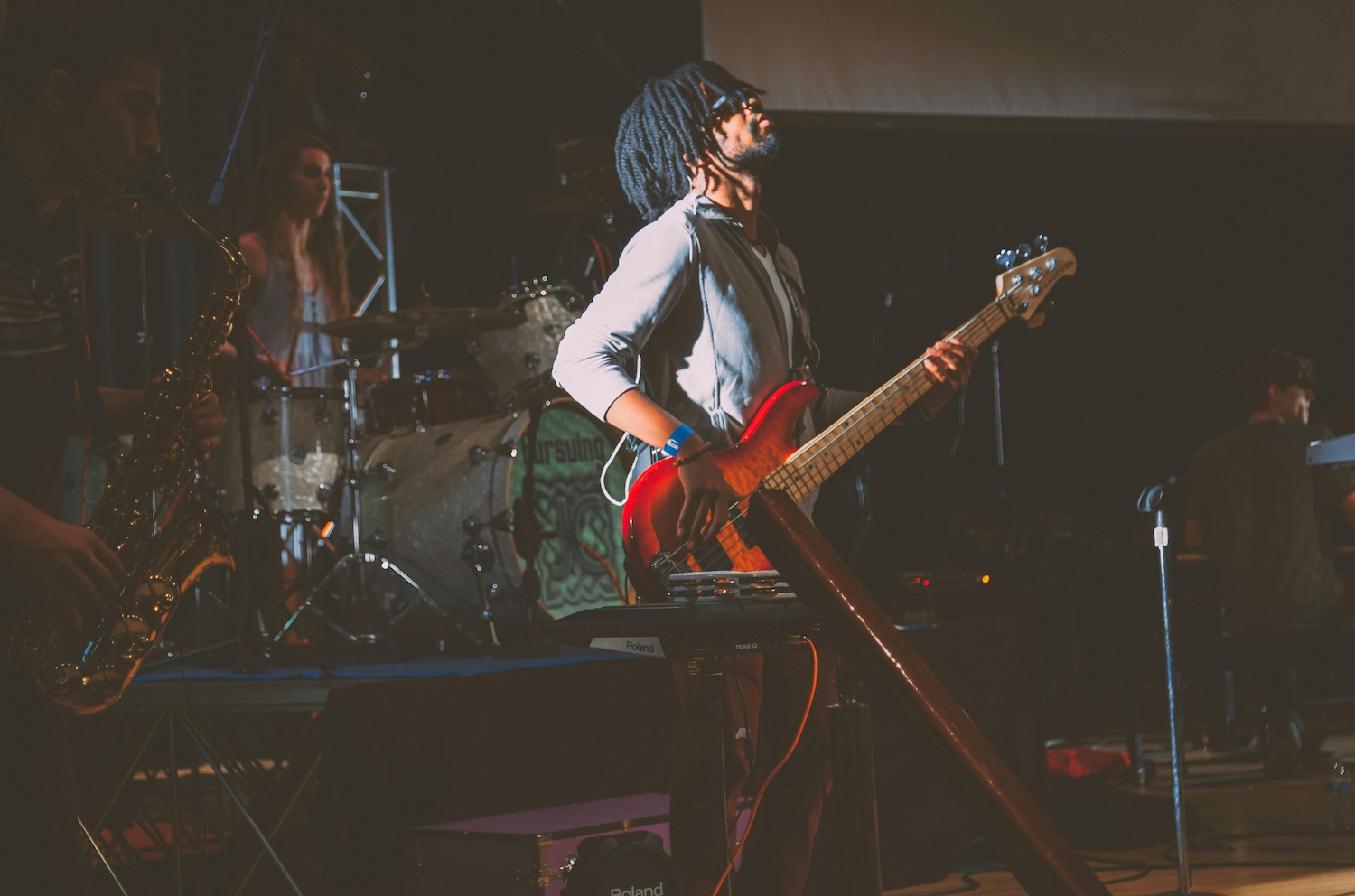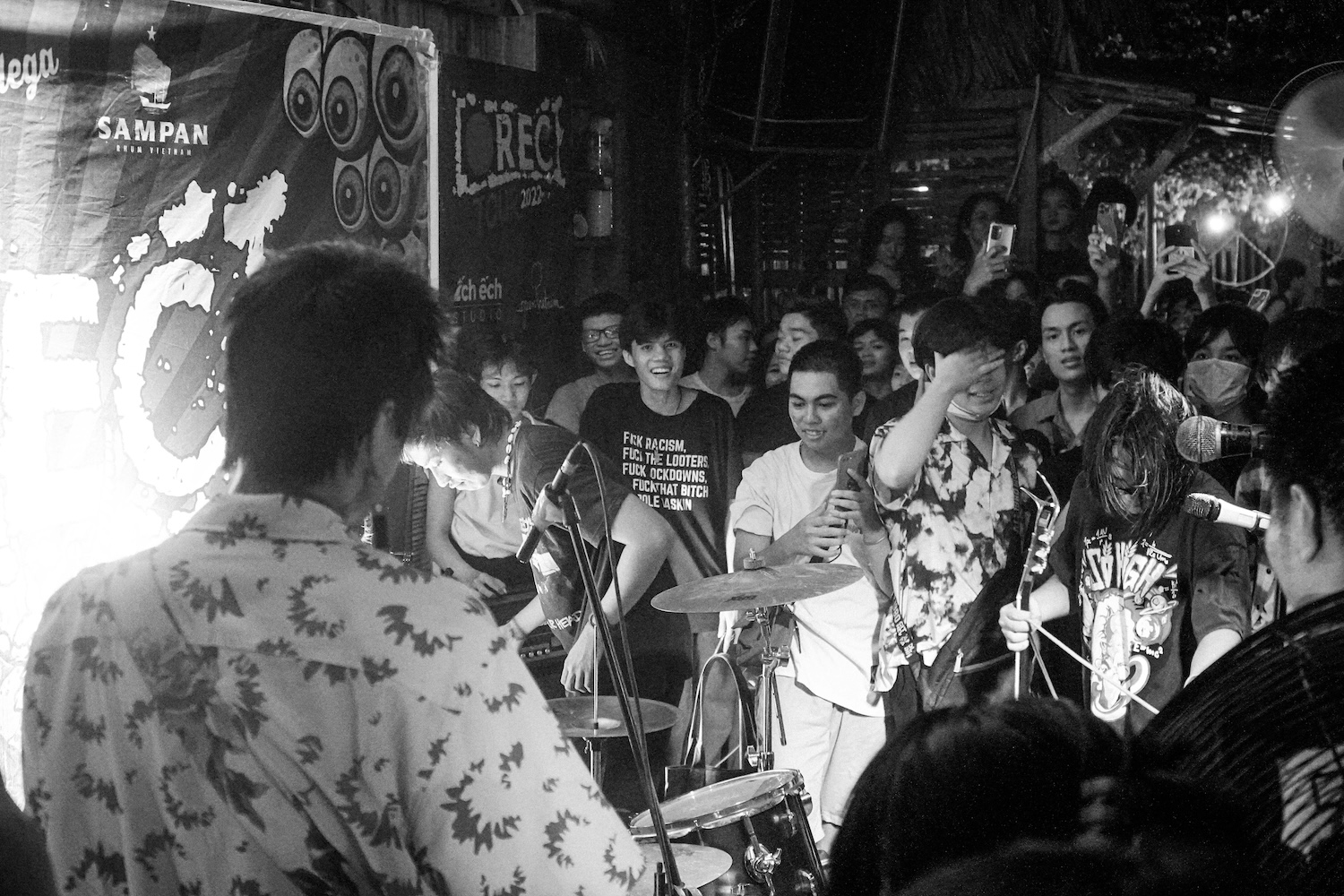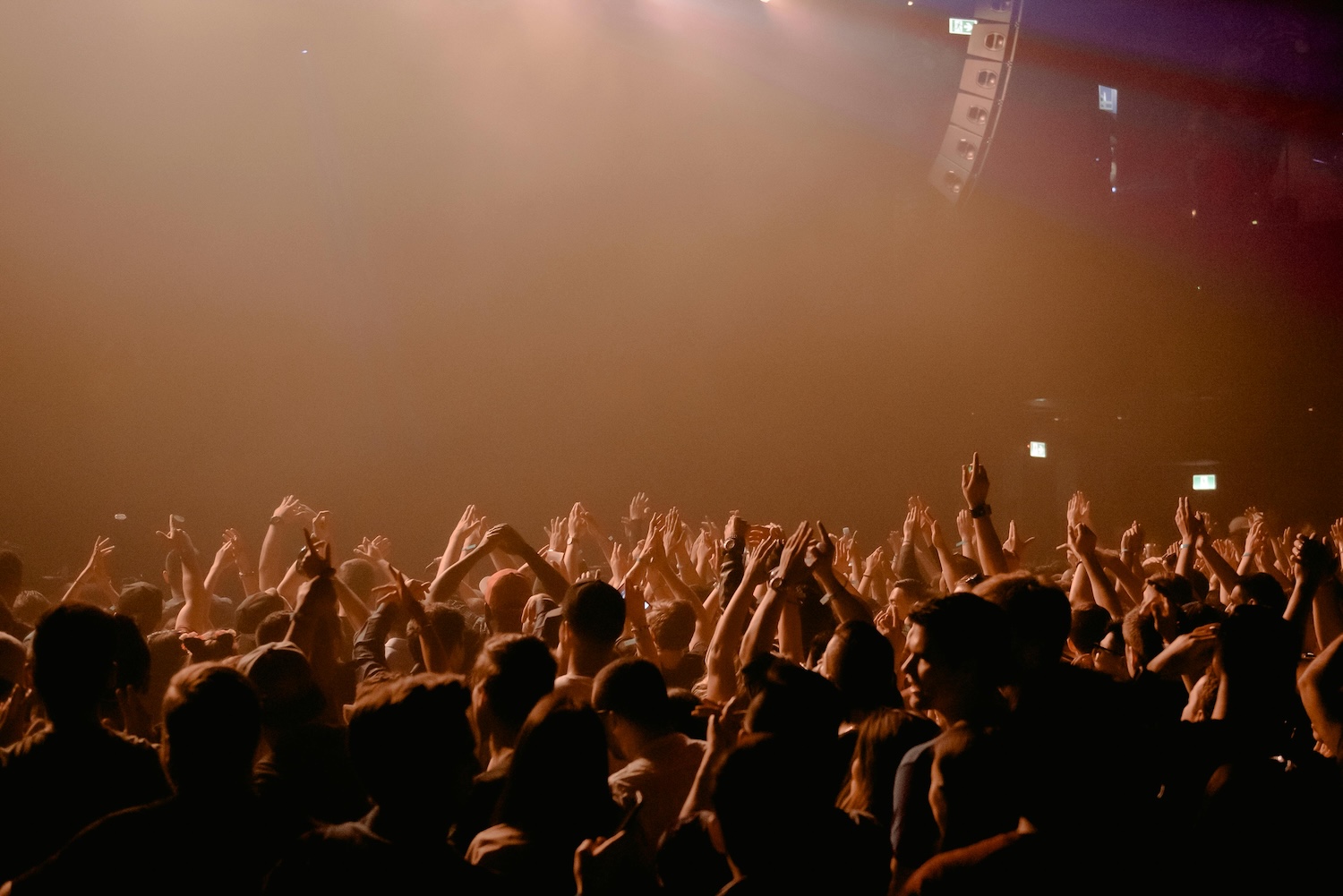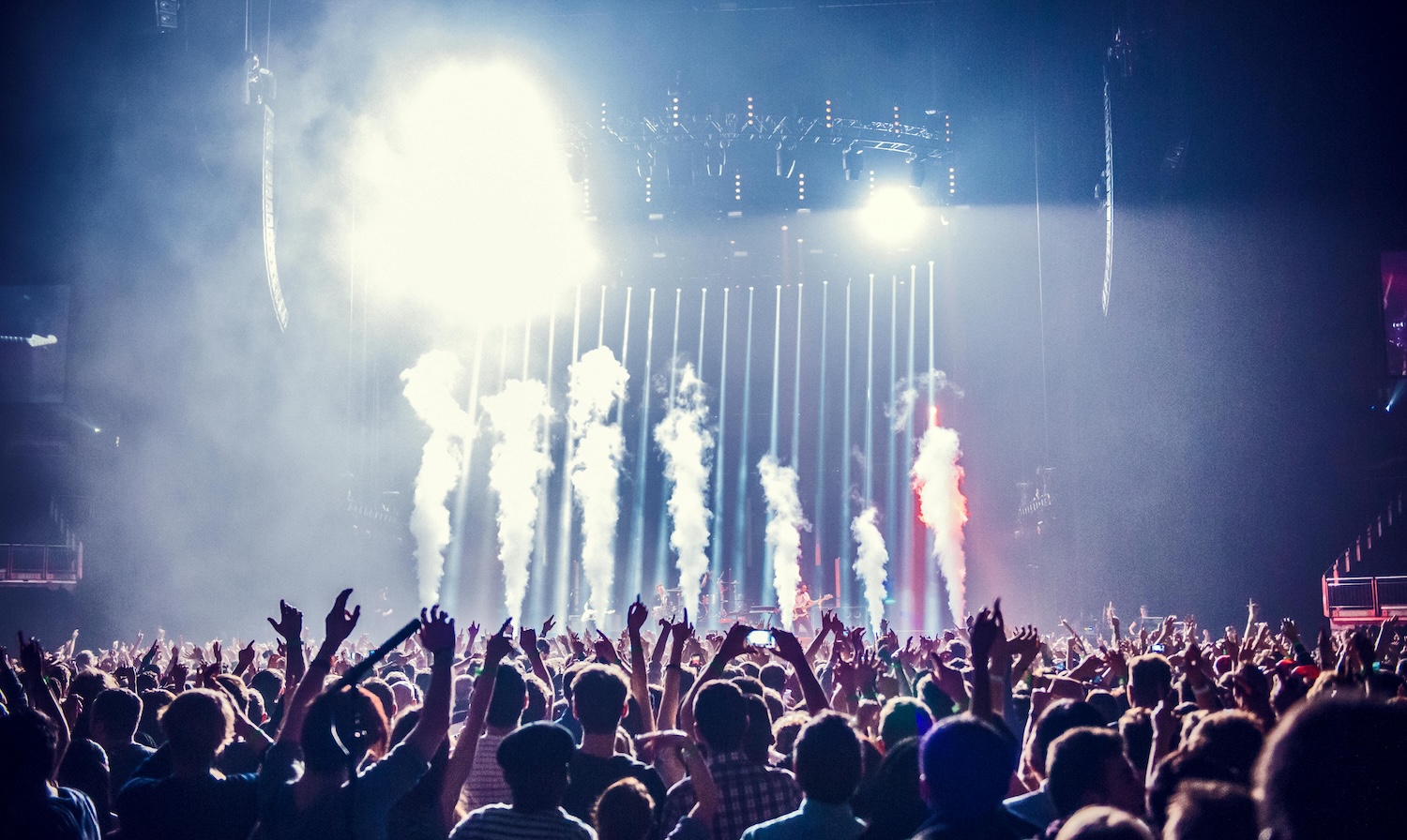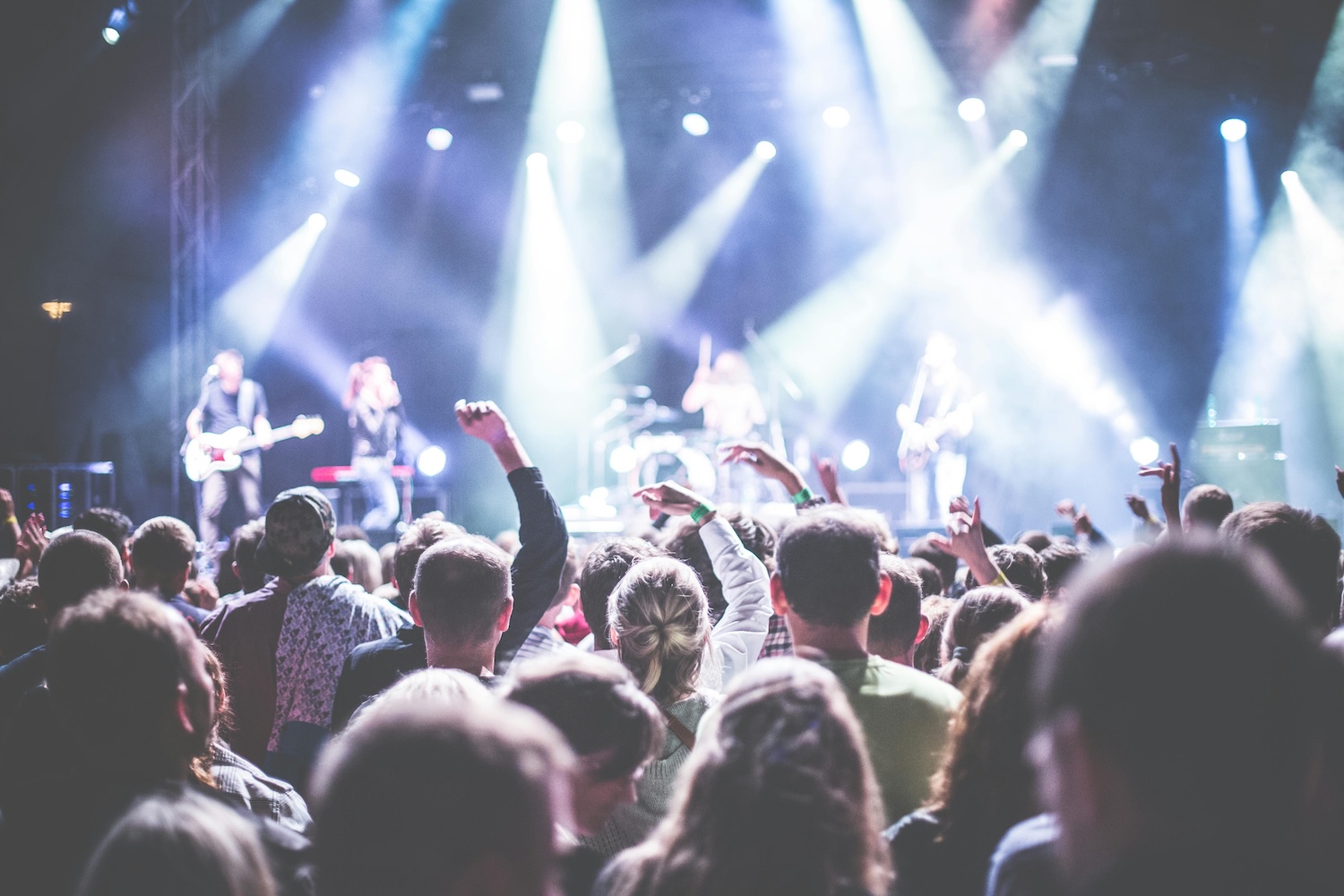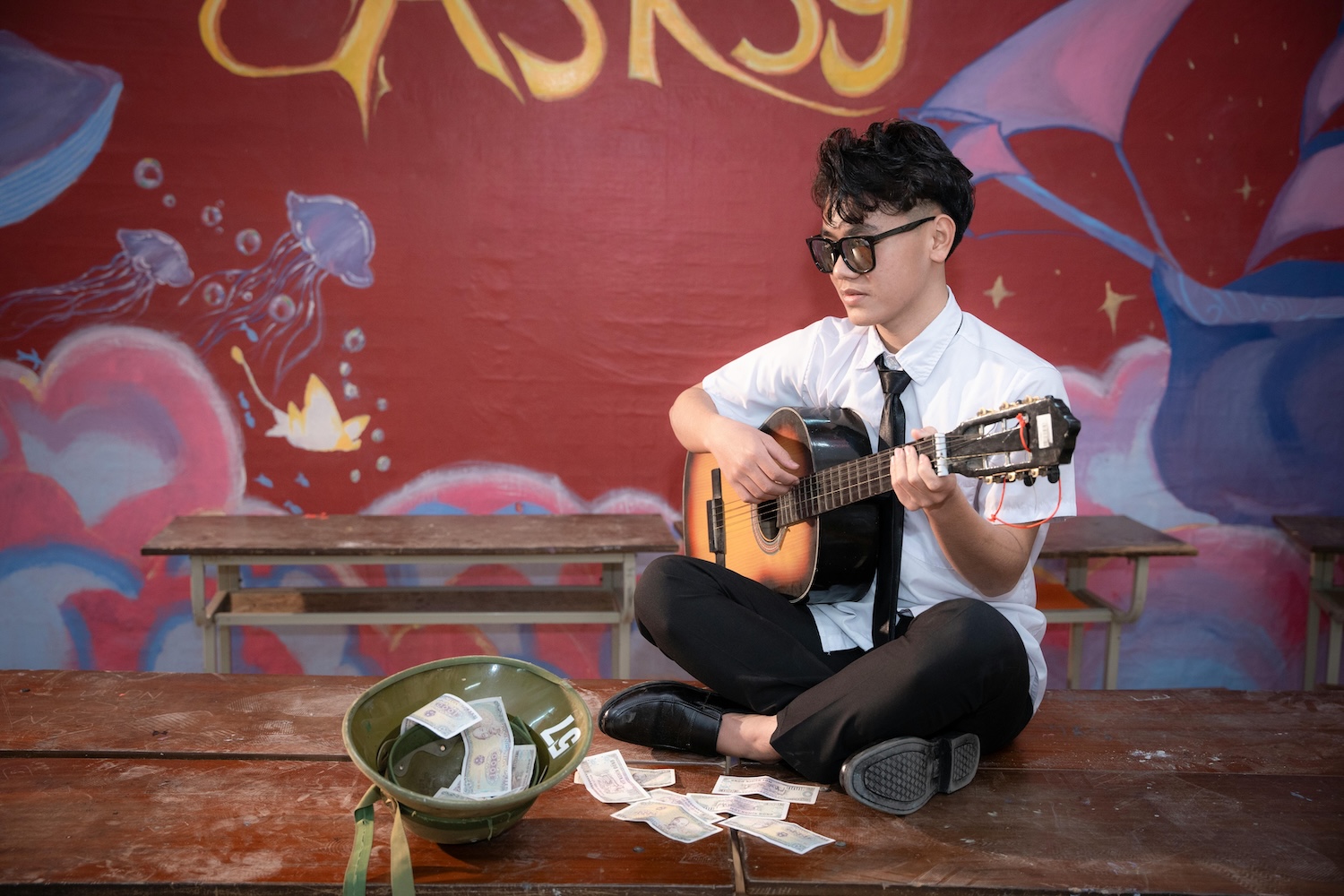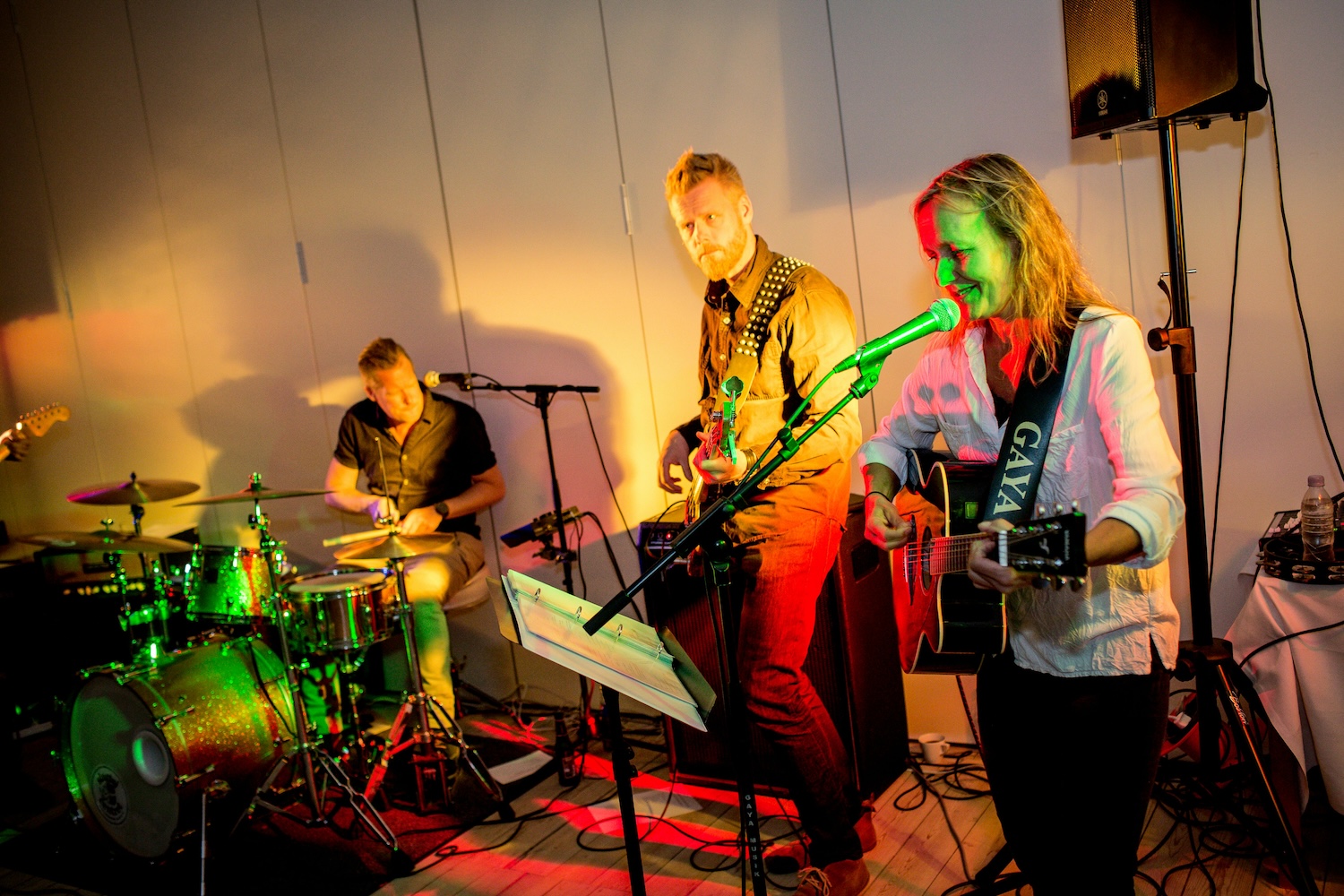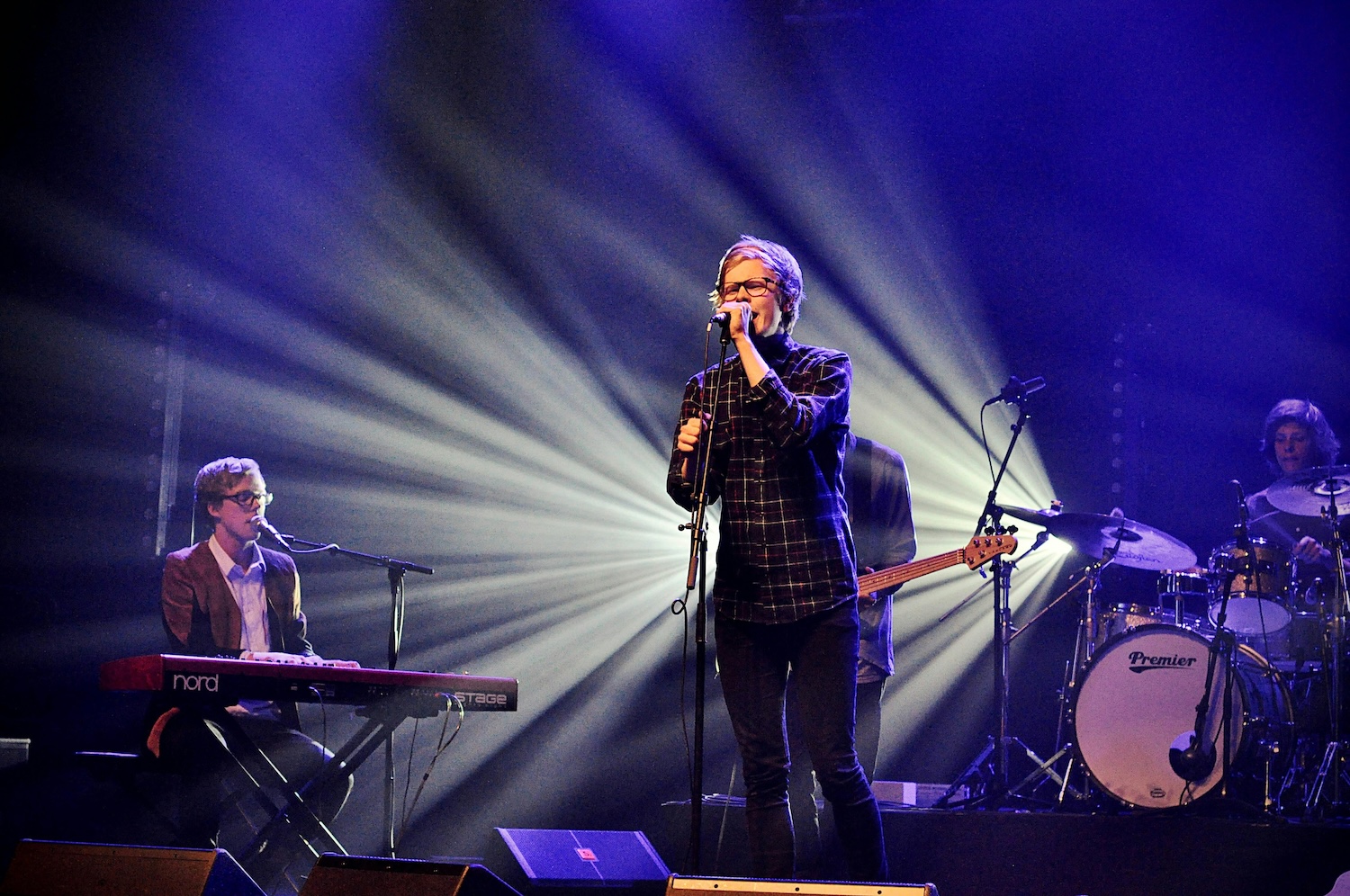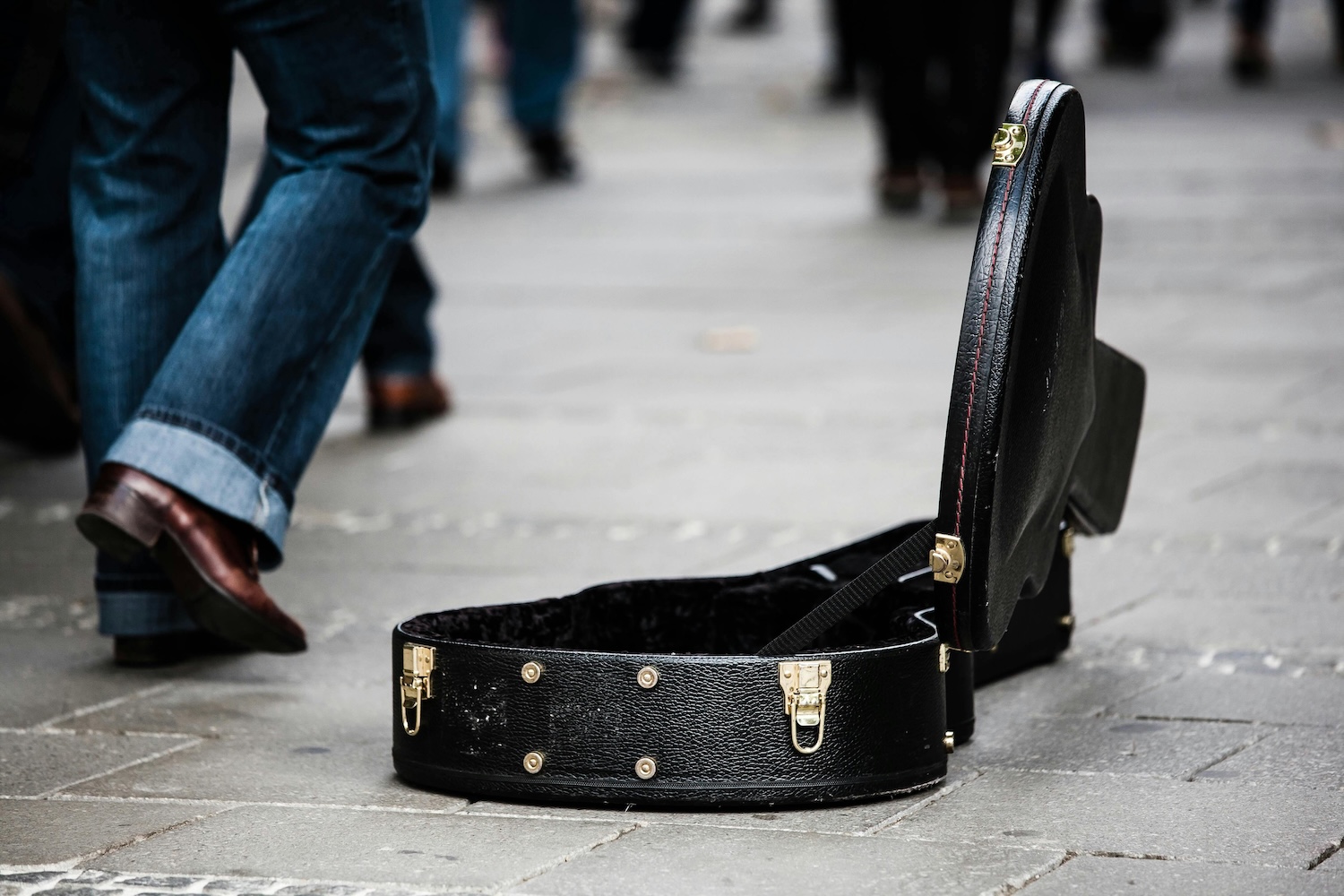From Festival to Community – How to Build Music Cities Like Roskilde
How does a city become known for more than its festival? Roskilde is a living example of how to create a sustainable music community where music, culture, and people connect all year round.
The city that never stops playing
Roskilde Festival is world-famous, but the real story lies in what happens after the stages go dark. The city has managed to turn the festival’s energy into a lasting ecosystem where music schools, venues, rehearsal spaces, studios, and creative industries work together. It’s where music takes root and grows anew.
From temporary experiences to lasting networks
The key to building a true music city is to think in networks rather than isolated events. When festivals, schools, associations, and local businesses collaborate, they create a structure that keeps the scene alive year-round. Young musicians gain access to mentors, local venues discover new talent, and audiences feel that music is always within reach.
Music as part of the city’s identity
Roskilde has made music part of its DNA. The Musicon district, Gimle venue, the local music school, and projects like “Alle Tiders Musikby” are all examples of how culture can shape urban development. When creativity becomes a natural part of everyday life, it creates not only quality of life but also jobs and pride.
Digital infrastructure for modern music communities
Today, much of the music scene also lives online. Platforms like Beatnickel can connect local musicians, bands, and organizers digitally, making collaboration and discovery easier. A strong digital foundation supports—not replaces—the physical community, helping it grow stronger.
The future of music cities grows from the ground up
Building a music city isn’t about grand projects. It’s about people and cooperation. It’s about giving young talent space, supporting local initiatives, and creating places where music can thrive. The model Roskilde has built can inspire cities everywhere to develop their own creative ecosystems.
Roskilde proves that music can be the foundation for both community and city development. When culture, education, and business work together, cities come alive with creativity. The future of music cities isn’t built on bricks alone but on rhythm, relationships, and passion.



